Pooja P. Advani, MBBS, MD
Assistant Professor, Department of Hematology and Oncology, Mayo Clinic, Jacksonville, FL
Azka Ali, MD
Hematology and Medical Oncology, Cleveland Clinic Main Campus,
Cleveland, OH
Katherine Ansley, MD
Clinical Associate Professor, Hematology and Oncology, Wake Forest University, School of Medicine, Winston Salem, NC
Carlos H. Barcenas, MD, MSc Associate Professor, Breast Medical Oncology, The University of Texas MD Anderson Cancer Center, Houston, TX
Aditya Bardia, MD, MPH
Professor of Medicine, Geffen School of Medicine at UCLA, Director, Breast Oncology Program, Assistant Chief (Translational Research), Division of Medical Oncology, Director of Translational Research Integration, UCLA Health Jonsson Comprehensive Cancer Center, Los Angeles, CA
Heather Beckwith, MD
Associate Professor of Medicine, Division of Hematology, Oncology, and Transplantation, University of Minnesota, Minneapolis, MN
Adam Brufsky, MD, PhD
Professor of Medicine, Co-Director, Cancer Therapeutics Program, UPMC Hillman Cancer Center, University of Pittsburgh School of Medicine, Pittsburgh, PA
Rena D. Callahan, MD
Associate Clinical Professor, Division of Hematology Oncology, UCLA David Geffen School of Medicine, Los Angeles, CA
Isaac Chan, MD, PhD
Assistant Professor, Department of Internal Medicine, UT Southwestern Medical Center, Dallas, TX
Nancy Chan, MD
Medical Oncologist, Drector, Breast Cancer Clinical Research, NYU Perlmutter Cancer Center, New York, NY
Saranya Chumsri, MD
Professor of Oncology, Mayo Clinic Breast Disease Group Research Co-Chair, Mayo Clinic HER2 Working Group
Co-Chair, South Jacksonville, FL
Katherine Clifton, MD
Assistant Professor of Medicine, Division of Oncology, Section of Medical Oncology, WashU Medicine, Saint Louis, MO
Alison K. Conlin, MD
Physician and Researcher, Providence Cancer Institute, Portland, OR
Massimo Cristofanilli, MD
Professor of Medicine, Department of Medicine, Division of Hematology & Oncology, Chief of Breast Medical Oncology, Associate Director of Precision Medicine, Meyer Cancer Center, Scientific Director, Englander Institute of Precision Medicine (EIPM) Weill-Cornell Medicine/New York Presbyterian, New York, New York
Ajay Dhakal
Assistant Professor, Department of Medicine, University of Rochester Medical Center, Rochester, NY
Frederick M. Dirbas, MD
Associate Professor of Surgery, Department: Surgery - General Surgery, Stanford Cancer Center, Palo Alto, CA
Milana V. Dolezal, MD, MSci
Associate Professor, Medicine – Oncology, Stanford University School of Medicine,
Palo Alto, CA
Jailan Elayoubi, MD
Breast Medical Oncologist, Karmanos Cancer Center, Detroit, MI
Anthony Elias, MD
Professor, Medicine-Medical Oncology, UCHealth Diane O’Connor Thompson Breast Center, Anschutz Medical Campus, Aurora, CO
Leif W. Ellisen, MD, PhD
Program Director, Breast Medical Oncology, Professor of Medicine, Harvard Medical School, Clinical Director, Breast and Ovarian Cancer Genetics, Boston, MA
Julia Foldi, MD, PhD
Assistant Professor of Medicine, Division of Hematology/Oncology, University of Pittsburgh School of Medicine, Breast Medical Oncology, Magee Womens Hospital of UPMC, Pittsburgh, PA
VK Gadi, MD, PhD
Professor and Director of Medical Oncology, Department of Medicine, Associate Director, Translational Oncology, Department of Medicine, Division of Hematology and Oncology, University of Illinois Cancer Center, Chicago, IL
Shipra Gandhi, MD, MS
Associate Professor, Department of Hematology and Medical Oncology, Director of Breast Translational Research, Glenn Family Breast Center, Winship Cancer Institute of Emory University, Atlanta, GA
Antonio Giordano, MD, PhD
Assistant Professor, Harvard Medical School, Medical Director Center for Cancer Therapeutic Innovation, Medical Director Breast Cancer Pathway, Department of Medical Oncology, Dana-Farber Cancer Institute, Boston, MA
Bruce G Haffty, MD, FACR, FASTRO, FASCO
Associate Vice Chancellor Cancer Programs, Rutgers Biomedical and Health Sciences, Professor and Chair Dept of Radiation Oncology, Robert Wood Johnson and NJ Medical School, Rutgers Cancer Institute of New Jersey, New Brunswick, NJ
Norah Lynn Henry, MD, PhD
Daniel F. Hayes MD Breast Cancer Research Professor, Professor and Interim Division Chief, Division of Hematology/Oncology, University of Michigan Rogel Cancer Center,
Ann Arbor, MI
Jasmin Hundal, MD, MS, MPH Hematology/Oncology Fellow,
Cleveland Clinic, Ceveland, OH
Natasha Hunter
Assistant Professor, Clinical Research Division, Fred Hutchinson Cancer Research Center, Seattle, WA
Laura Huppert, MD
Assistant Professor, Division of Hematology/Oncology, Department of Medicine, UCSF, San Francisco CA
Hanna Irie, MD, PhD
Associate Professor of Medicine Department of Medicine Division of Hematology and Medical Oncology, Mount Sinai
New York, NY
Toshiaki Iwase, MD, PhD
Associate Professor, University of Hawaii Cancer Center, Honolulu, HI
Reshma Jagsi, MD, DPhil
Lawrence W. Davis Professor and Chair, Department of Radiation Oncology, Emory University School of Medicine, Atlanta, GA
Sheheryar K. Kabraji, BM, BCh Associate Professor of Oncology, Chief of Breast Medicine, Department of Medicine, Roswell Park Comprehensive Cancer Center, Buffalo, NY
Sailaja Kamaraju, MD, MS
Associate Professor, Froedtert/Medical College of Wisconsin, Division of Hematology/Oncology, Milwaukee, WI
Laura C. Kennedy, MD, PhD
Assistant Professor, Vanderbilt University Medical Center, Nashville, TN
Andrew Koff, PhD
Professor, Member, Molecular Biology Program, Head, Laboratory of Cell Cycle Regulation, Memorial Sloan Kettering Cancer Center,
York Avenue, NY
Loretta Loftus, MD, MBA
Professor Vice Chair Department of Breast Oncology, Moffitt Cancer Center, Tampa, FL
Janice Lu, MD, PhD
Professor and Director of Breast Medical Oncology, Clinical Co-leader, Breast Cancer Research Program, Division of Hematology and Oncology, Assistant Director for Translational Research, Lurie Comprehensive Cancer Center, Clinical Director, Circulating Tumor Cell Core Facility, Northwestern University Feinberg School of Medicine, Chicago, IL
Douglas K. Marks, MD
Associate Professor (Clinical), Department of Medicine, NYU Grossman Long Island School of Medicine, Mineola, NY
Jennifer M. Matro, MD
Medical Oncologist, Co-Director of Breast Oncology, Fair Oaks Inova Schar Cancer Institute, Vienna, VA
Kelly E. McCann, MD, PhD
Assistant Clinical Professor, Department of Medicine, Division of Hematology and Oncology, David Geffen School of Medicine at the University of California Los Angeles, Santa Monica, CA
Julia E. McGuinness, MD
Assistant Professor, Division of Hematology/Oncology, Columbia University Irving Medical Center, New York, NY
Sofia D. Merajver, MD, PhD
Professor, Epidemiology, Professor, Department of Internal Medicine, Director, Breast and Ovarian Cancer Risk and Evaluation Program, University of Michigan, Ann Arbor, MI
Rita Mukhtar, MD
Associate Professor, Breast Surgical Oncology, School of Medicine, University of California, San Francisco, CA
Pamela N. Munster, MD
Mariam Moghadam Safinia Distinguished Professor of Medicine, Program Leader Molecular Oncology Program, Co-Leader BRCA Center for Research, Director of Early Phase Clinical Trials' Program, Helen Diller Cancer Center, University of California, Founder and CEO, Alessa Therapeutics, San Francisco, CA
Blessie E. Nelson, M.B.B.S., D.M.R.T. Assistant Professor, Department of Breast Medical Oncology, The University of Texas MD Anderson Cancer Center, Houston, TX
Polly Niravath, MD
Associate Professor, Section Chief, Breast Oncology, Director, Cancer Survivorship Program, Lois E. And Carl A. Davis Centennial Chair in Cancer Research, Dr. Mary and Ron Neal Cancer Center, Houston Methodist Hospital, Houston, TX
Sara Nunnery, MD, MSCI
Director of Breast Cancer Research, Physician, Tennessee Oncology,
Mt. Juliet, TN
Mark Pegram, MD
Suzy Yuan-Huey Hung Endowed Professor, Professor of Medicine, Medical Director of the Stanford Clinical Translational Research Unit, Associate Dean for Clinical Research Quality, Stanford University School of Medicine, Associate Director of Clinical Research, Stanford Comprehensive Cancer Institute, Stanford, CA
Edith A. Perez
Professor Emeritus, Mayo Clinic,
Kenwood, CA
Emanuel Petricoin III, PhD
Distinguished University Professor, Co-Director, Center for Applied Proteomics and Molecular Medicine, George Mason University, Fairfax, VA
Pedram Razavi, MD, PhD
Director, MSK Breast Translational Platform Director, Liquid Biopsy and Genomics. MSK Biomarker Development Program Director, MSK Breast Molecular Tumor Board Memorial Sloan Kettering Cancer Center, New York, NY
Jordi Rodon Ahnert, MD, PhD
Associate Professor, Department of Investigational Cancer Therapeutics, Division of Cancer Medicine, The University of Texas MD Anderson Cancer Center, Houston, TX
Mina S. Sedrak, MD, MS
Associate Professor of Medicine,
Director of Cancer & Aging Program, David Geffen School of Medicine at UCLA,
Los Angeles, CA
Marla D. Lipsyc-Sharf, MD
Division of Hematology/Oncology, UCLA David Geffen School of Medicine, Santa Monica, CA
Priyanka Sharma, MD
Professor of Internal Medicine, Assistant Director of Clinical Research, Co-Leader of the Drug Discovery, Delivery, and Experimental Therapeutics Program, Vice Chair, SWOG Breast Committee, University of Kansas Medical Center, Kansas City, KS
Rebecca A. Shatsky, MD
Associate Professor of Medicine, Breast Medical Oncology Co-Team Leader, Scientific Director Inflammatory and Triple Negative Breast Cancer Program, UC San Diego Comprehensive Breast Health Team, La Jolla, CA
Sherry Shen, MD
Assistant Attending L1, Breast Medicine Service, Co-Lead, Lobular Breast Cancer Program, Memorial Sloan Kettering Cancer Center, New York, NY
Dennis Slamon, MD, PhD
Professor, Chief, and Executive Vice Chair for Research, Department of Medicine, UCLA Medical Center, Santa Monica, CA
Joseph A. Sparano, MD, FACP
MD Professor in Clinical Cancer Therapeutics, Deputy Director, Tisch Cancer Institute, Chief, Division of Hematology/Oncology, Icahn School of Medicine at Mt. Sinai, New York, NY
Shou-Ching Tang, MD, PhD, FACP, FRCPC
Associate Dean for Translational Research, LSU School of Medicine, Frances Zuppardo Endowed Professor in Cancer Research, Director of Phase I Clinical Trials, Associate Director, Clinical Research, LSU-LCMC Cancer Center, Louisiana State University (LSU) Health Sciences Center, New Orleans, LA
Megan Tesch
Physician, Instructor in Medicine, Dana-Farber Cancer Institute, Harvard Medical School, Boston, MA
Joyce O’Shaughnessy, MD
Celebrating Women Chair in Breast Cancer Research, Chair, Breast Cancer Research Program, Baylor University Medical Center, Texas Oncology/US Oncology Network, Dallas, TX
Christos Vaklavas, MD
Associate Professor, Huntsman Cancer Institute, University of Utah,
Salt Lake City, UT
Neil Vasan, MD, PhD
Director of Breast Cancer Translational Research, Assistant Professor, NYU Langone Health, New York, NY
Neha Verma, MD
Medical Oncologist, PGY-6, Johns Hopkins Hospital, Baltimore, MD
Elham Vosoughi, MD
Medical oncologist, UCSF Health,
San Mateo, CA
Irene Wapnir, MD
Professor of Surgery, Department: Surgery - General Surgery, Stanford Cancer Center, Palo Alto, CA
Mei Wei, MD
Associate Professor, Huntsman Cancer Institute, University of Utah,
Salt Lake City, Utah
Robert A. Winn, MD
Director & Professor, School of Medicine Internal Medicine, Virginia Commonwealth University, Massey Comprehensive Cancer Center, Richmond, VA
Sarah J. Wood, MD
Breast Medical Oncologist, Tennessee Oncology, Nashville, TN
Lesley Wu, MD
Assistant Professor of Medicine, Boston University School of Medicine, Director of Cancer Genetics, Breast Medical Oncologist, Section of Hematology and Medical Oncology, Boston Medical Center, Boston, MA
Yuan Yuan, MD, PhD
Professor, Cedars-Sinai Medical Center, Director, Breast Medical Oncology Medicine, Medical Director, Breast Oncology Disease Research Group, Los Angeles, CA
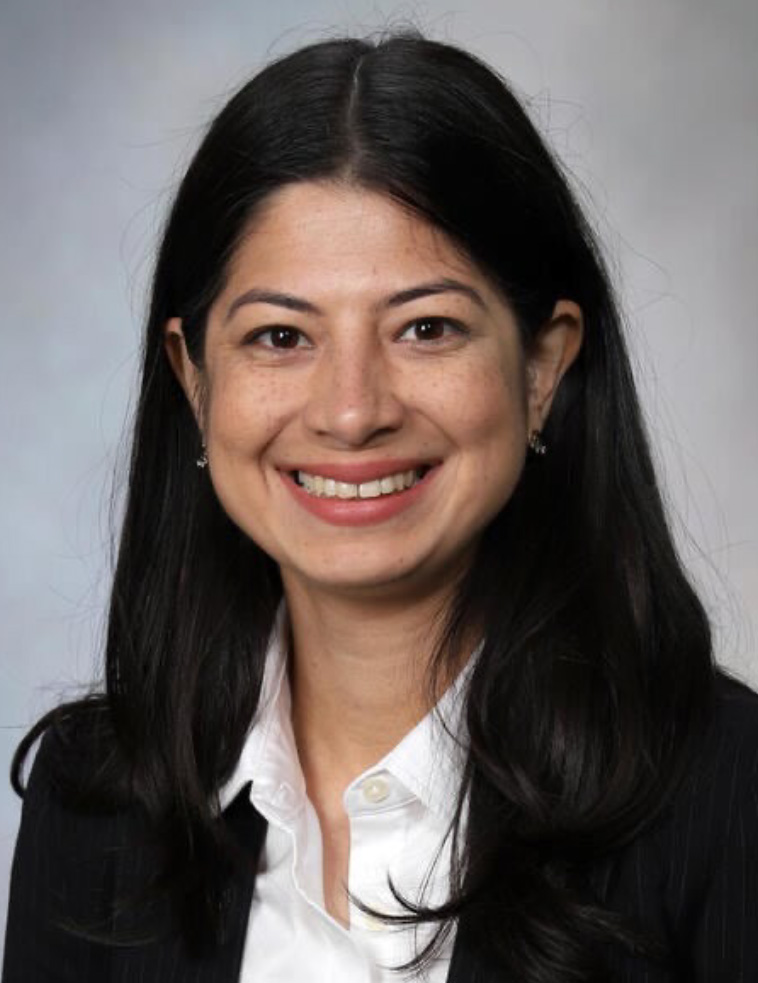
Pooja P. Advani, MBBS, MD
Assistant Professor, Department of Hematology and Oncology, Mayo Clinic, Jacksonville, FL
Dr. Pooja Advani is a Consultant and Assistant Professor of Medicine at Mayo Clinic. She earned her medical degree in Mumbai, India and completed her residency at the State University of New York. She is a graduate of the Mayo Clinic Hematology and Oncology Fellowship program where she also served as the Chief Fellow. She is a breast medical oncologist and the Director of the Robert and Monica Jacoby Center for Breast Health at Mayo Clinic, Jacksonville. She is a laboratory-based physician-scientist. Her current research interests are centered on understanding and leveraging the molecular underpinnings of cancer biology to help develop novel therapeutics to improve patient outcomes. Dr. Advani has authored several peer reviewed publications in prestigious journals, editorials, and book chapters. She has been a recipient of a number of grant funding in support of her research interests including NIH, and Department of Defense funding. She also serves as the principal investigator of several Phase II/III breast cancer clinical trials including investigator-initiated trials. Dr. Advani serves as a core faculty member for the Mayo Clinic Florida Hematology-Oncology fellowship program and career advisor for medical students. She has also earned several awards for excellence in patient care.
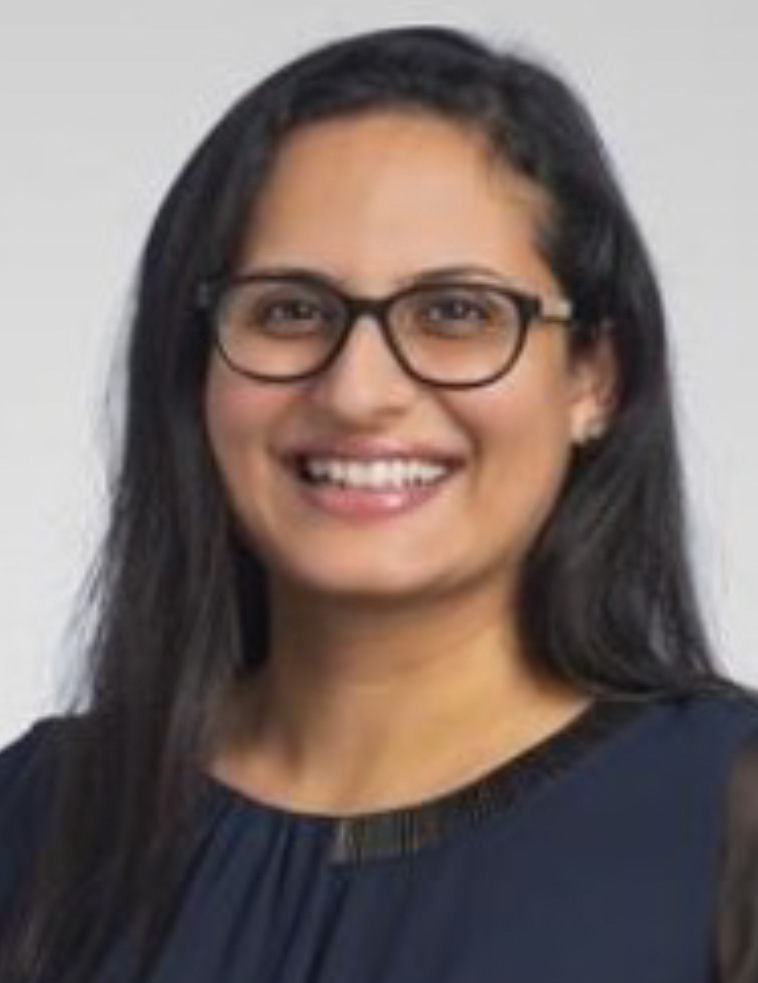
Azka Ali, MD
Hematology and Medical Oncology, Cleveland Clinic, Main Campus, Cleveland, OH
Dr. Azka Ali is a medical oncologis tat the Cleveland Clinic Taussig Cancer Institute specializing in treating patients with breast cancer. Dr. Ali graduated from the Medical University of South Carolina College of Medicine. She pursued her residency in internal medicine and fellowship in Hematology and Medical Oncology from the University of Florida. Her treatment philosophy is focused on a patient-centric and shared-decision making approach while incorporating the most recent FDA approved therapies as she helps patients through their breast cancer journey. Her research interests include clinical research in developmental therapeutics with a focus on improving outcomes for patients with recurrent and metastatic disease. She has experience in designing oncology clinical trials, and she works closely with her patients to find the right trial for them.
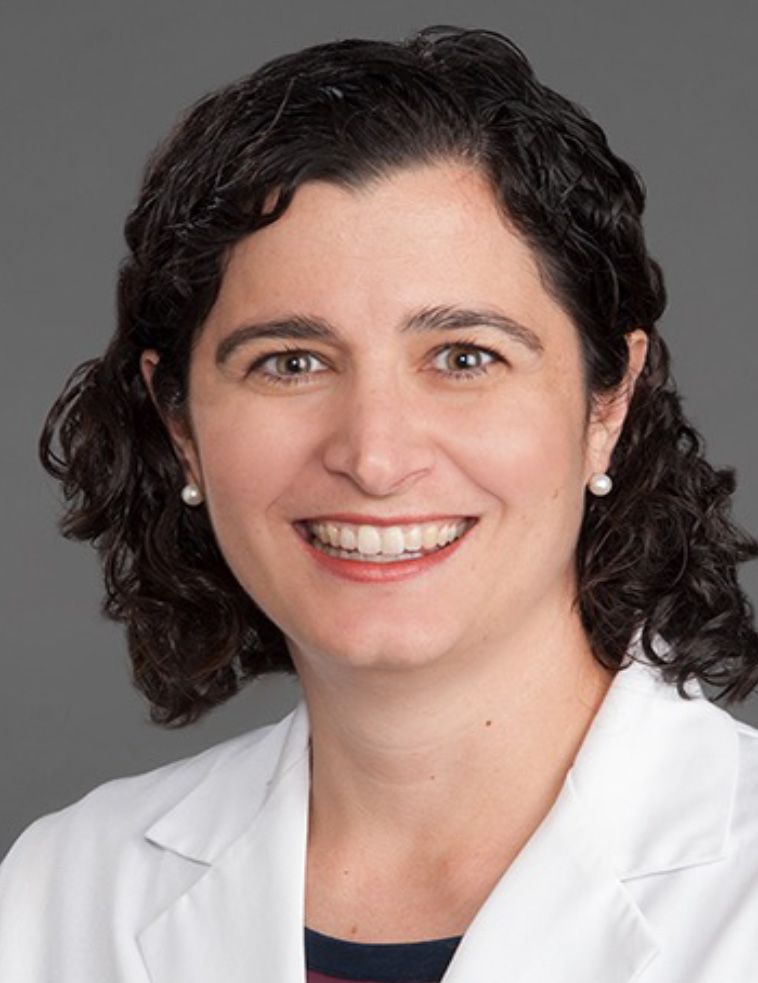
Katherine Ansley, MD
Clinical Associate Professor, Hematology and Oncology, Wake Forest University, School of Medicine, Winston Salem, NC
Dr. Katherine C. Ansley is an oncologist in Winston Salem, North Carolina and is affiliated with Atrium Health Wake Forest Baptist Medical Center. She received her medical degree from The University of Texas Health Science Center at San Antonio and has been in practice between 11-20 years. Dr. Katherine C. Ansley has expertise in treating breast cancer among other conditions. Dr. Ansley has made significant contributions to medical literature through several publications, focusing on areas such as cardiovascular impacts of estrogen deprivation in breast cancer, biomechanical model-based elasticity imaging, yoga skills training during chemotherapy, myocardial function and taxane peripheral neuropathy in breast cancer.
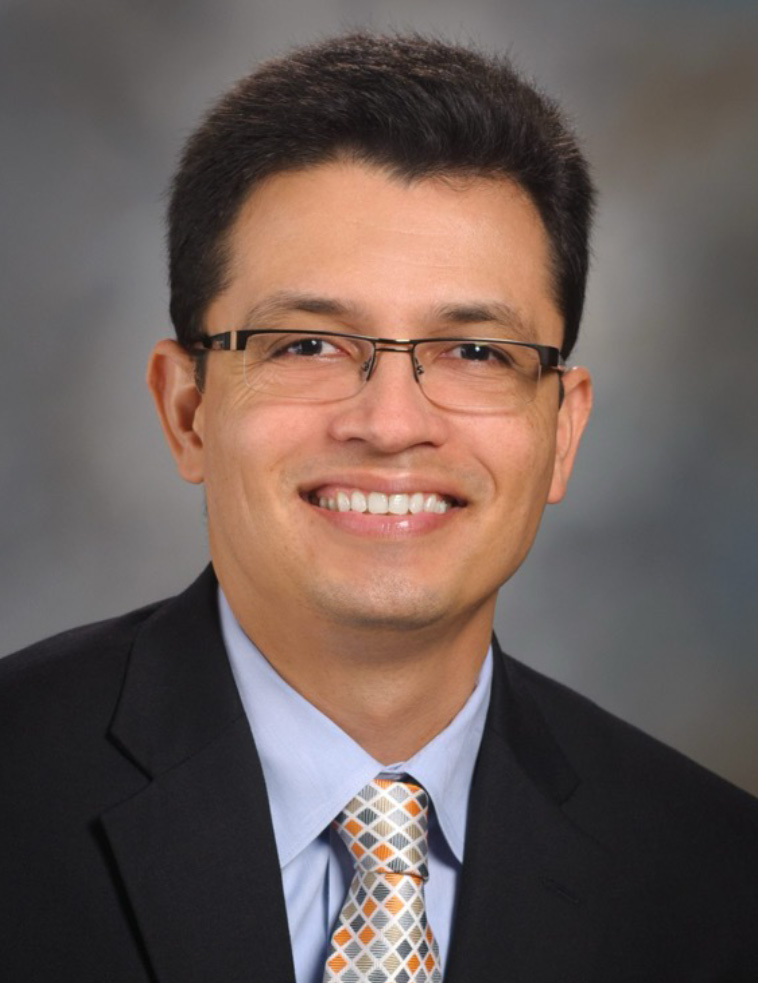
Carlos H. Barcenas, MD, MSc
Associate Professor, Breast Medical Oncology, The University of Texas MD Anderson Cancer Center, Houston, TX
Dr. Carlos Barcenas, an Associate Professor in the Department of Breast Medical Oncology at MD Anderson, has an established academic career as an independent clinical investigator. With a background in epidemiology, cancer outcomes research, and translational research, Dr. Barcenas is also an active practicing breast medical oncologist and serves as the Medical Director of the Breast Survivorship Clinic at MD Anderson. For over a decade, Dr. Barcenas has been the Principal Investigator of the Breast Cancer Management System database, which captures detailed information on all breast cancer patients who present to the institution, including demographics, tumor characteristics, treatments, and outcomes. Dr. Barcenas has published more than 70 peer-reviewed articles, including several first- and senior-author manuscripts, reflecting a strong commitment to advancing research. He received the Paul Calabresi Career Development Award for Clinical Oncology (K12), which supported the development of research protocols utilizing circulating tumor DNA assays in patients with early breast cancer. This research aims to detect MRD before clinical recurrence and to design clinical trials aimed at improving patient outcomes. Dr. Barcenas was the PI of the international multicenter clinical trial CONTROL (Annals of Oncology, 2020; The Breast, 2023), where serial blood samples were collected from patients receiving neratinib for one year. Dr. Barcenas is currently leading the department's efforts to design and launch multiple clinical trials using MRD as a decision point to optimize systemic therapies for patients with early breast cancer across all subtypes. As an example, in the B-STRONGER-I study, the institution is the leading site for patient enrollment. He is working closely with several companies that have developed MRD assays to evaluate their clinical utility in early breast cancer.
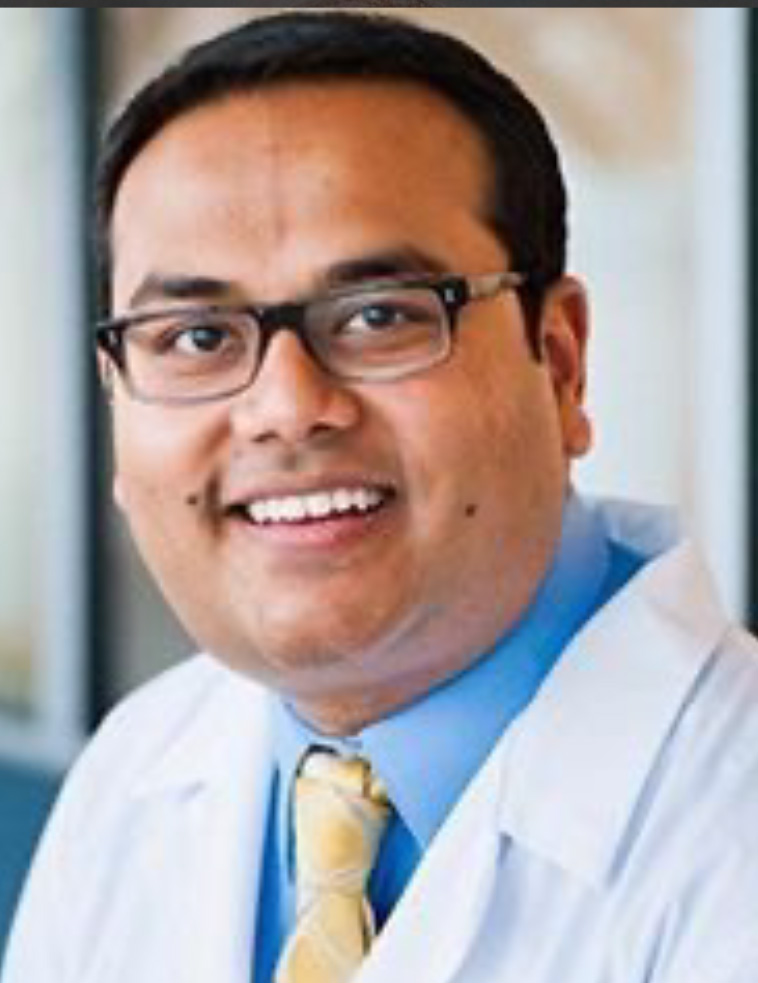
Aditya Bardia, MD, MPH
Professor of Medicine, Geffen School of Medicine at UCLA, Director, Breast Oncology Program, Assistant Chief (Translational Research), Division of Medical Oncology, Director of Translational Research Integration UCLA Health Jonsson Comprehensive Cancer Center, Los Angeles, CA
Dr. Aditya Bardia, a renowned breast medical oncologist and physician scientist who specializes in developing novel targeted and personalized therapies, has joined the David Geffen School of Medicine at UCLA and the UCLA Health Jonsson Comprehensive Cancer Center. He has joined as Program Director, Breast Medical Oncology Assistant Chief, Hematology Oncology Translational Research, UCLA Director, Translational Research Integration, Jonsson Comprehensive Cancer Center. Dr. Bardia currently is an attending physician and director of breast cancer research at Massachusetts General Hospital. He completed his residency at the Mayo Clinic in Rochester, MN, followed by a fellowship at Johns Hopkins Hospital in Baltimore before joining Massachusetts General Hospital as faculty. Dr. Bardia's research goal is to advance the field of translational oncology and improve clinical outcomes of patients with cancer. He is the principal investigator of several clinical trials investigating precision therapeutics, and he has led the clinical development of novel therapies, including sacituzumab govitecan (IMMU-132), the first ADC approved for patients with metastatic TNBC, elacestrant, the first oral SERD approved for patients with metastatic HR+ breast cancer. Dr. Bardia led the clinical development of blood-based biomarkers, such as CTCs and ctDNA, as "liquid biopsy" for identification of novel targets, therapy selection, monitoring, and understanding resistance to guide therapeutic development. Over the years, he has received several awards including outstanding award for research excellence at Mayo Clinic, Young Investigator Award from the American Society of Clinical Oncology (ASCO), distinguished researcher award from the Massachusetts Society of Clinical Oncologists and the Douglas Family Foundation prize for excellence in oncology research. He was recognized as a Highly Cited Researcher in 2022 and 2023. He is well-regarded among his peers and was also nominated for excellence in mentoring at Harvard Medical School.
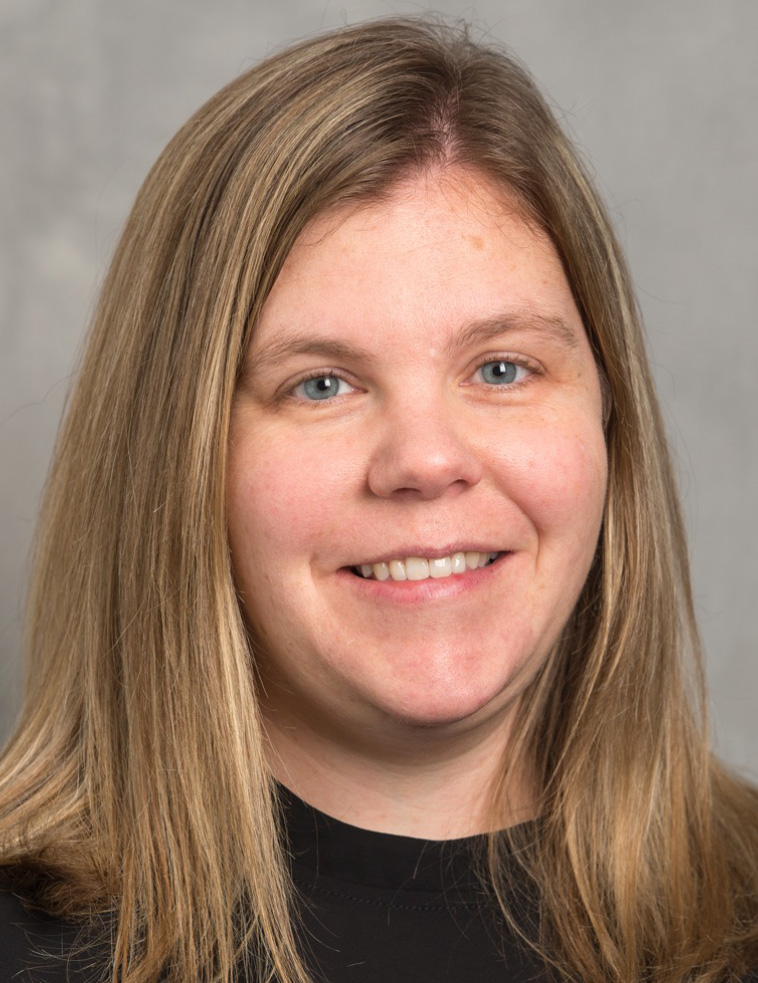
Heather Beckwith, MD
Associate Professor of Medicine, Division of Hematology, Oncology, and Transplantation, University of Minnesota, Minneapolis, MN
Dr Heather Beckwith is an Associate Professor in The University of Minnesota. Dr. Beckwith received her M.D. degree from the Medical College of Wisconsin (Milwaukee) in 2006. She did her residency in Internal Medicine at the University of Minnesota. During her residency, she worked on research in the laboratory of Dr. Douglas Yee investigating the tyrosine kinase inhibitor properties of BMS 554417 on the insulin-like growth factor receptor using the breast cancer cell line MCF-7. Dr. Beckwith then was chosen for a fellowship in Hematology, Oncology and Transplantation at the University of Minnesota. She became an Assistant Professor of Medicine (Hematology, Oncology and Transplantation) at the University of Minnesota in 2012.
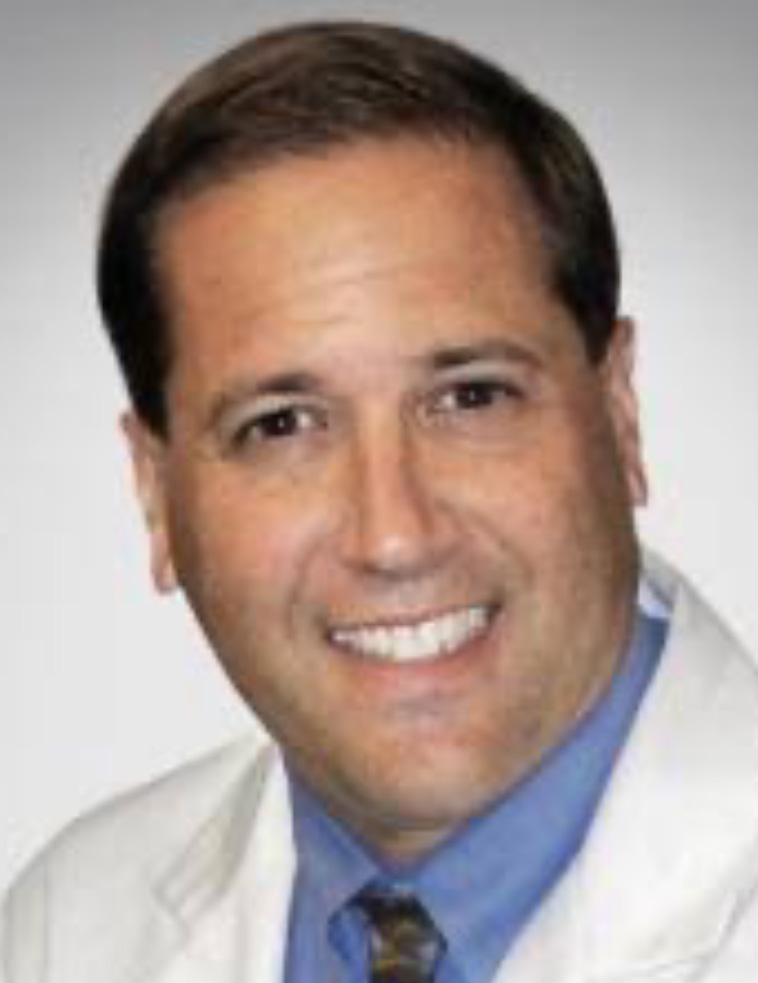
Adam Brufsky, MD, PhD
Professor of Medicine, Co-Director, Cancer Therapeutics Program, UPMC Hillman Cancer Center, University of Pittsburgh School of Medicine, Pittsburgh, PA
Adam M. Brufsky, MD, PhD, is Professor of Medicine at the University of Pittsburgh School of Medicine. He serves as Co-Director, Cancer Therapeutics Program, UPMC Hillman Cancer Center, Pittsburgh, PA. Dr. Brufsky received an in Chemistry (Cum Laude) from Dartmouth College in Hanover, New Hampshire. He earned his MD and his PhD in Developmental Biology at the University of Connecticut School of Medicine in Farmington, CT. He was an Intern and Resident in Internal Medicine at Brigham and Women’s Hospital, Harvard Medical School, Boston, MA. He then completed a Fellowship in Medical Oncology and Bone Marrow Transplantation and the Dana-Farber Cancer Institute, Harvard Medical School, Boston, MA, where his appointments included Associate Physician and Instructor in Medicine at Dana Farber Cancer Institute and Harvard Medical School in Boston, MA. Dr. Brufsky is board certified in Internal Medicine and Medical Oncology by the American Board of Internal Medicine. He is an active member of the American Society of Clinical Oncology and the American Association for Cancer Research. He has authored or co-authored more than 400 abstracts and research articles in leading journals, including the New England Journal of Medicine, Journal of Clinical Investigation, Journal of Clinical Oncology, and Lancet Oncology. Dr. Brufsky is a Principal Investigator on a number of research grants funded by the National Institutes of Health, Susan G. Komen Foundation, and US Army Breast Cancer Research Program.
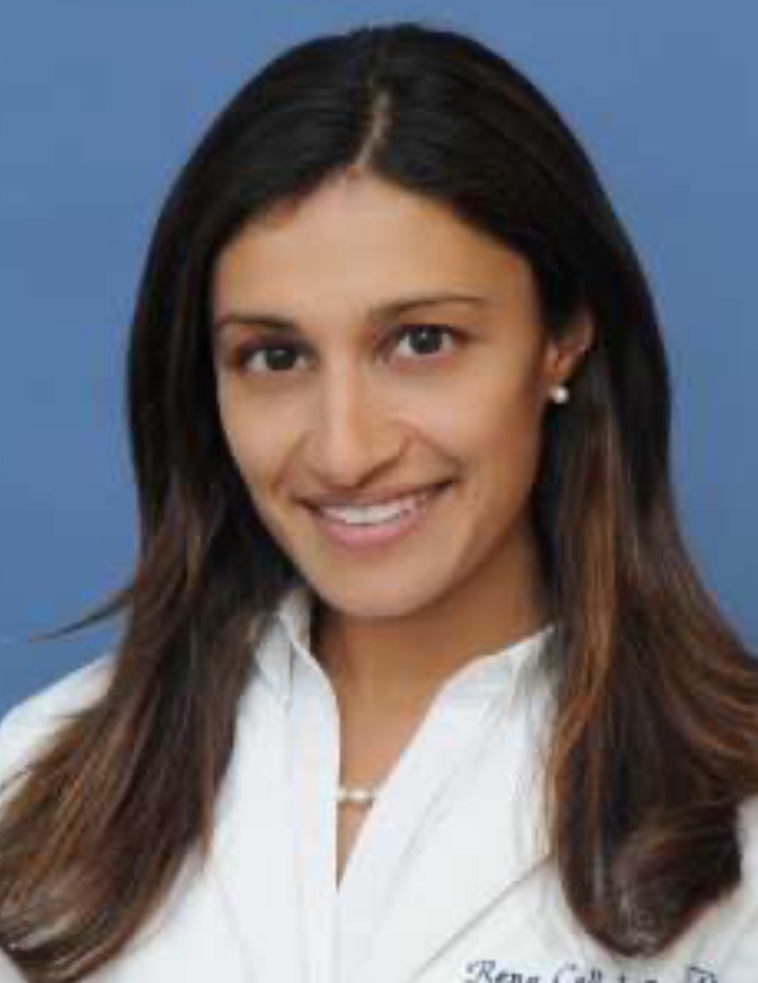
Rena D. Callahan, MD
Associate Clinical Professor, Division of Hematology Oncology, UCLA David Geffen School of Medicine, Los Angeles, CA
Dr. Rena Callahan is a hematologist oncologist who practices in Santa Monica and Santa Clarita. As an associate clinical professor of medicine at the David Geffen school of medicine, she is active in the breast cancer research and treatment program. She is board certified in hematology and medical oncology, and sees a wide variety of malignancies and blood disorders. Dr. Callahan is dedicated to providing patient-centered care, and including her patients in clinical decision making so that their individual goals are met. Dr. Callahan received her medical degree from the University of Pennsylvania School of Medicine, where she graduated Alpha Omega Alpha, with high honors. She completed her internal medicine and hematology/oncology training at UCLA. She received her Bachelor of Science degree in biology from Yale University. Dr. Callahan has spoken about the evolving treatment of breast cancer at both local and national meetings.
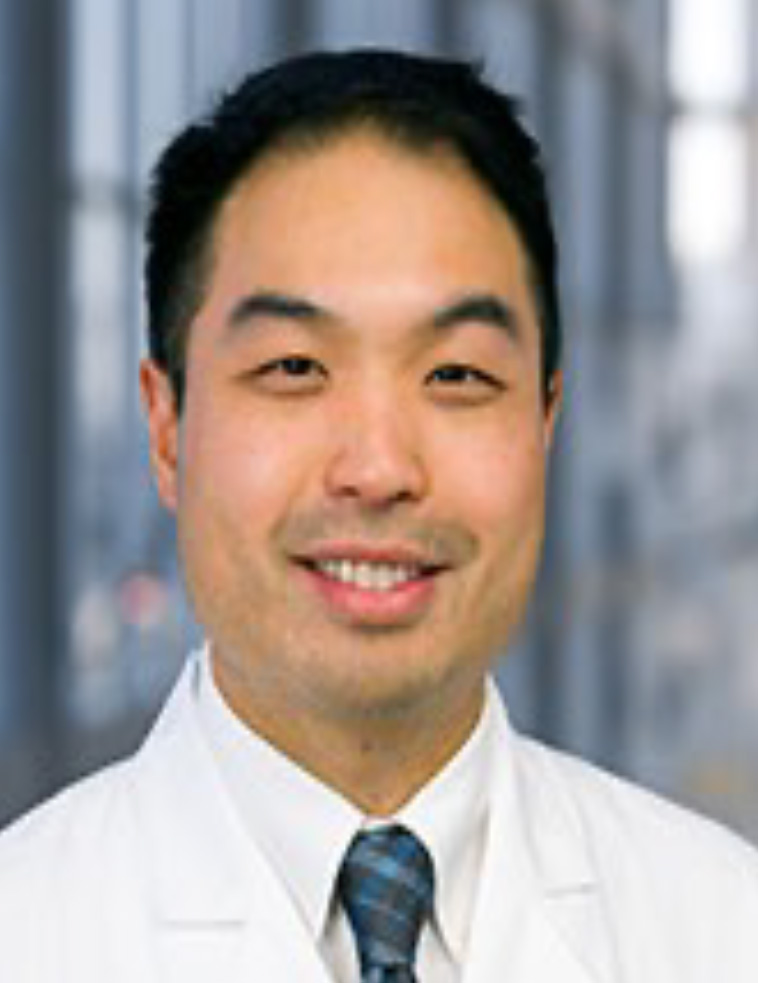
Isaac Chan, MD, PhD
Assistant Professor, Department of Internal Medicine, UT Southwestern Medical Center, Dallas, TX
Isaac Chan, M.D., Ph.D., is an Assistant Professor in the Department of Internal Medicine at UT Southwestern Medical Center. He specializes in immunotherapy, breast cancer, and metastatic cancer. Dr. Chan earned both his doctoral degree in genetics and molecular signaling and his medical degree at the University of North Carolina at Chapel Hill. He completed a residency in internal medicine at Boston University and received advanced training through a medical oncology fellowship at the Johns Hopkins University School of Medicine. Dr. Chan’s research involves understanding how to treat and prevent metastatic disease by studying the processes by which cancer cells spread. He has delivered numerous invited talks and published countless academic articles on this subject. Additionally, he has written several op-ed pieces about patient-centered care, including for The Washington Post, and has also worked closely with patient advocates in breast cancer and the organization Guiding Researchers and Advocates to Scientific Partnerships (GRASP). Dr. Chan is a member of the American Association for Cancer Research and the Society for Immunotherapy of Cancer.
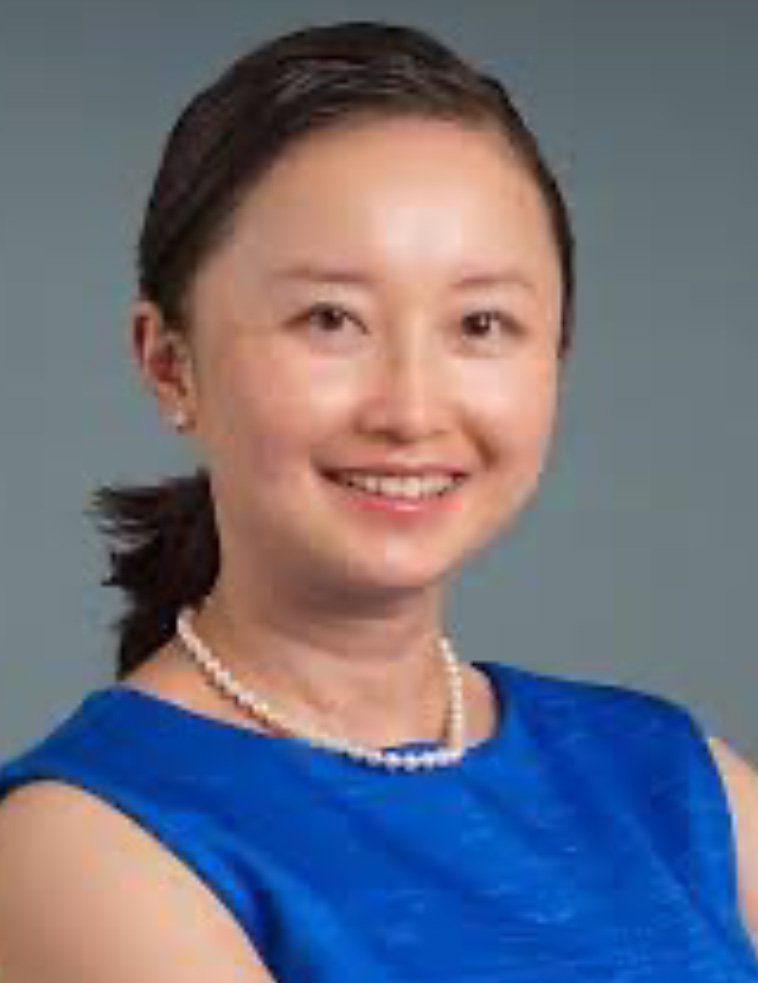
Nancy Chan, MD
Medical Oncologist, Drector, Breast Cancer Clinical Research, NYU Perlmutter Cancer Center, New York, NY
Dr. Nancy Chan is a breast medical oncologist and the Director of Breast Cancer Clinical Research at NYU Langone Health’s Perlmutter Cancer Center in New York City. Since joining NYU Langone, she has been instrumental in developing and overseeing early-phase clinical trials aimed at bringing novel therapies to patients with breast malignancies NYU Langone Health. She earned her Doctor of Medicine from the State University of New York Health Science Center at Stony Brook in 2008, followed by an Internal Medicine residency at New York-Presbyterian Hospital (Cornell Campus). Dr. Chan then completed a Fellowship in Hematology and Medical Oncology at Rutgers Cancer Institute/Robert Wood Johnson Medical School. Clinically, Dr. Chan specializes in the management of early-stage and metastatic breast cancer, offering expertise in complex cases and rare histologic subtypes. Her research focuses on the design and execution of translational clinical trials, particularly those evaluating targeted therapies, immunotherapy combinations, and biomarker-driven approaches, to advance personalized treatment strategies and improve outcomes for patients with breast cancer

Saranya Chumsri, MD
Professor of Oncology, Mayo Clinic Breast Disease Group Research Co-Chair, Mayo Clinic HER2 Working Group Co-Chair, South Jacksonville, FL
Saranya Chumsri, M.D., is currently a Professor of Oncology at Mayo Clinic. Currently, Dr. Chumsri is serving as the Mayo Clinic Enterprise Research Co-Chair in the Breast Disease Group as well as the chair of the HER2-positive Working Group. Dr. Chumsri graduated from Chulalongkorn University in Bangkok, Thailand. She trained in internal medicine at the Albert Einstein Medical Center as well as Hematology and Oncology at the University of Maryland. With over 84 publications, Dr. Chumsri is an expert in breast cancer research. Her research focuses on several aspects of breast cancer, including genomics, immunology, epigenetics, breast cancer stem cells, endocrine resistance, as well as an aggressive form of breast cancer lacking estrogen receptor, progesterone receptor, and HER2, termed triple-negative breast cancer. Dr. Chumsri is also an expert in developing genomic biomarkers, using RNA-seq and NanoString technologies, to predict response to targeted therapy in breast cancer, particularly immune-related biomarkers, as well as to identify mechanisms of resistance to targeted therapy. Dr. Chumsri was awarded to participate in the AACR/ASCO Methods in Clinical Cancer Research in 2007 and Molecular Biology in Clinical Oncology (Aspen Workshop) in 2008. She also received a prestigious Career Catalyst Research Grant from Susan G. Komen for the Cure. Dr. Chumsri is the national PI for several clinical trials. As a part of her focus on breast cancer research, Dr. Chumsri is a clinician scientist reviewer for the Breast Cancer Research Program for the Department of Defense Congressionally Directed Medical Research Programs. She was also the co-leader of disease-oriented group breast cancer for the University of Chicago Phase II Consortium between 2011 and 2014. Besides serving as the Mayo Clinic Breast Disease Group Research Co-Chair and HER2 working group chair, Dr. Chumsri also serves on several other important committees at the Mayo Clinic, including the Cancer Center Scientific Progress Review Subcommittee, Fellowship Program Education Committee, and Clinical Trials Leadership Council. Moreover.
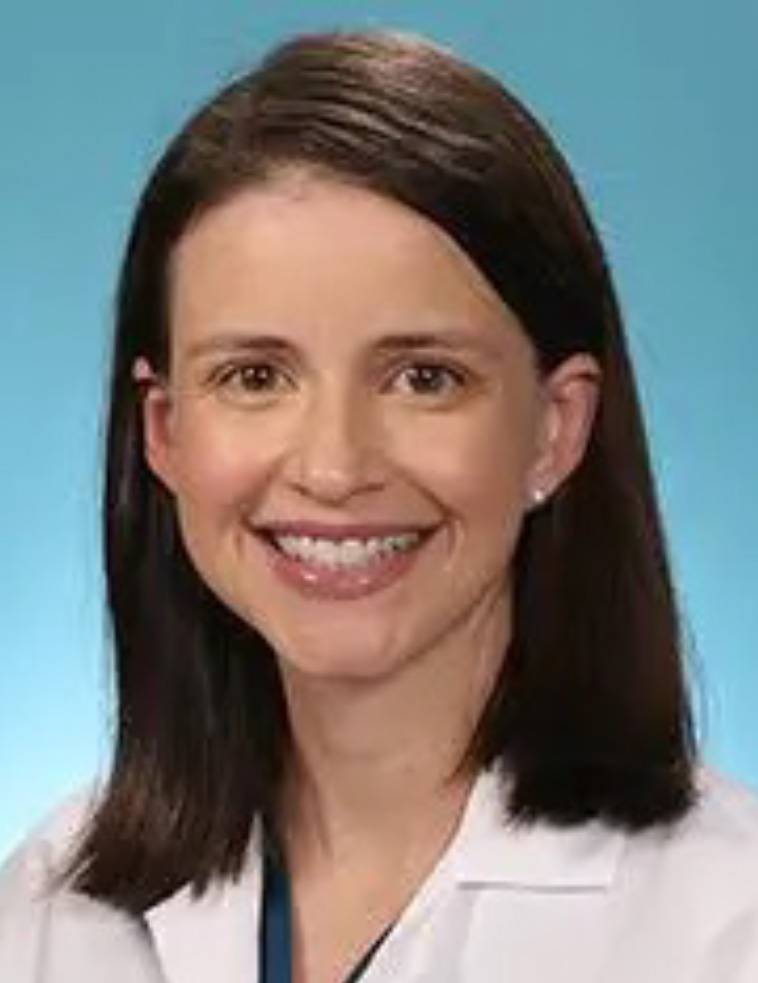
Katherine Clifton, MD
Assistant Professor of Medicine, Division of Oncology, Section of Medical Oncology, WashU Medicine, Saint Louis, MO
Dr. Katherine Clifton is a breast medical oncologist and associate professor at Washington University. Dr Clifton has an interest in clinical trials and biomarker development. She has served as local PI for clinical trials with the Breast Medical Oncology Group and the Developmental Therapeutic Program as well as designed, conducted, and overseen novel investigator-initiated trials. She has collaborated with other researchers and serves as the medical oncologist for other investigator-initiated trials such as the COOL-IT trial, a clinical trial examining the efficacy of cryoablation in early-stage ER+ HER2- breast cancer.
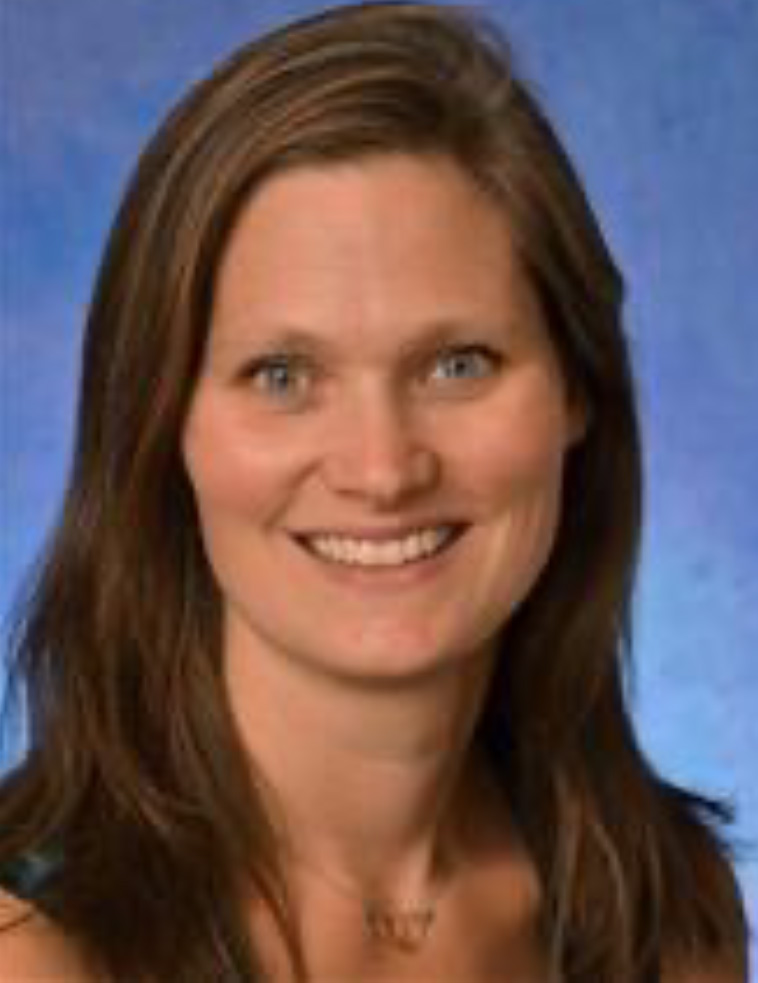
Alison K. Conlin, MD
Physician and Researcher, Providence Cancer Institute, Portland, OR
Dr. Alison Conlin is a physician and researcher at the Providence Cancer Institute in Portland, Oregon. She is a medical oncologist who leads the breast cancer program in medical oncology for the institute. She specializes in the treatment of breast cancer and other high risk breast conditions and completed her fellowship training at Memorial Sloan-Kettering Cancer Center in 2008. She also has a Master’s degree in Public Health Degree from Boston University where she focused on health services research. Dr. Conlin has an interest in clinical trials and getting those to patients for all stages of breast cancer. Specifically, she has written clinical trials for patients with advanced breast cancer and with brain metastases from breast cancer. Additionally, she worked with the American Cancer Society focusing on cancer screening, prevention and follow-up care in the Oregon Health Study. She is passionate about the care of patients and getting the best resources to them.
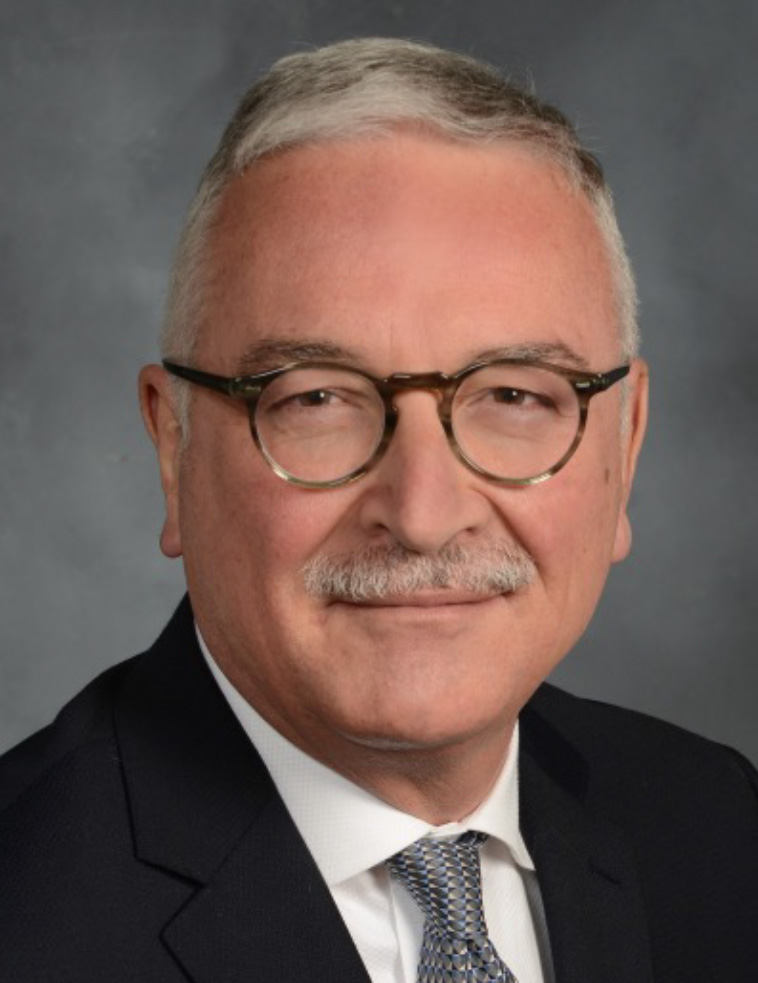
Massimo Cristofanilli, MD
Professor of Medicine, Department of Medicine, Division of Hematology & Oncology, Chief of Breast Medical Oncology, Associate Director of Precision Medicine, Meyer Cancer Center, Scientific Director, Englander Institute of Precision Medicine (EIPM), Weill-Cornell Medicine/New York Presbyterian, New York, New York
Dr. Cristofanilli was born in Italy and received his medical degree and Medical Oncology Fellowship from the University “La Sapienza” Medical School in Rome. He completed medical residency in NY and Medical Oncology Fellowship at the University of Texas M. D. Anderson Cancer Center and then joining the Breast Medical Oncology Department for more than a decade. He is the Founder and first Executive Director of the Morgan Welch IBC clinic and research program. He joined the Fox Chase Cancer Center in Philadelphia as Chairman of Medical Oncology, then he served as Deputy Director of Translational Research at the SKCC before moving to Chicago to build an innovative Precision Medicine Program at the Robert H Lurie Cancer Center, Northwestern University. During his term as Professor of Medicine and the Associate Director of Translational Research and Precision Medicine the Institution underwent a successful Core grant renewal based on excellence in Translational Research and Precision Medicine. More recently, he joined the Weill-Cornell Medicine/NYP as Professor of Medicine, Chief of Breast Medical Oncology and Associate Director of Precision Medicine at the Meyer Cancer Center. He is also the Scientific Director of The Englander Institute of Precision Medicine. He is the past President of the International Society of Liquid Biopsy (ISLB) and The Inflammatory Breast Cancer-International Consortium (IBC-IC). Dr. Cristofanilli is an expert in the management of hormone-receptor positive metastatic breast cancer and inflammatory breast cancer (IBC) serving as co-PI of the PALOMA-3 study. More importantly, he pioneered the clinical testing of CTCs in MBC leading a multicenter study published in the New England Journal of Medicine. The paper was the first to demonstrate the prognostic value of liquid biopsy in solid tumors and it is currently recognized as major Milestone in Cancer Research. He continues to explore and investigate the clinical application of ctDNA and CTCs technologies to implement personalized monitoring and treatment of advanced breast cancer.
Ajay Dhakal
Assistant Professor, Department of Medicine, University of Rochester Medical Center, Rochester, NY
Dr. Ajay Dhakal is an Assistant Professor at The University of Rochester Medical Center. He received his medical degree and completed his internship at Kathmandu Medical College in Kathmandu, Nepal in 2009. Dr. Dhakal then finished his residency at Maimonides Medical Center in Brooklyn, New York in 2015. He then completed a clinical fellowship at Roswell Park Comprehensive Cancer Center in Buffalo, New York in 2018. Dr. Dhakal's special interest is breast cancer. His goal is to help breast cancer patients live longer with a good quality of life. Dr. Dhakal is passionate about conducting clinical research to better understand cancer biology and to discover new ways to treat breast cancer.
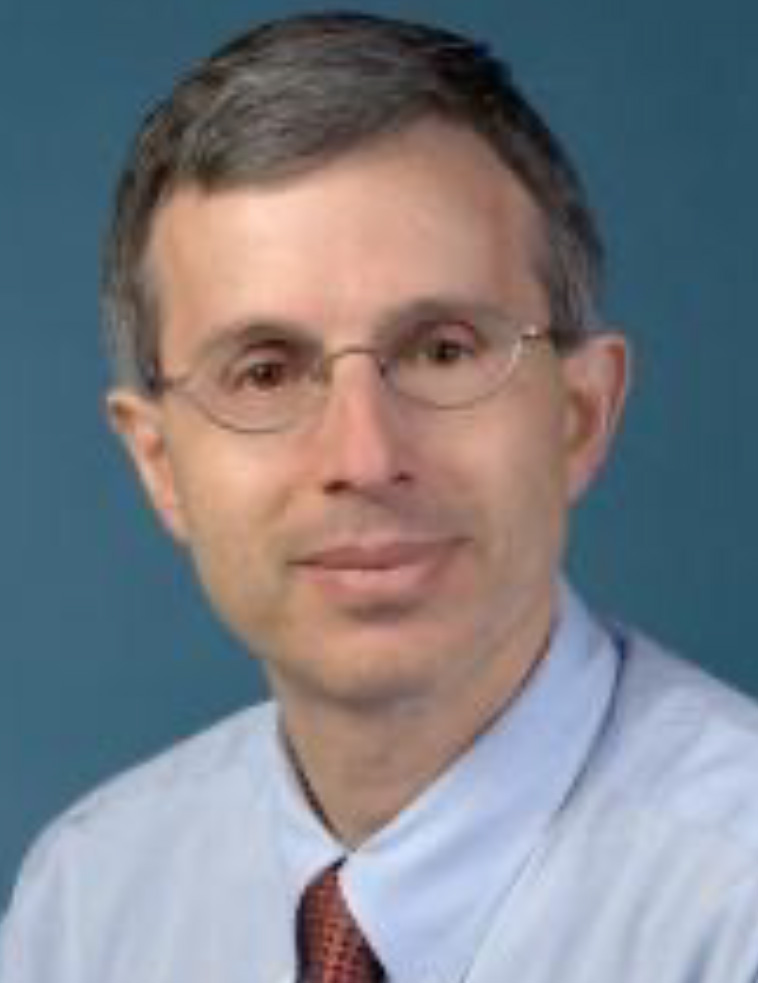
Frederick M. Dirbas, MD
Associate Professor of Surgery, Department: Surgery - General Surgery, Stanford Cancer Center, Palo Alto, CA
Dr. Frederick M. Dirbas is Associate Professor of Surgery and, by courtesy, of Radiation Oncology at Stanford University School of Medicine, and practices as a surgical oncologist at Stanford Health Care’s Women’s Cancer Center in Palo Alto. An internationally recognized leader in breast cancer surgery, he has spent over twenty‐five years developing multidisciplinary care programs and guiding the design of Stanford’s cancer facilities while maintaining a busy clinical practice. He earned his M.D. from Columbia University College of Physicians and Surgeons. Dr. Dirbas completed a National Institutes of Health research fellowship, his General Surgery residency at Stanford, and a Surgical Oncology fellowship at Stanford. He is board-certified in General Surgery by the American Board of Surgery. Clinically, Dr. Dirbas specializes in breast‐conserving surgery, lumpectomy, nipple-sparing and skin-sparing mastectomies, sentinel lymph node biopsy, and accelerated partial breast irradiation. His research program focuses on refining existing diagnostic and therapeutic techniques, such as intraoperative radiotherapy and radiobiology studies—and pioneering innovations like FLASH radiotherapy. He also investigates markers of chemo- and radioresistance and breast cancer stem cells, all with the goal of improving outcomes and quality of life for patients with breast cancer
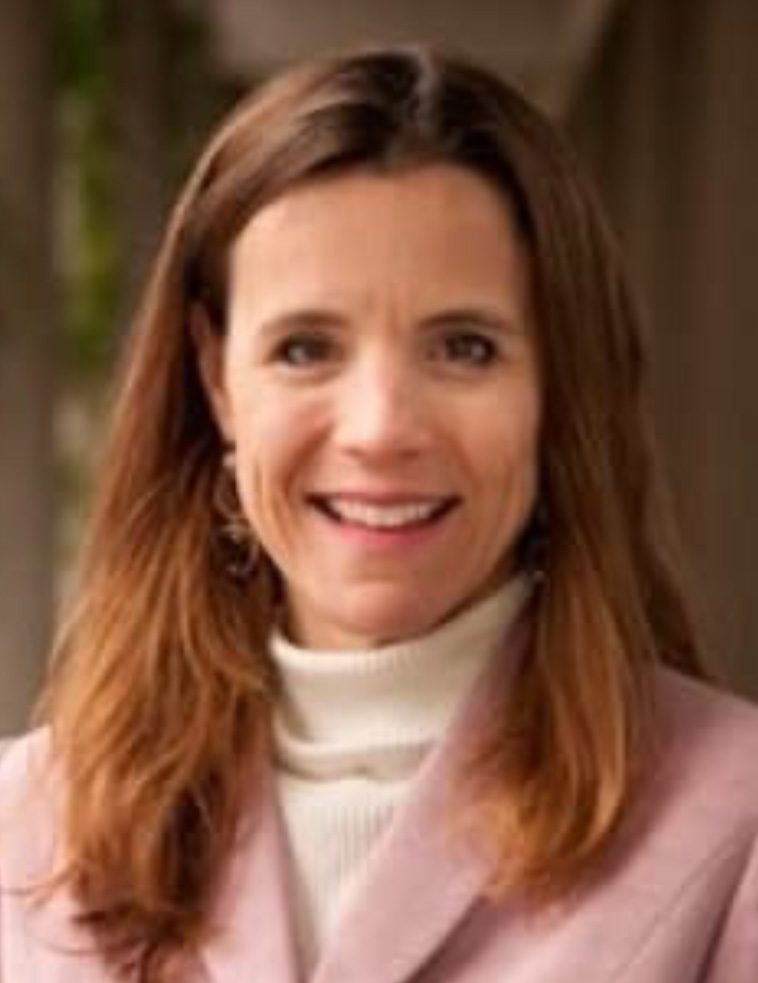
Milana V. Dolezal, MD, MSci
Associate Professor, Medicine – Oncology, Stanford University School of Medicine, Palo Alto, CA
Dr. Milana V. Dolezal is a Clinical Associate Professor in the Department of Medicine-Oncology at Stanford University School of Medicine. She provides patient care at the Stanford Medicine Cancer Center in Emeryville, California. Dr. Dolezal earned her medical degree from Sidney Kimmel Medical College at Thomas Jefferson University in 1999. She completed her residency in internal medicine at the University of Southern California/LAC Medical Center and a fellowship in hematology and oncology at UCLA. Additionally, she holds a Master of Science degree in Clinical Research. Dr. Dolezal's clinical and research interests focus on breast cancer, with particular attention to triple-negative breast cancer, fertility preservation in cancer patients, and adherence to anti-cancer therapies. She has held roles in the Bio-Oncology Therapeutics unit at Genentech, contributing to drug development and clinical trials. Her research has been published in peer-reviewed journals such as the Journal of Clinical Oncology and Cancer. She has also presented her findings at major conferences, including those of the American Association for Cancer Research and the American Society of Clinical Oncology.
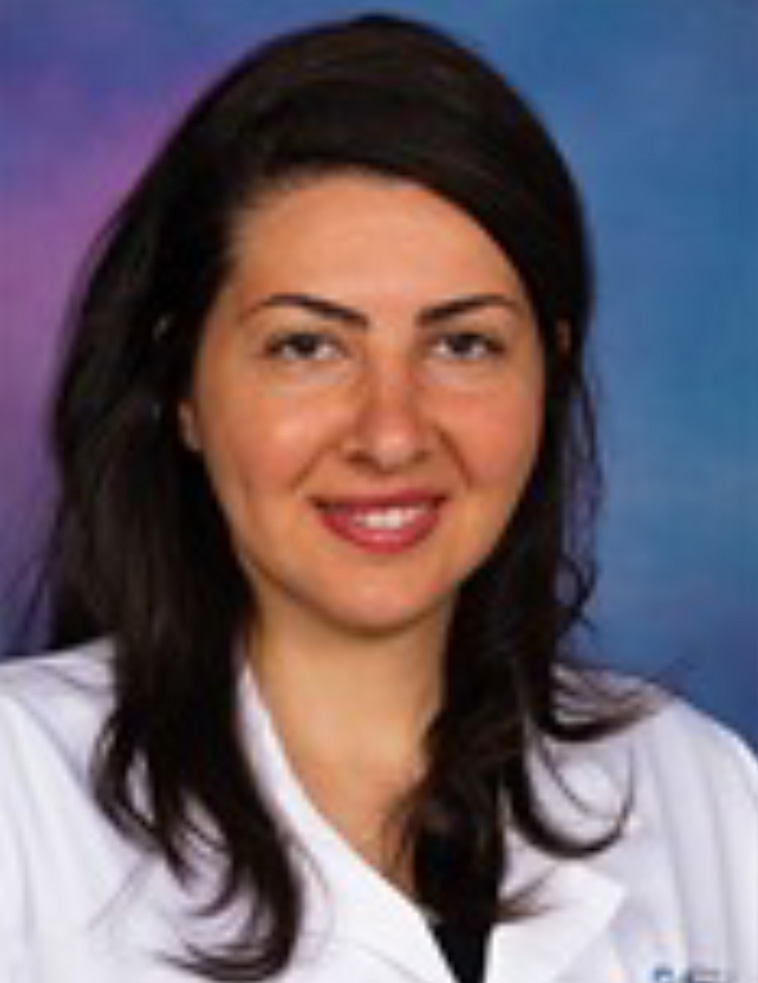
Jailan Elayoubi, MD
Breast Medical Oncologist, Karmnos Cancer Center, Detroit, MI
Dr. Jailan Elayoubi is a breast medical oncologist at the Barbara Ann Karmanos Cancer Institute. She earned her M.D. from the University of Alexandria in Egypt and completed her postgraduate training in internal medicine, geriatrics, and hematology-oncology in the United States. Her clinical research focuses on precision medicine, particularly in underrepresented populations. Notably, she leads studies comparing biomarker predictions for African American and Middle Eastern breast cancer patients to improve treatment outcomes and reduce overtreatment. Dr. Elayoubi is also a member of the Population Studies and Disparities Research Program at Karmanos Cancer Institute. She actively contributes to medical education and professional development, having moderated panels at the Karmanos Breast Cancer Symposium and participated in various Karmanos Oncology Advances events.
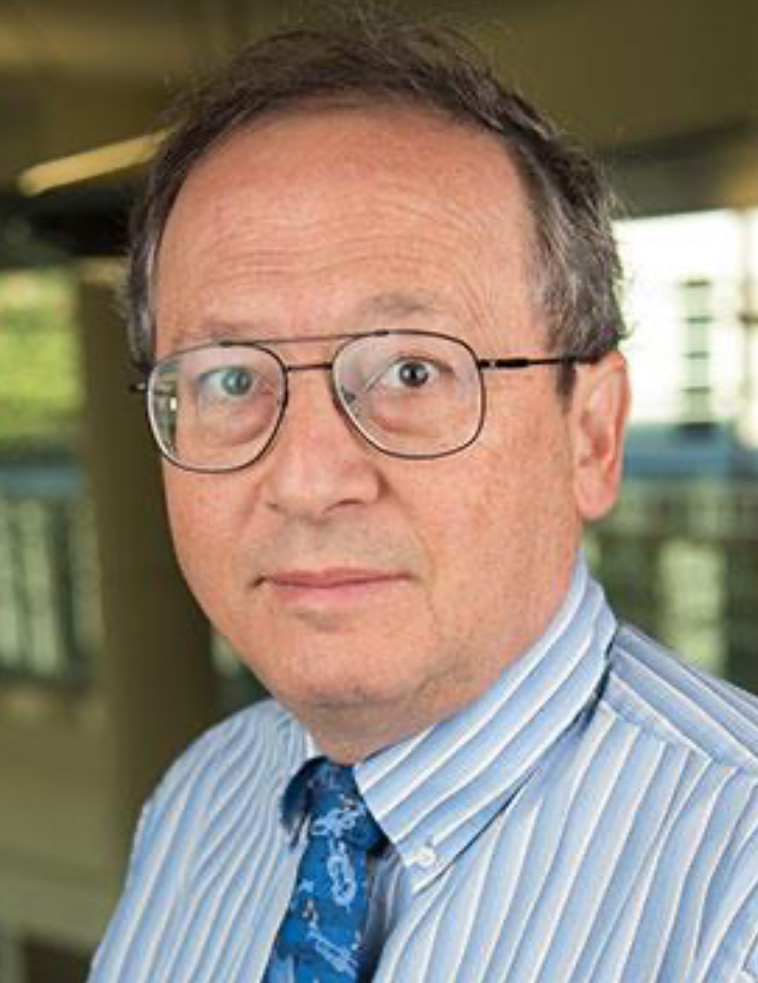
Anthony Elias, MD
Professor, Medicine-Medical Oncology, UCHealth Diane O’Connor Thompson Breast Center, Anschutz Medical Campus, Aurora, CO
Dr. Anthony Elias is an oncologist in Aurora, Colorado and is affiliated with UCHealth University of Colorado Hospital. He received his medical degree from New York University Grossman School of Medicine, residency from Johns Hopkins University and fellowship from Dana-Farber Cancer Institute in 1987 and has been in practice since then. Dr. Elias has expertise in treating patients with breast cancer and sarcoma. He has been involved in clinical and translational oncology trials throughout his career. He is the principal investigator on several clinical trials and has authored numerous publications in leading peer-reviewed journals.
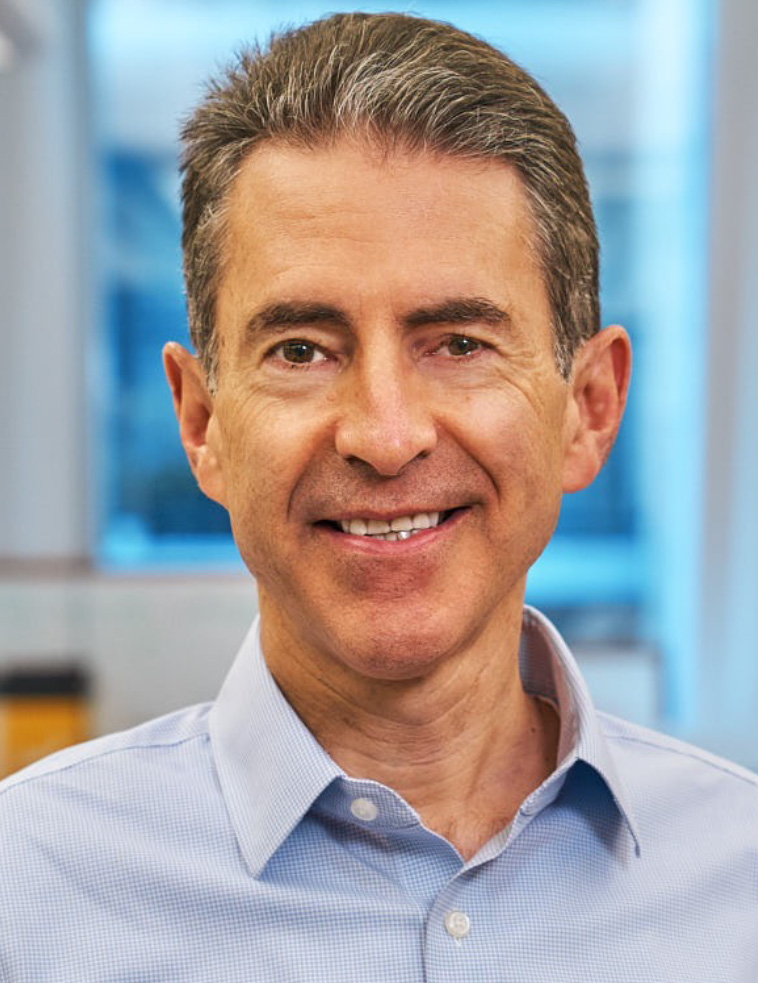
Leif W. Ellisen, MD, PhD
Program Director, Breast Medical Oncology, Professor of Medicine, Harvard Medical School, Clinical Director, Breast and Ovarian Cancer Genetics, Boston, MA
Dr. Ellisen is Professor of Medicine at Harvard Medical School and Program Director for Breast Medical Oncology at the Mass General Cancer Center. He is also co-Leader of the Breast Cancer Program at the Dana-Farber/Harvard Cancer Center. He received his undergraduate degree from Harvard University, MD and PhD degrees from Stanford University, and completed residency training, oncology fellowship training, and postdoctoral research training at Brigham and Women's Hospital, the Dana-Farber Cancer Institute, and Mass General, respectively. Dr. Ellisen is widely published in the fields of cancer biology, treatment and genetics. As Director of Breast and Ovarian Cancer Genetics at Mass General, Dr. Ellisen's clinical practice is focused on cancer risk assessment, cancer prevention and early detection. Research in Dr. Ellisen's laboratory is in the vanguard of revolutionizing cancer treatment through personalized cancer therapies. Dr. Ellisen is best known for his work on triple-negative breast cancer (TNBC), one of the most aggressive forms of the disease.
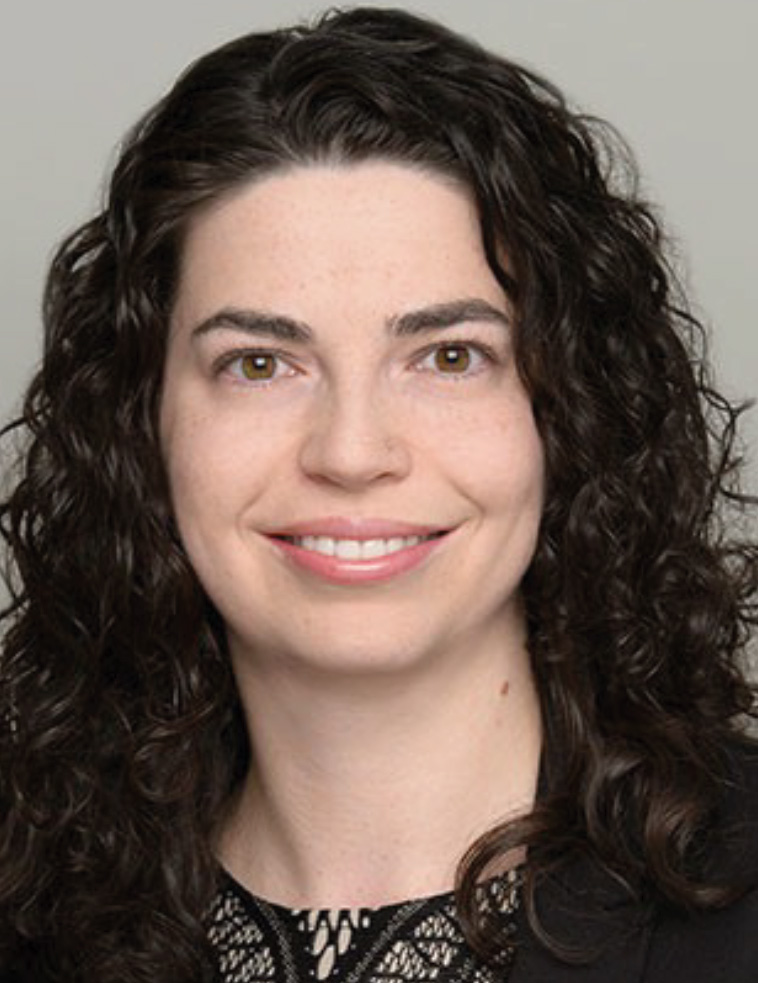
Julia Foldi, MD, PhD
Assistant Professor of Medicine, Division of Hematology/Oncology, University of Pittsburgh School of Medicine, Breast Medical Oncology, Magee Womens Hospital of UPMC, Pittsburgh, PA
Dr. Julia Foldi is a Medical Oncologist who specializes in treating patients with breast cancer. She sees patients at the Women's Cancer Center in Magee-Women's Hospital of UPMC. Her aim is to provide multidisciplinary, evidence-based and personalized care to each patient diagnosed with breast cancer.Dr. Foldi is a researcher focusing on improving treatments for patients with breast cancer through complementing clinical care with robust clinical investigation and translational research. Her specific focus is on designing clinical trials based on strong scientific rationale for the treatment of both early-stage and advanced breast cancer, using novel therapeutics such as immunotherapy and targeted therapies. She also aims to leverage information from patients - such as patient reported outcomes, blood and tissue samples - to ask fundamental questions about tumor biology and host-tumor interactions.
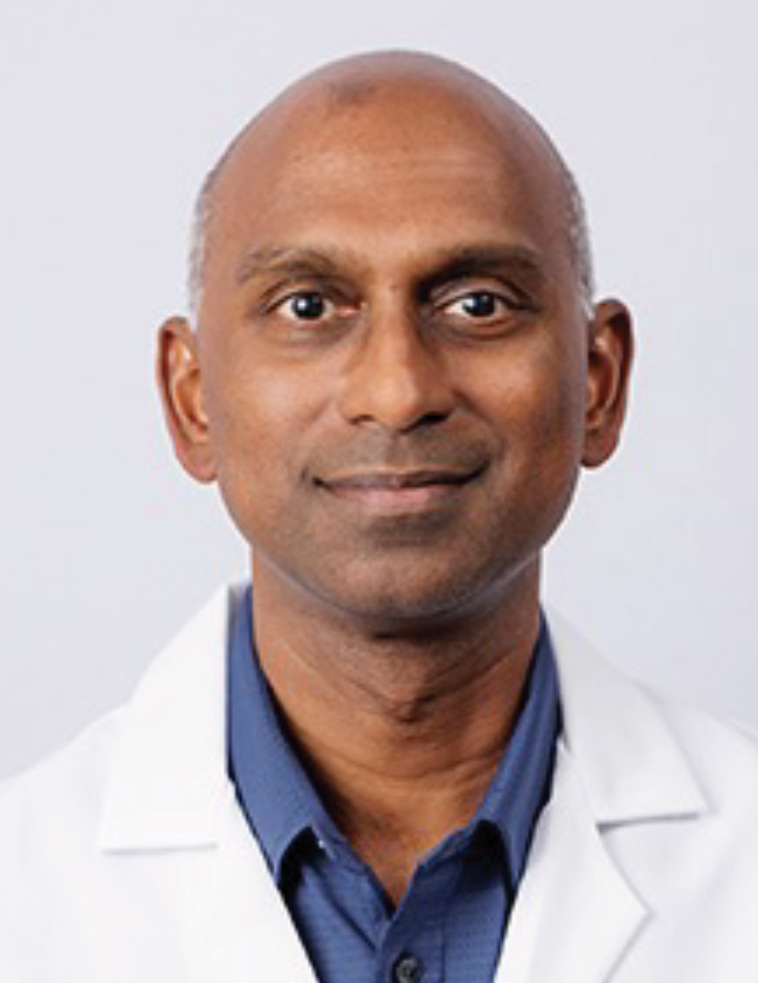
VK Gadi, MD, PhD
Professor and Director of Medical Oncology, Department of Medicine, Associate Director, Translational Oncology, Department of Medicine, Division of Hematology and Oncology, University of Illinois Cancer Center, Chicago, IL
A physician-scientist, VK Gadi, MD, PhD, is Deputy Director of the University of Illinois Cancer Center. A medical oncologist at UI Health, he specializes in breast cancer, and his laboratory and clinical research also has focused primarily on breast cancer. A Professor and Director of Medical Oncology at the University of Illinois College of Medicine Chicago in the Division of Hematology and Oncology, he joined the University of Illinois Chicago (UIC) in 2020 after 20 years in Seattle at the University of Washington, where he did his postgraduate training, and the Fred Hutchinson Cancer Center. Since coming to Chicago, he has worked to stabilize, expand and diversify the clinical and research workforce focused on solid tumor malignancies in the Cancer Center’s catchment area of Cook County, the second most populous county in the U.S. and one of the most diverse catchment areas in the nation. Working closely with Cancer Center leaders, he continues to lead efforts to identify and recruit novel molecular assets for clinical trials testing from both big pharmaceutical companies and smaller biotechs. His efforts have increased national-level engagement for cooperative group studies and provided access to Cancer Center disease team leaders for clinical trial development opportunities to ensure trials are written to address the needs of diverse patient populations. In collaboration with several groups of investigators and UIC technology transfer, he also is accelerating the process of commercialization of multiple diagnostic and therapeutic intellectual properties to build a sustainable licensing revenue stream to support Cancer Center activities.
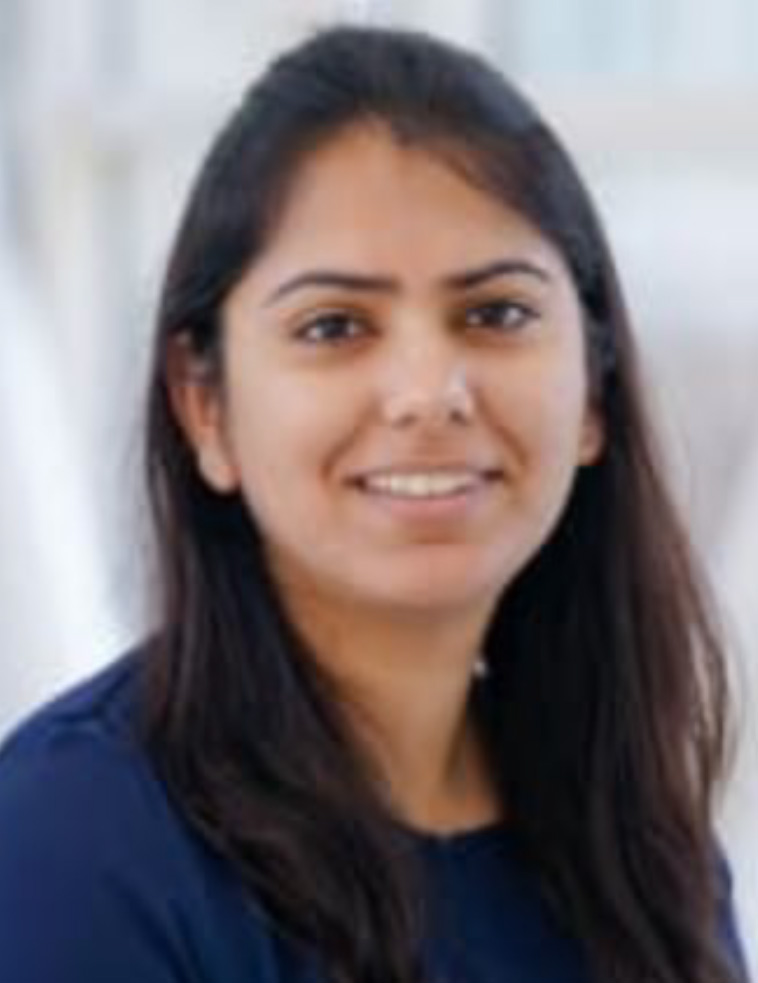
Shipra Gandhi, MD, MS
Associate Professor, Department of Hematology and Medical Oncology, Director of Breast Translational Research, Glenn Family Breast Center, Winship Cancer Institute of Emory University, Atlanta, GA
Dr. Shipra Gandhi is a medical oncologist, treating patients with breast cancer at Winship Cancer Institute's Clifton campus. As a physician-scientist, her research interest is in studying immunosuppression in the tumor microenvironment and developing strategies to overcome it in triple-negative breast cancer, an aggressive type of breast cancer. Dr. Gandhi is an also associate professor in the Department of Hematology and Medical Oncology at Emory University School of Medicine. Dr. Gandhi received her medical degree from Lady Hardinge Medical College in New Delhi, India. She completed her internal medicine residency at The State University of New York (SUNY), followed by her fellowship in hematology and oncology at Roswell Park Comprehensive Cancer Center in Buffalo, New York. She also earned a Master of Science from The State University of New York. As a physician-scientist, Dr Gandhi’s goal is to conduct innovative clinical trials using novel immunotherapy agents and take discoveries from the lab to the bedside to improve life expectancy as well as quality-of-life of cancer patients.
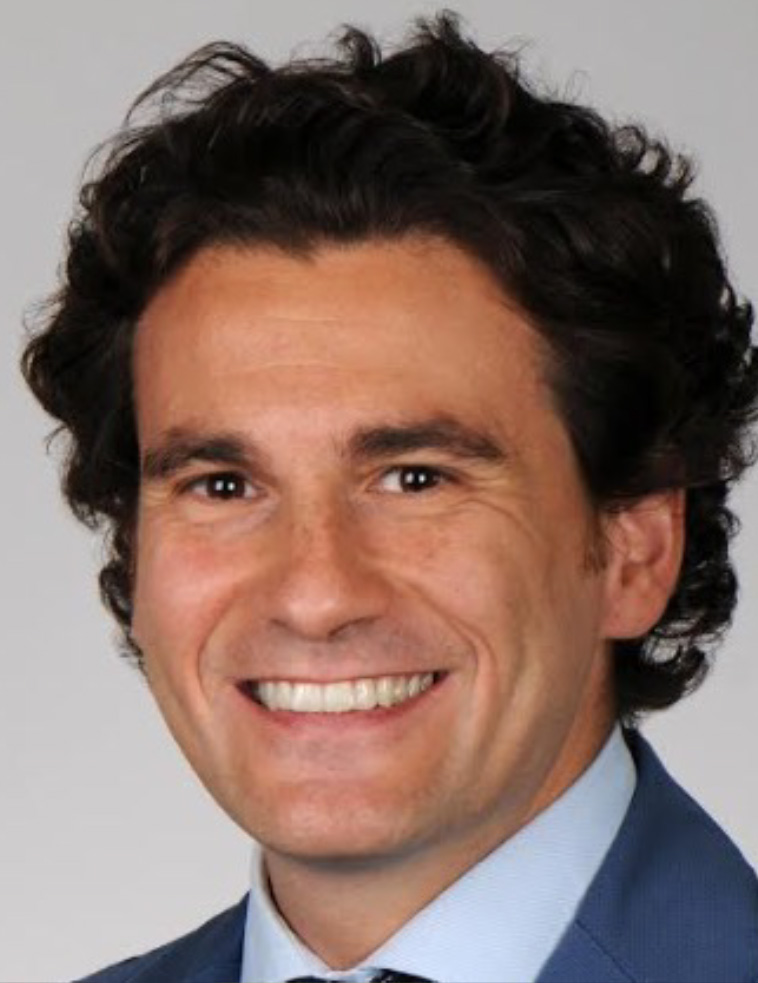
Antonio Giordano, MD, PhD
Assistant Professor, Harvard Medical School, Medical Director Center for Cancer Therapeutic Innovation, Medical Director Breast Cancer Pathway, Department of Medical Oncology, Dana-Farber Cancer Institute, Boston, MA
Dr. Antonio Giordano completed his medical school and oncology fellowship at University of Naples Federico II in Italy in 2004 and 2009, respectively. The passion for research was the motivation behind his pursuit of starting a PhD Program in medical oncology and immunology at the Second University of Naples and participating in the exchange program with The University of Texas MD Anderson Cancer Center. He subsequently worked as faculty at MUSC in Charleston SC from 2016 to 2020. In 2020, Dr. Giordano joined the staff of Brigham and Women's Hospital and Dana-Farber Cancer Institute, where he is a medical oncologist and clinical investigator in the Breast Oncology Center. Dr. Giordano is an assistant professor at Harvard Medical School, the Clinical Director of the Center for Cancer Therapeutics Innovations, and Clinical Director of Breast Cancer Pathway. At Dana-Farber, he is currently the Principal Investigator of several clinical trials for HR+/HER2- metastatic breast cancer. His focus is to become a leader investigator in the treatment of breast cancer that has progressed front-line therapy (post CDK4/6i) and early drug development.
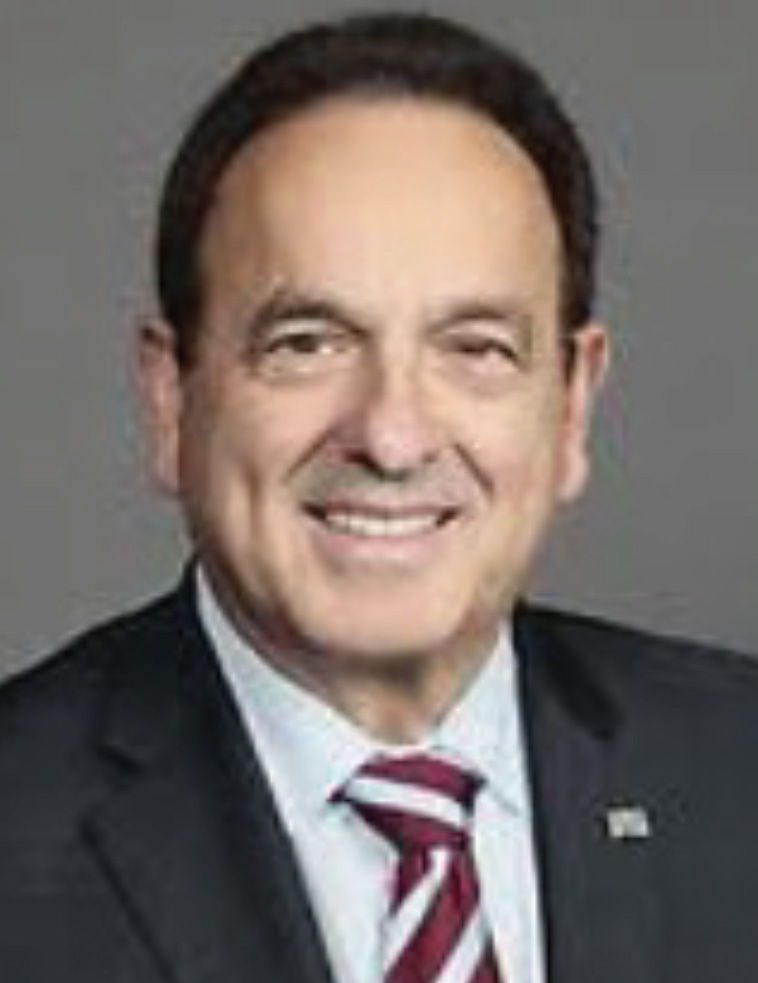
Bruce G. Haffty, MD, FACR, FASTRO, FASCO
Associate Vice Chancellor Cancer Programs, Rutgers Biomedical and Health Sciences, Professor and Chair, Dept of Radiation Oncology, Robert Wood Johnson and NJ Medical School, Rutgers Cancer Institute of New Jersey, New Brunswick, NJ
Bruce G. Haffty, M.D., FACR, FASTRO, FASCO is Associate Vice Chancellor, CancerPrograms, Rutgers Biomedical Health Sciences, Rutgers Cancer Institute of New Jersey, Professor and Chairman of Radiation Oncology, Rutgers-Robert Wood Johnson Medical School, New Jersey Medical School. His medical school, internship and residency training was at Yale School of Medicine. He spent the majority of his academic career at Yale and moved to Rutgers Cancer Institute of New Jersey in 2005. Dr. Haffty has a long and successful record in clinical and translational research in radiation oncology. He is currently co-investigator on several national clinical trials. He has published over 400 peer-reviewed articles, 30 book chapters, and numerous editorials and letters. In addition to a busy clinical practice, Dr. Haffty has served on numerous national committees related to research and education in breast cancer and radiation oncology. He has served in the past as Deputy Editor of the Journal of Clinical Oncology, Vice Chair of the Alliance Breast Committee and Chair of the ACGME Residency Review Committee in Radiaton Oncology. He is Past President of the American Radium Society, past President of the American Board of Radiology, past President of ASTRO, and past President of RSNA. He is the 2020 recipient of ASTRO’s Gold Medal and the 2024 recipient of the American Radium Society Gold Medal.
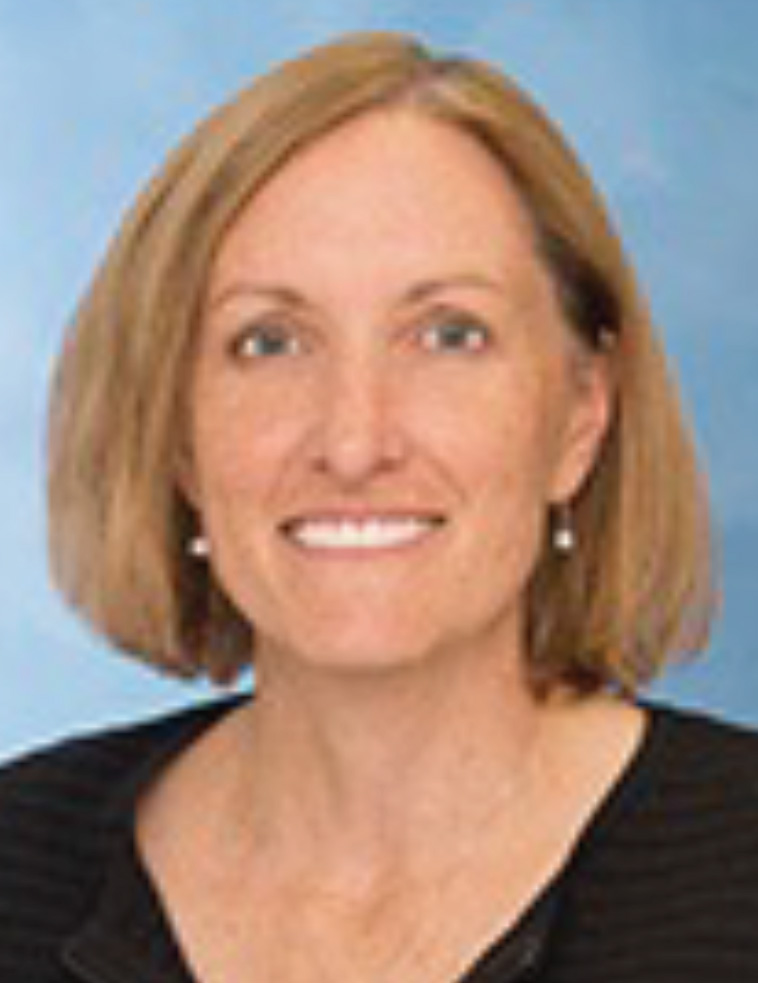
Norah Lynn Henry, MD, PhD
Daniel F. Hayes MD Breast Cancer Research Professor, Professor and Interim, Division Chief, Division of Hematology/Oncology University of Michigan Rogel Cancer Center, Ann Arbor, MI
Dr. Norah Lynn Henry is a medical oncologist and interim Division Chief of Hematology/Oncology at the University of Michigan. Since completing her fellowship in Hematology/Oncology she has been on the faculty at the University of Michigan, except for the years 2016-2019 when she was at the University of Utah Huntsman Cancer Institute. Dr. Henry specializes in the care of patients with all stages and all types of breast cancer. Her research focuses on personalizing treatment for breast cancer. She studies treatments for breast cancer as well as ways to manage symptoms and side effects that arise from the cancer or its treatment. Her goal is to provide effective treatments for breast cancer while maintaining the quality of life of each patient. In addition, she works with scientists at the University of Michigan to translate their lab findings into clinical trials.
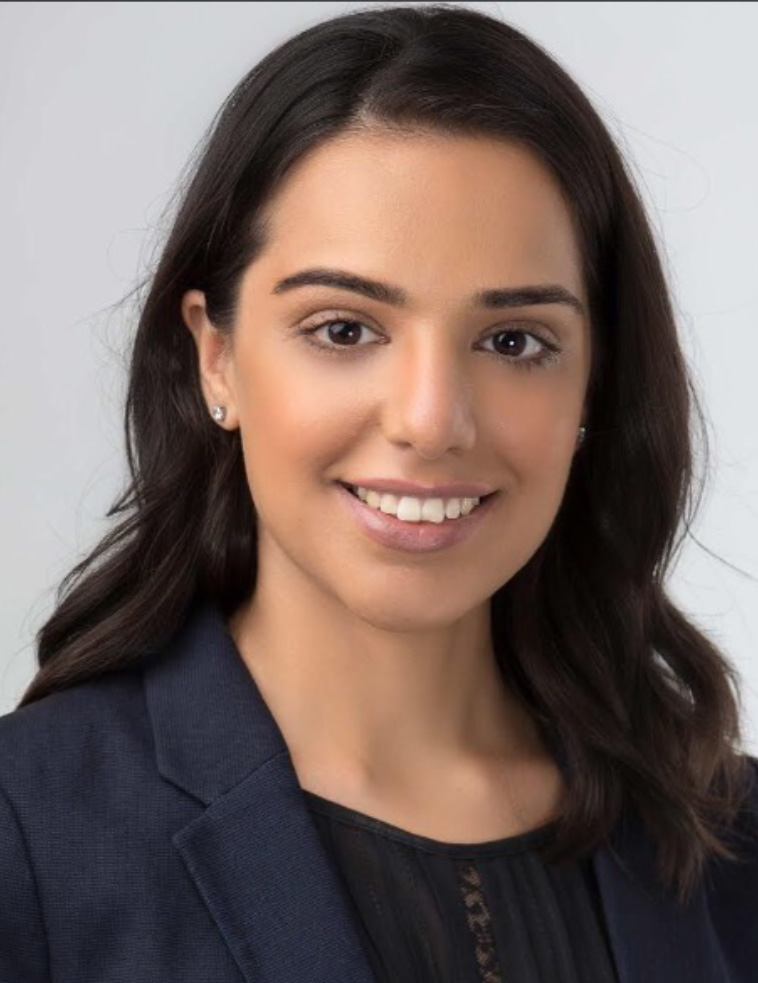
Jasmin Hundal, MD, MS, MPH
Hematology/Oncology Fellow, Ceveland Clinic, Ceveland, OH
Dr. Jasmin Hundal is a Hematology-Oncology Fellow at the Cleveland Clinic, where she delivers compassionate, patient-centered cancer care. She earned her MD from Ross University School of Medicine, completed her Internal Medicine Residency and Lifestyle Medicine Fellowship at the University of Connecticut (where she also obtained an MPH), and holds an MS in Biotechnology from Johns Hopkins University. Her clinical focus lies in integrating nutrition, exercise, and metabolic health into oncology practice, while her research explores how modifiable factors, such as diet, obesity, and the microbiome—influence cancer risk, treatment response, and survivorship, with a particular emphasis on breast oncology and AI-driven personalized care.

Natasha Hunter
Assistant Professor, Clinical Research Division, Fred Hutchinson Cancer Research Center, Seattle, WA
Dr. Natasha B. Hunter is an Assistant Professor and Medical Oncologist specializing in breast cancer at the Fred Hutchinson Cancer Center. Dr. Hunter earned her medical degree from the Warren Alpert Medical School of Brown University. She completed her internal medicine residency at Beth Israel Deaconess Medical Center in Boston, followed by a fellowship in medical oncology at the Sidney Kimmel Comprehensive Cancer Center at Johns Hopkins Medicine. Her clinical and research interests focus on breast cancer biomarkers to monitor treatment response, recurrence, and remission. She is also dedicated to improving access to clinical trials and emerging therapies for patients in remote areas, particularly those with metastatic disease.
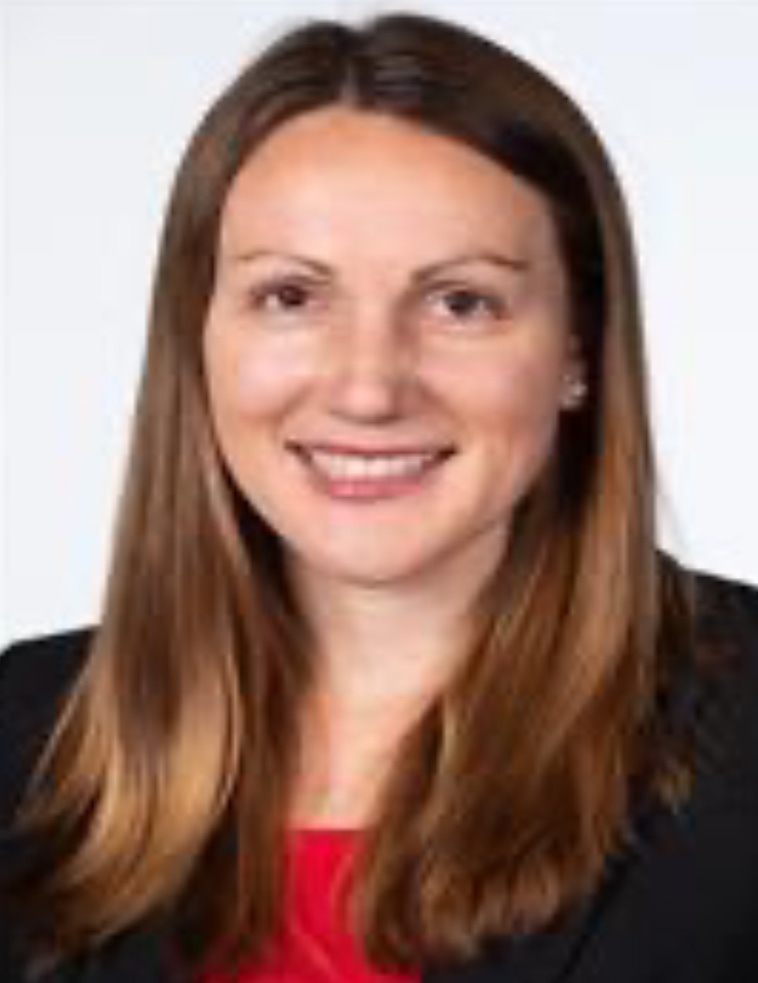
Laura Huppert, MD
Assistant Professor, Division of Hematology/Oncology, Department of Medicine, UCSF, San Francisco CA
Dr. Laura Huppert is an Assistant Professor and breast medical oncologist at the University of California, San Francisco (UCSF). Dr. Huppert earned her medical degree at Harvard Medical School. She completed Internal Medicine Residency and Hematology/Oncology Fellowship at UCSF before starting on faculty at UCSF. Dr. Huppert is interested in clinical and translational breast cancer research in both early-stage and metastatic disease. She is involved in the I-SPY2 clinical trial for neoadjuvant therapy in early-stage breast cancer and Chairs the Metastatic Disease Working Group and the Endocrine Optimization Protocol Safety Working Group. She is also interested in designing clinical trials with novel therapies for patients with metastatic breast cancer and leads several investigator-initiated clinical trials.
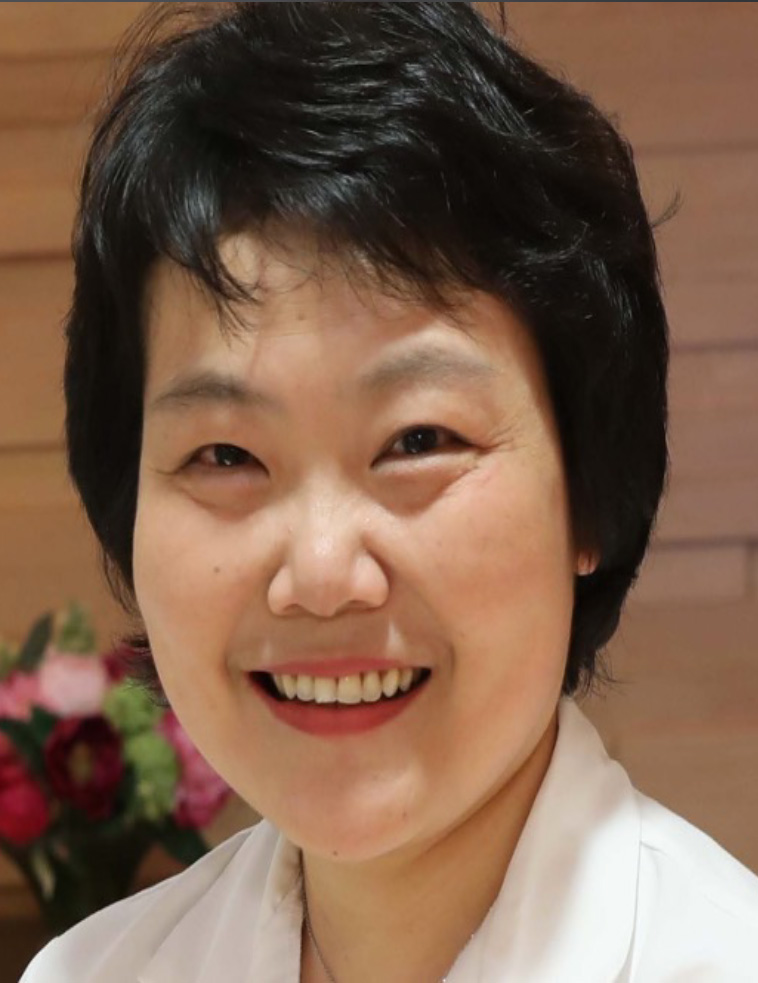
Hanna Irie, MD, PhD
Associate Professor of Medicine, Department of Medicine, Division of Hematology and Medical Oncology, Mount Sinai, New York, NY
Hanna Y. Irie MD, PhD: Dr. Irie is an Associate Professor at the Tisch Cancer Institute in the Departments of Medicine (Division of Hematology and Medical Oncology) and Oncological Sciences of the Icahn School of Medicine at Mount Sinai in New York City. She is a physician- scientist whose research program is focused on identifying, validating, and translating novel therapeutic targets for high-risk breast cancers, especially drug-resistant and metastatic disease. While maintaining an active clinical practice as a breast medical oncologist, she has led translational efforts at the Dubin Breast Center of Mount Sinai, including the creation of the Breast Tumor Biorepository and generation of patient-derived xenograft (PDX) models of high risk and metastatic breast cancers from diverse populations. Dr. Irie received her MD and PhD degrees from Harvard Medical School, where she also completed her post-doctoral research fellowship. She completed her clinical fellowship in Medical Oncology at the Dana-Farber Cancer Institute and Massachusetts General Hospital. Dr. Irie’s research team has used phenotypic, genetic, and pharmacologic screening strategies to identify novel candidate therapeutic targets for breast cancer cells that are resistant to current standard-of-care treatments. With validation using unique PDX models, the team has partnered with chemical biologists to develop novel, first-in-class therapeutic compounds with the goal of optimizing them for clinical translation. Dr. Irie has published in Nature Communications, Cell Reports, Cancer Research, NPJ Breast Cancer, Breast Cancer Research and Oncotarget, and her research has received support from the Department of Defense Breast Cancer Research Program, the American Cancer Society, the Breast Cancer Research Foundation, AACR, and Susan G. Komen for the Cure.
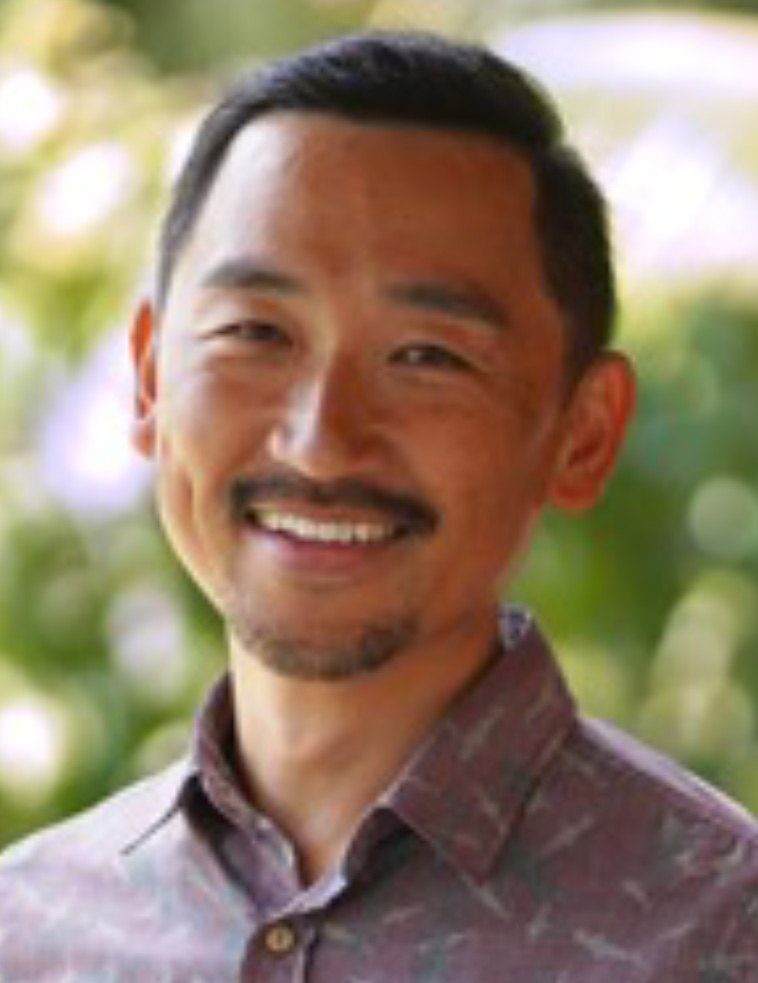
Toshiaki Iwase, MD, PhD
Associate Professor, University of Hawaii Cancer Center, Honolulu, HI
Dr. Iwase is an Associate Professor at the University of Hawaii Cancer Center. He is also appointed as a Medical Director at the Clinical Trials Office (CTO). He earned his medical degrees, residency and fellowships in Emergency medicine and breast surgical oncology and PhD from Japan. He then joined the MD Anderson Cancer Center as a post doctoral fellow in Section of Translational Breast Cancer Research Department of Breast Medical Oncology. Dr Iwase’s research focuses on the development of cutting-edge treatments for cancer and identification of novel predictive biomarkers through early phase investigator-initiated clinical trials. He is committed to address healthcare disparity in clinical trials that involve unique patient populations in Hawaii and the U.S. Affiliated Pacific Islands.
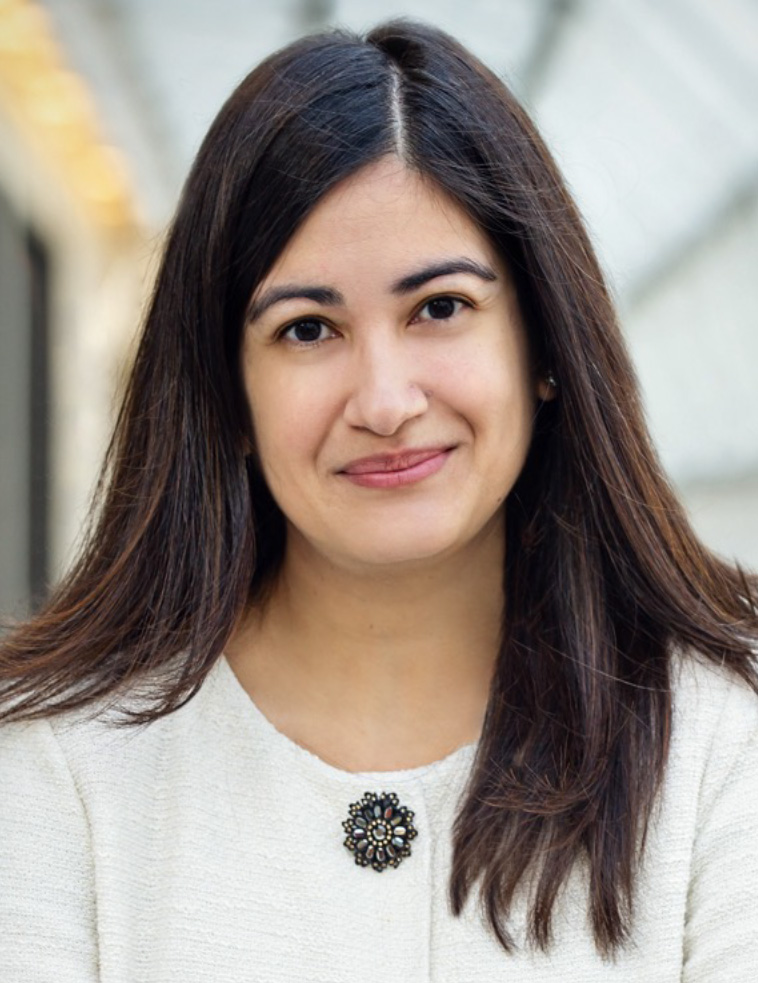
Reshma Jagsi, MD, DPhil
Lawrence W. Davis Professor and Chair, Department of Radiation Oncology, Emory University School of Medicine, Atlanta, GA
Dr. Reshma Jagsi, M.D., D.Phil., is the Lawrence W. Davis Professor and Chair of the Department of Radiation Oncology at Emory University. Dr. Jagsi has been elected to the National Academy of Medicine, Association of American Physicians, and American Society of Clinical Investigation in recognition of her work to promote equity in health outcomes of patients and in career outcomes of physicians. Author of over 500 publications, she is PI of multiple NIH grants and grants from philanthropic foundations, including a Komen Senior Scholar Award. Both a clinical trialist and health services researcher, she is internationally recognized for research to strengthen autonomy in patients with breast cancer and to individualize breast cancer care. She leads multicenter randomized trials of forgoing radiotherapy in lower-risk patients, intensifying it in patients with more aggressive disease, and enhancing patient-centered communication. Dr Jagsi serves on the Steering Committee of the Early Breast Cancer Trialists Collaborative Group, is co-chair of the Miami Breast Cancer Symposium, and is Associate Editor at JAMA Oncology; she has also served on the Lancet’s Breast Cancer Commission, the Program Committee of the San Antonio Breast Cancer Symposium, and the Board of Directors of the American Society of Clinical Oncology. She has received many honors, including the Marion Spencer Fay Award, the AAMC Group on Women in Science and Medicine’s Leadership Award, LEAD Oncology’s Woman of the Year Award, ASTRO’s inaugural Mentorship Award, AMSA’s Women Leaders in Medicine Award, AWiS’s Meridian Award, AMA’s Inspiration Award, AMWA’s Woman in Science Award, and AAWR’s Marie Curie Award. She is a fellow of the AAAS, ASCO, ASTRO, AAWR, and the Hastings Center.
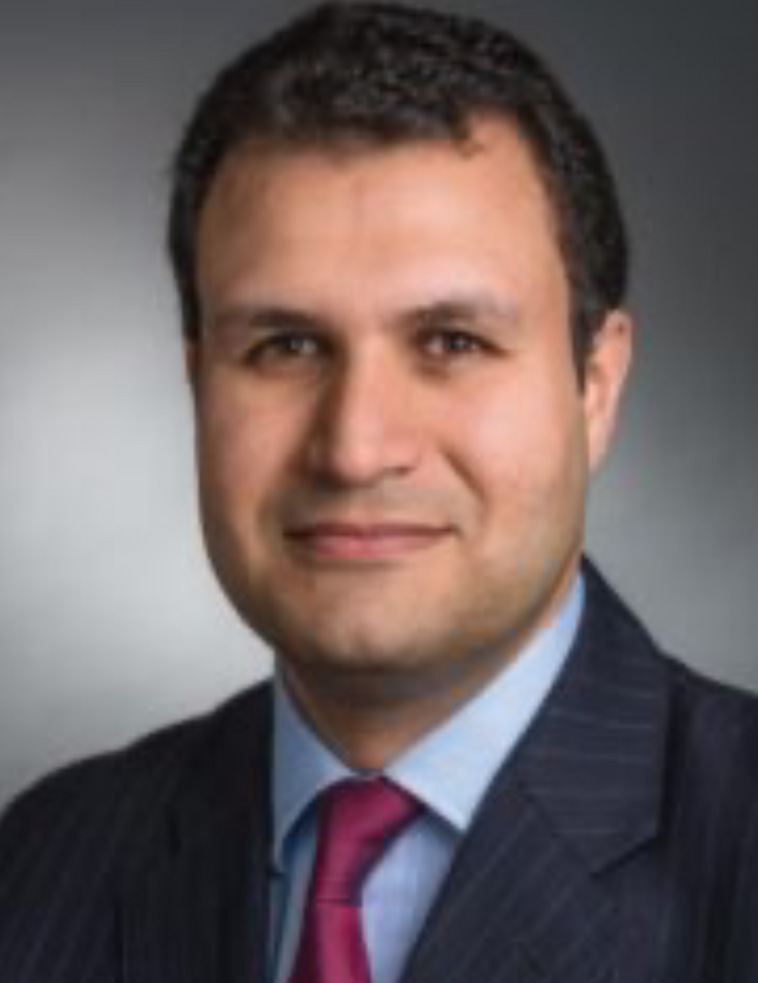
Sheheryar K. Kabraji, BM, BCh
Associate Professor of Oncology, Chief of Breast Medicine, Department of Medicine, Roswell Park Comprehensive Cancer Center, Buffalo, NY
Dr. Sheheryar Kabraji is the Chief of Breast Medicine and Associate Professor of Oncology at Roswell Park Comprehensive Cancer Center. He received his medical degree from Oxford University Medical School and completed internal medicine residency at Massachusetts General Hospital. As a medical oncology fellow in the Dana Farber/Partners Hematology/Oncology Fellowship Program, he undertook post-doctoral research in the laboratory of Sridhar Ramaswamy at the Mass General Cancer Center where he demonstrated that AKTlow quiescent cancer cells can be found in residual breast tumors after neoadjuvant chemotherapy.
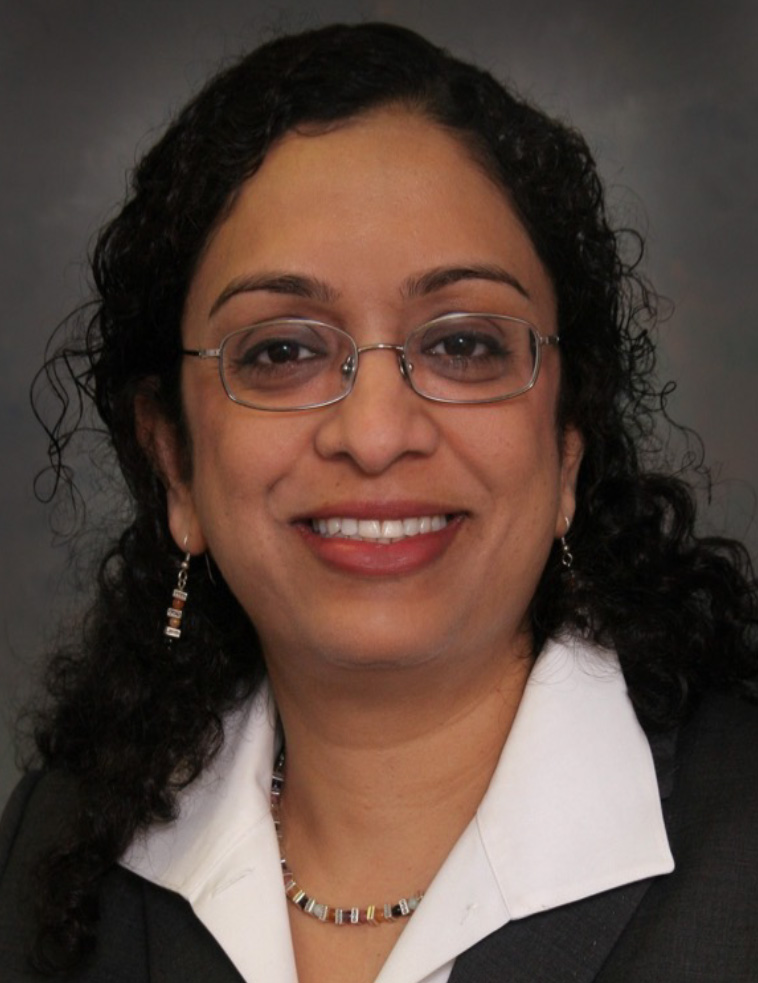
Sailaja Kamaraju, MD, MS
Associate Professor, Froedtert/Medical College of Wisconsin, Division of Hematology/Oncology, Milwaukee, WI
Sailaja Kamaraju, MD, is an associate professor of medicine at the Medical College of Wisconsin, Division of Hematology and Oncology. Dr. Kamaraju earned her medical degree from Guntur Medical College in Guntur, India, and then completed an internal medicine residency at Hennepin County Medical Center and the University of Minnesota in Minneapolis in 1999. Dr. Kamaraju then completed a fellowship in hematology and oncology at the University of Minnesota in 2002. Prior to joining the Medical College of Wisconsin, Dr. Kamaraju served as clinical Assistant Professor at University of Wisconsin School of Medicine and Public Health in Madison and as Medical Director for the Vince Lombardi Cancer Center at Aurora Wilkinson Medical Clinic in Summit. Dr. Kamaraju’s research focus is in toxicities of cancer treatments and cancer-related outcomes. Her current projects include cardiovascular outcomes with adjuvant endocrine therapy in breast cancer survivors.
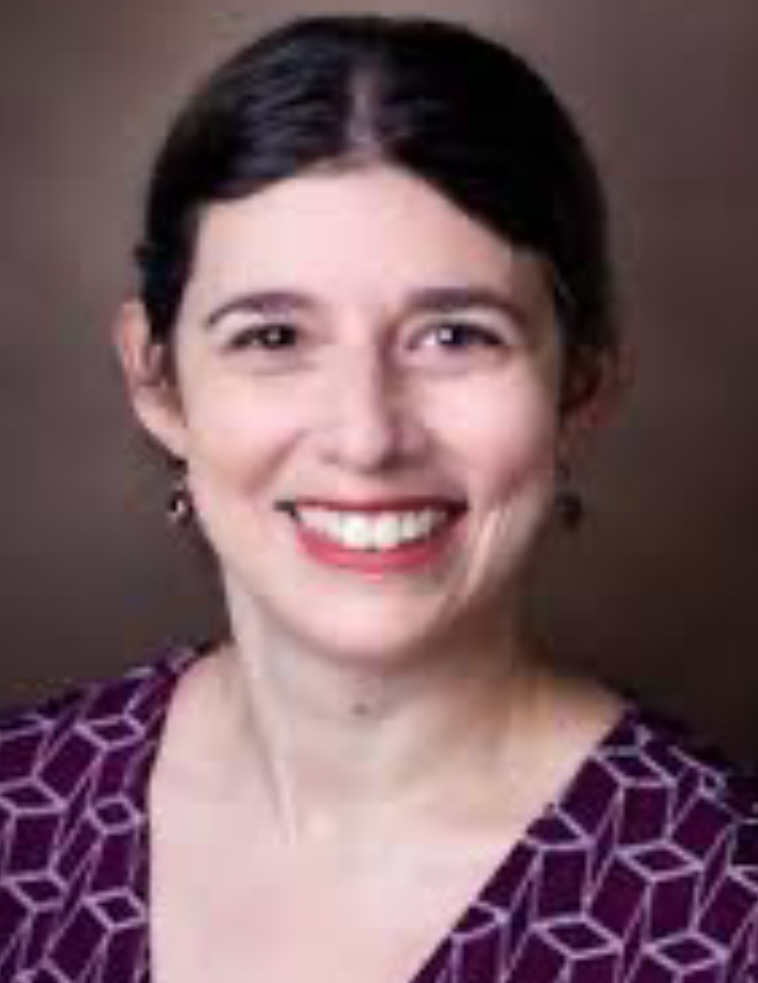
Laura C. Kennedy, MD, PhD
Assistant Professor, Vanderbilt University Medical Center, Nashville, TN
Dr. Laura Kennedy is a board-certified medical oncologist at the Vanderbilt Breast Center. Dr, Kennedy received her bachelor’s degree in Biochemistry and Chemical Engineering from the University of Maryland, College Park. She earned a PhD in Bioengineering from Rice University while working toward her MD in the Medical Scientist Training Program at Baylor College of Medicine in Houston. She completed internal medicine residency training at the University of Washington and a hematology-oncology fellowship at the Fred Hutchinson Cancer Research Center. Dr. Kennedy’s clinical interests include how the immune system can influence the breast cancer response to therapy. Her research interests include minimally invasive strategies to predict the response of the tumor microenvironment to immune treatments such as trastuzumab.
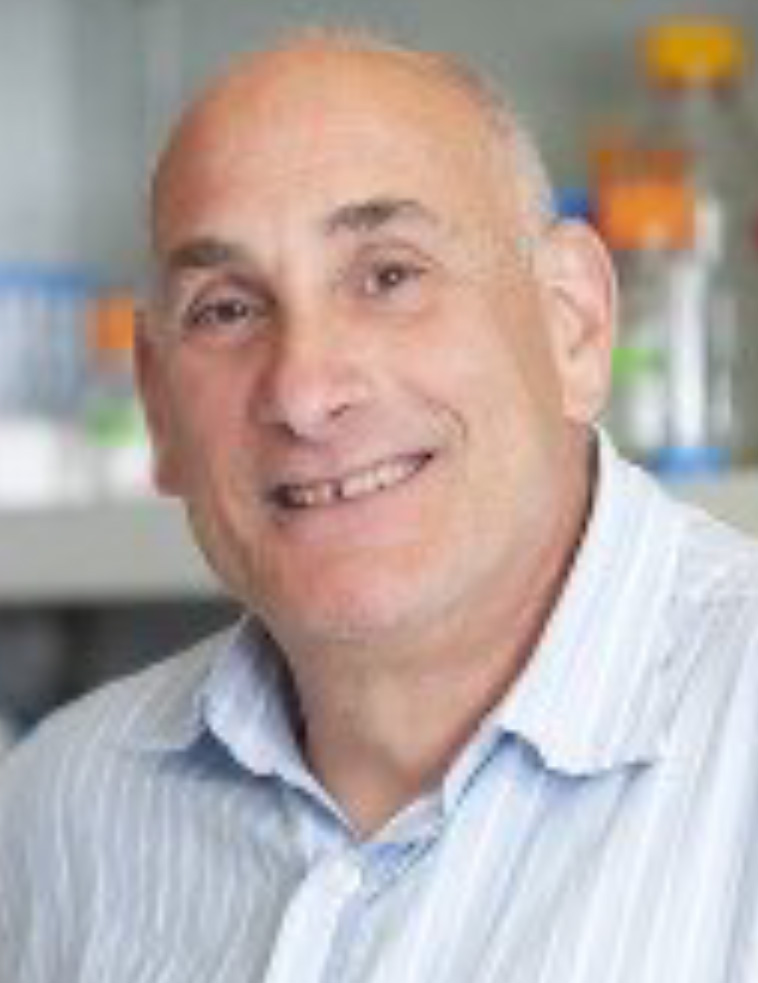
Andrew Koff, PhD
Professor, Member, Molecular Biology Program, Head, Laboratory of Cell Cycle Regulation, Memorial Sloan Kettering Cancer Center, York Avenue, NY
Dr. Andrew Koff is a long-standing member and Professor in the Molecular Biology Program at the Sloan Kettering Institute of Memorial Sloan Kettering Cancer Center, and the co-Chair of the Weill Cornell Medical College Allied Graduate Programs in Biochemistry, Cell and Molecular Biology. From his initial back-to-back discoveries of cyclin E by genetic complementation in yeast, and then one of the first cdk inhibitors, p27kip1, from its biochemical properties preventing cyclin E-cdk2 in TGF-beta treated and confluent cells in the early 90’s his laboratory has continued to use biochemical, molecular, cellular, and genetic approaches (in mice) to investigate the roles and regulation of CDK inhibitors during differentiation, development, and cancer biology. He defined non-inhibitory roles that Kip-type CDK inhibitors play in promoting the assembly of cyclin D-cdk4 complexes, established the G1 state-specific regulatory mechanisms impacting p27 abundance and demonstrated the haploinsufficient nature of p27 and its relationship to Rb-loss. Ultimately this work led to how p27 impacted genetic instability and explained the breadth of the observation that p27 was a strong prognostic indicator for a number of stage II cancers to progress to more malignant state. More recently, he has led a research team purposefully aligned with clinical trialists to discern how CDK4 inhibitors mediate their clinical activity. Integrating a system-biological approach, computational biology, and direct analysis in cell lines and human biopsies taken before and during therapy on trial he has defined that senescence played a role, driving efforts to elucidate the molecular pathway by which this occurs first in the context of dedifferentiated liposarcoma and now in ER-positive Her2-negative breast cancer.
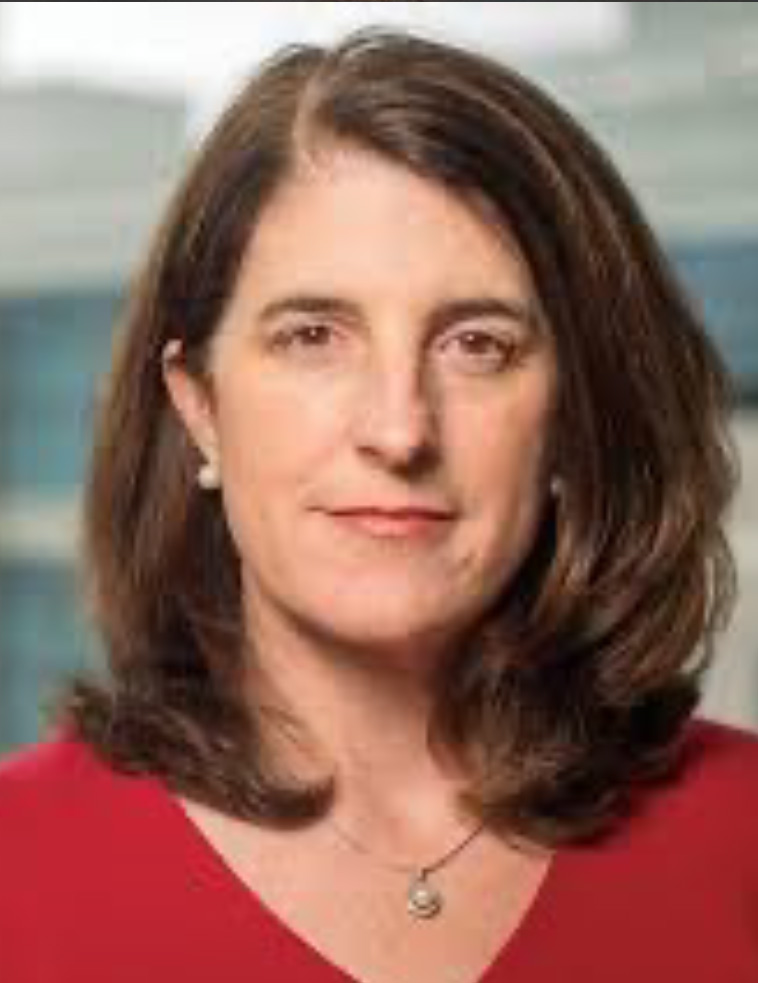
Jennifer Keating Litton, MD, MHCM
Vice President, Clinical Research, Professor, Breast Medical Oncology, Division of Cancer Medicine, The University of Texas MD Anderson Cancer Center, Houston, TX
Jennifer Keating Litton, M.D., MHCM is Vice President of Clinical Research and a Professor in the Department of Breast Medical Oncology at The University of Texas MD Anderson Cancer Center. She holds an additional faculty position in the Graduate School of Biomedical Sciences at The University of Texas Health Sciences Center in Houston. She attended Duke University, with degrees in English and in History, The University of Massachusetts Medical School and earned a Master’s Degree in Health Care Management from Harvard T.H. Chan School of Public Health. After completing an Internal Medicine Residency at Baylor College of Medicine, she served as Chief Medical Resident. She completed her fellowship in Medical Oncology at The University of Texas MD Anderson Cancer Center before joining the faculty in the Department of Breast Medical Oncology. Her research interests include the treatment of young breast cancer patients, including the treatment of breast cancer during pregnancy, treatment-related infertility, hereditary cancer syndromes, immunotherapy and triple negative breast cancer. She has been the principal investigator for multiple clinical trials. She served as a member of the National Cancer Center Network National Guidelines Panel for Hereditary Breast and Ovarian Cancer Syndromes, the Breast Immuno-Oncology Task Force of the National Cancer Institute Breast Cancer Steering Committee, Co-Chair of the Society for Immunotherapy of Cancer (SITC) Breast Cancer Subcommittee and co-Chair of the NeoSTEEP project. She has authored multiple abstracts, peer-reviewed journal articles, and book chapters. Dr. Litton has served on the boards of the St. Luke’s Episcopal Health Charities, the Children’s Fund, Suites of Hope and is an alum of the Texas Lyceum. She lives in Houston with her husband Todd and their three children.
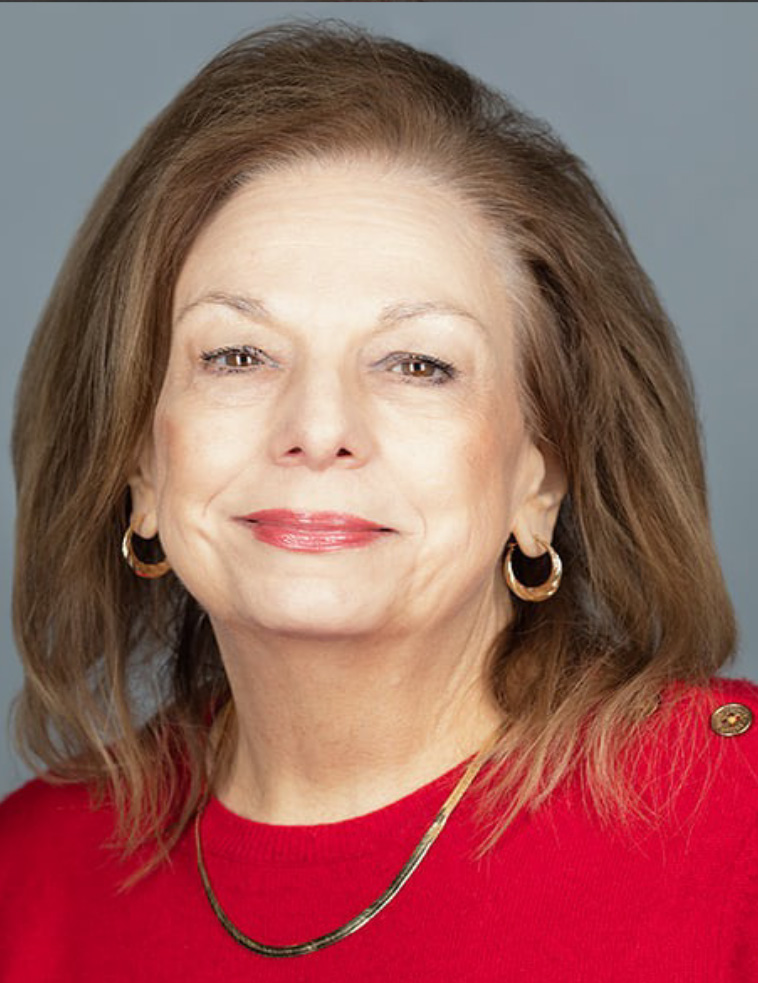
Loretta Loftus, MD, MBA
Professor Vice Chair, Department of Breast Oncology, Moffitt Cancer Center, Tampa, FL
Dr. Loretta Loftus is a medical oncologist and a senior member in the Department of Breast Oncology at Moffitt Cancer Center. She pursued her Doctor of Medicine from the University of Kansas. Dr. Loftus has over thirty years of clinical practice, administrative, teaching, service, and research experience in Internal Medicine, Hematology, and Oncology. She joined the faculty of the University of South Florida College of Medicine and Moffitt Cancer Center & Research Institute in 2001 as Professor of Medicine & Oncology where she obtained an MBA in 2003. She was previously an Assistant Dean and Professor of Medicine at the University of Missouri-Kansas City School of Medicine. Dr. Loftus is Moffitt’s principal investigator of the National Comprehensive Cancer Network Breast Outcomes Project, which is a national database and resource for best practice decisions. She is also a member of the NCCN panel for breast cancer risk assessment and reduction. Dr. Loftus helped develop Moffitt’s Lifetime Cancer Screening Center high risk breast clinic for women at increased risk based on family history. She is actively involved in patient care, teaching and research activities, and is a member of numerous regional, national and international medical organizations.
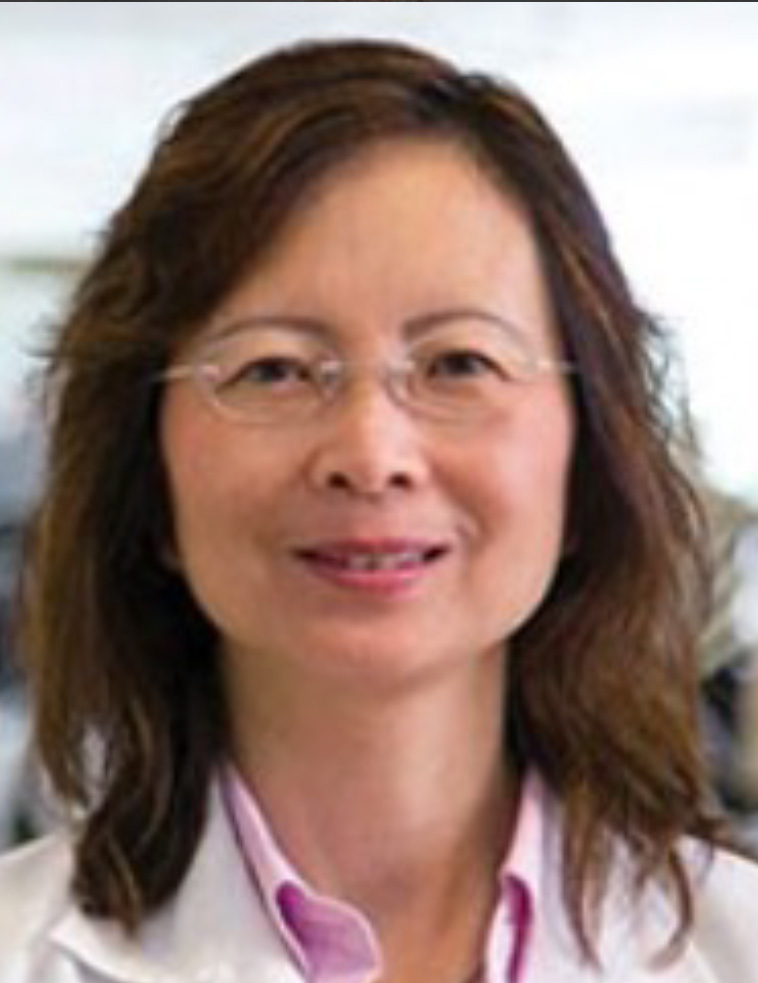
Janice Lu, MD, PhD
Professor and Director of Breast Medical Oncology, Clinical Co-leader, Breast Cancer Research Program, Division of Hematology and Oncology, Assistant Director for Translational Research, Lurie Comprehensive Cancer Center, Clinical Director, Circulating Tumor Cell Core Facility, Northwestern University Feinberg School of Medicine, Chicago, IL
Dr Janice Lu is the Professor of Medicine in Robert H. Lurie Comprehensive Cancer Center in Northwestern University. She received her medical degree from Beijing Medical University, completed her residency from St Joseph's University Medical Center and fellowship from NYU Grossman School of Medicine. Her research primarily centers on developmental therapeutics and translational aspects of breast cancer, with a focus on immunotherapy, antibody drug conjugates and cell therapies, and investigating new and cutting-edge treatment for unmet need. She serves in various committees within I-SPY Consortium and NRG for breast cancer drugs development and innovative trials. She has made contributions to the development of new agents for HER2-positive breast cancer. This includes leading an NSABP study, participating in a T-DM1 trial, and spearheading the development of a novel HER2 agent. She also serves as the Vice-Chair of the NRG Oncology Immunotherapy Subcommittee, responsible for leading the initiatives for immunotherapy projects within the NRG Oncology Cooperative Group.

Douglas K. Marks, MD
Associate Professor (Clinical), Department of Medicine, NYU Grossman Long Island School of Medicine, Mineola, NY
Douglas Marks, MD is an associate professor of medicine and the medical director of the Perlmutter Cancer Center clinical trials office on Long Island for NYU Langone Health. Dr. Marks is a breast oncologist who treats breast cancer patients with standard therapies, as well as, on clinical trials that evaluate the activity of newly developed therapeutic agents in breast cancer. As medical direct of the clinical trials office, Dr Marks is responsible for the growth of the clinical trials program across tumor types for Perlmutter Cancer Center locations throughout Long Island.
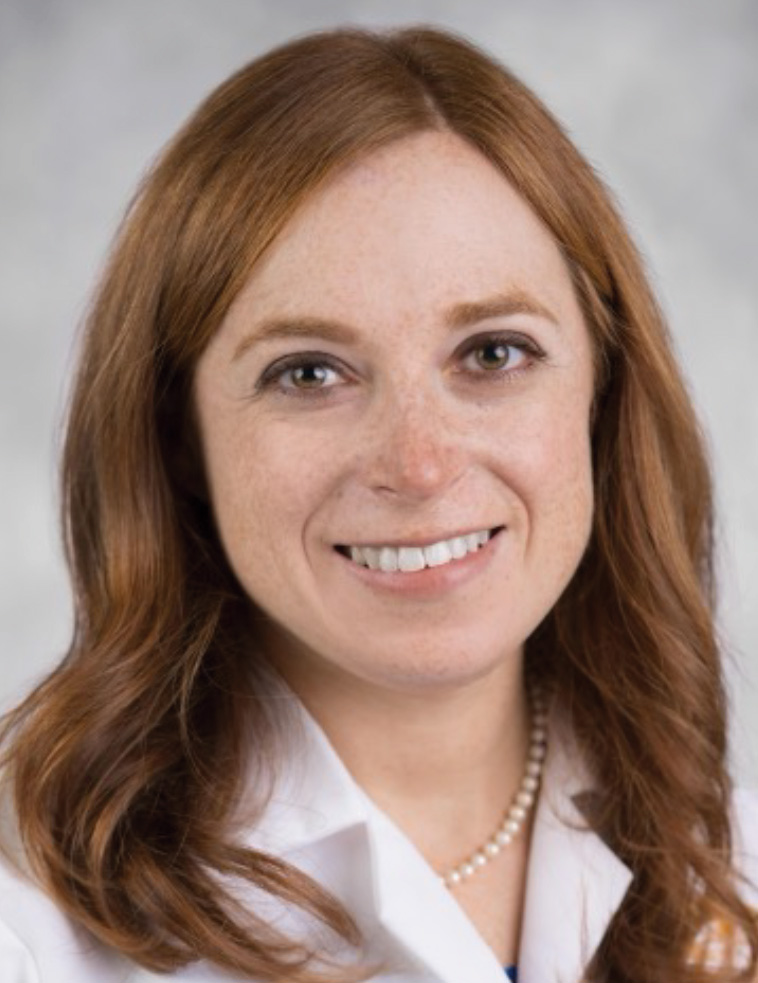
Jennifer M. Matro, MD
Medical Oncologist, Co-Director of Breast Oncology, Fair Oaks Inova Schar Cancer Institute, Vienna, VA
Dr. Jennifer Matro is a specialty care physician board certified in medical oncology who specializes in the treatment of all types of breast cancer. She joined Inova in 2025 and has been practicing since 2008. Before joining Inova, she served on the faculty as a breast oncologist and Assistant Professor of Clinical Medicine at the University of Pennsylvania. Most recently, she served as an Associate Clinical Professor of Medicine and Clinical Service Chief in the Division of Hematology/Oncology at the University of California San Diego. Dr. Matro completed a hematology/oncology fellowship at Fox Chase Cancer Center at Temple University Hospital, where she was named chief fellow during her third year and twice earned an American Society of Clinical Oncology (ASCO) merit award. Dr. Matro completed her residency and earned her medical degree from the Perelman School of Medicine at the University of Pennsylvania. She is a member of the American Society of Clinical Oncology. In addition to her clinical work, Dr. Matro has taught medical students, residents and fellows. She also lectures regionally and nationally to educate community oncologists and other practitioners about the most recent advances in breast cancer care. She is actively involved in research and clinical trials aimed at reducing the risk of breast cancer recurrence and optimizing the treatment of advanced breast cancer.
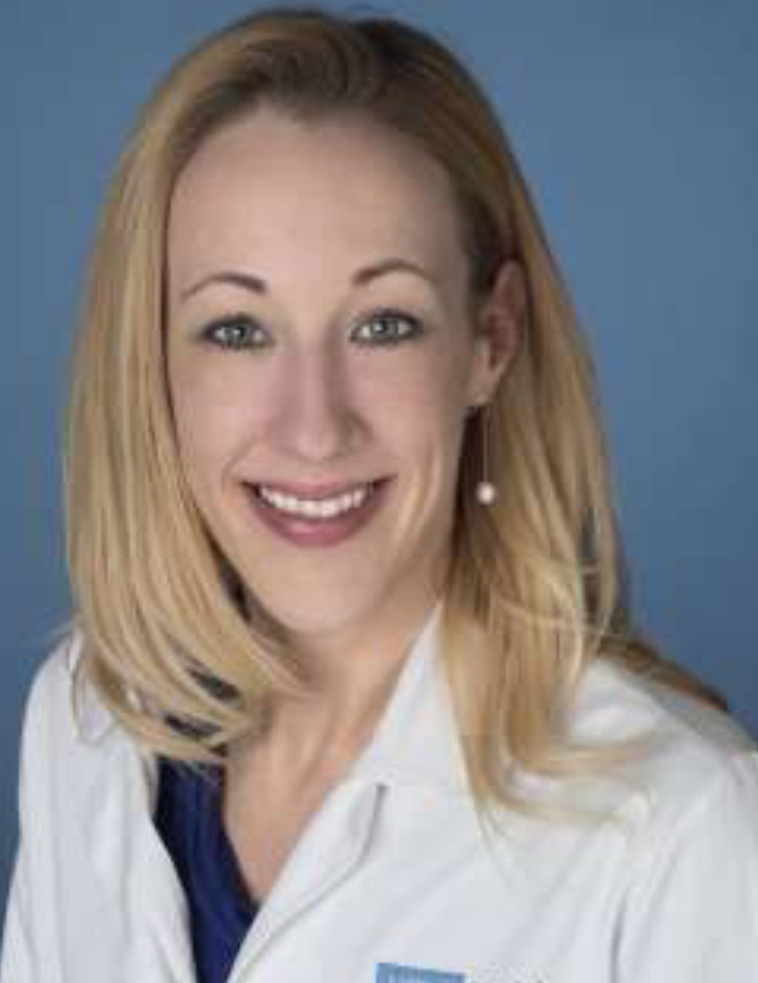
Kelly E. McCann, MD, PhD
Assistant Clinical Professor, Department of Medicine, Division of Hematology and Oncology, David Geffen School of Medicine at the University of California Los Angeles, Santa Monica, CA
Kelly E. McCann, MD, PhD, is an assistant clinical professor in the Division of Hematology/Oncology in the Department of Medicine at the David Geffen School of Medicine at the University of California, Los Angeles (UCLA). She graduated from Rice University in Houston, Texas, with a degree in biomedical engineering before enrolling in the medical scientist training program (MSTP) at Stanford University School of Medicine, where she earned her medical degree and a PhD in cancer biology studying DNA double-strand break repair by homologous recombination. She completed an internship and residency in Internal Medicine at Oregon Health & Science University (OHSU) in Portland and a fellowship in Hematology and Oncology at UCLA. Dr. McCann is board-certified in Internal Medicine, Hematology, and Oncology. Dr. McCann is a breast oncologist specializing in translational breast cancer research. She is a member of UCLA’s Translational Oncology Research Laboratories (TORL) headed by Dr. Dennis Slamon and is an investigator on numerous clinical trials. She is a member of the American College of Physicians (ACP), the American Society of Clinical Oncology (ASCO), and the American Association for Cancer Research (AACR). Her work has been published in such peer-reviewed journals as Science, Bioinformatics, and Radiation Research.
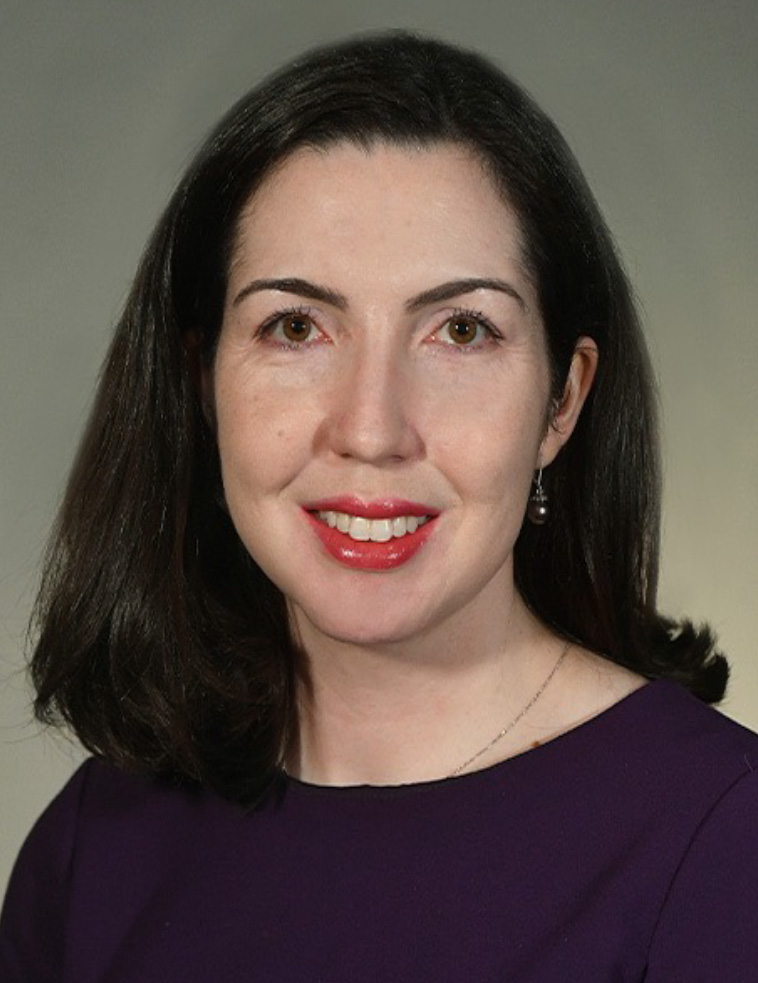
Julia E. McGuinness, MD
Assistant Professor, Division of Hematology/Oncology, Columbia University Irving Medical Center, New York, NY
Dr. Julia McGuinness is an Assistant Professor of Medicine within the Division of Hematology/Oncology at Columbia University Irving Medical Center (CUIMC), specializing in the care of patients with breast cancer or who are at high risk of developing breast cancer. Her research interests include the evaluation of novel imaging-based tools to refine breast cancer risk prediction and to assess response to adjuvant breast cancer therapies. She also serves as the principal investigator for multiple clinical trials at CUIMC that evaluate novel treatments for patients with breast cancer. She is actively involved in the SWOG Cancer Research Network, and serves as a member of the SWOG Prevention and Epidemiology and Breast Committees, as well as the SWOG Breast Translational Medicine Working Group. Dr. McGuinness received her bachelor of arts in Biology magna cum laude from Williams College, and her medical degree with Honor from Baylor College of Medicine, where she was elected to the Gold Humanism Honor Society. She completed both her Internal Medicine residency and Hematology/Oncology fellowship at Columbia University Irving Medical Center, during which she also served as Chief Fellow and completed a Postdoctoral Research Fellowship in Biomedical Informatics. Dr. McGuinness is the recipient of multiple career development awards from the Conquer Cancer Foundation/American Society of Clinical Oncology and the Susan G. Komen Foundation, as well as a TRANSFORM KL2 Mentored Career Development Award.
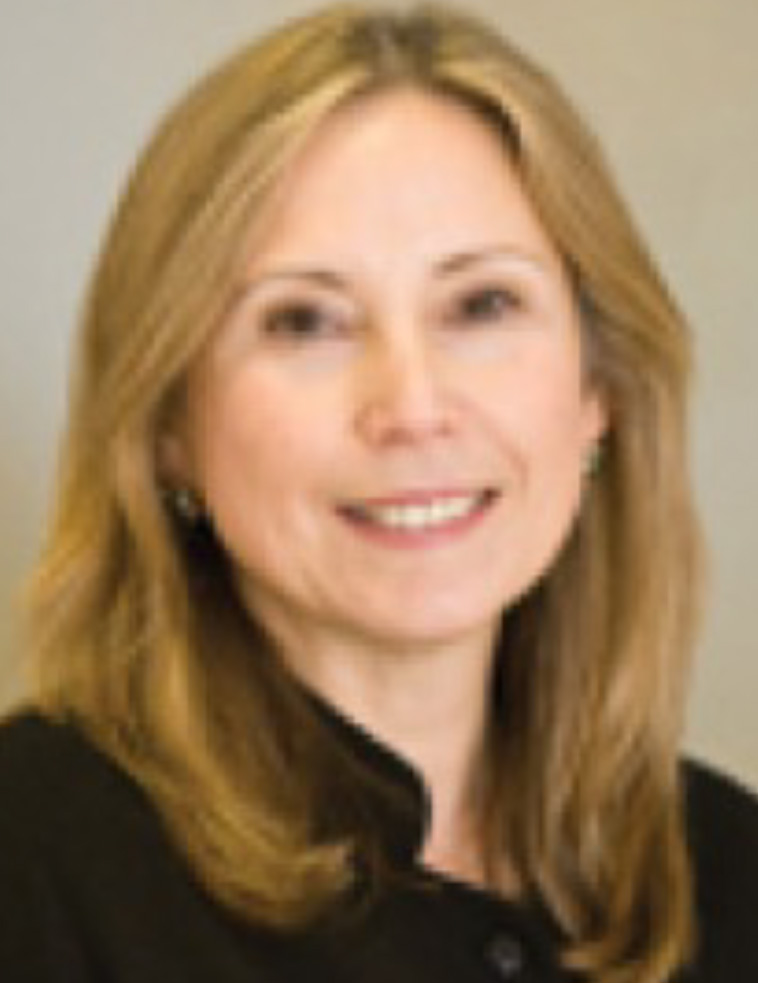
Sofia D. Merajver, MD, PhD
Professor, Epidemiology, Professor, Department of Internal Medicine, Director, Breast and Ovarian Cancer Risk and Evaluation Program, University of Michigan, Ann Arbor, MI
Dr. Sofia D Merajver is a physician scientist with a translational focus of integrating molecular genetics of breast cancer with clinical, social, and environmental determinants of outcomes in the global stage for women at high risk for breast cancer and women affected with aggressive breast cancer phenotypes. As Director of the Breast and Ovarian Cancer Risk Evaluation Program, which she founded the at the University of Michigan in 1995, and as scientific leader of the Breast Oncology Program, she is engaged with clinical translational research that tests prevention and therapeutic interventions as well as educational tools to improve cancer outcomes globally. She has supervised graduate and undergraduate students, and mentored postdoctoral fellows and junior faculty who have entered research careers in molecular and psychosocial aspects of cancer outcomes in special populations in the US and in Africa. Her global health research has encompassed comparative studies on expression of metastasis associated genes in inflammatory breast cancer in the US and Africa, perceived risk, dynamics of social interactions in the family of patients at high risk, fear of insurance and employment discrimination as a major decision making determinant, and acceptance and barriers to utilization of chemoprevention in breast cancer. Her global health work includes collaborations with multidisciplinary teams in the medical, epidemiological, engineering, and social sciences to train translational scientists and to best deliver cancer risk management interventions around the globe and rigorously evaluate their impact in ameliorating inequities in health.
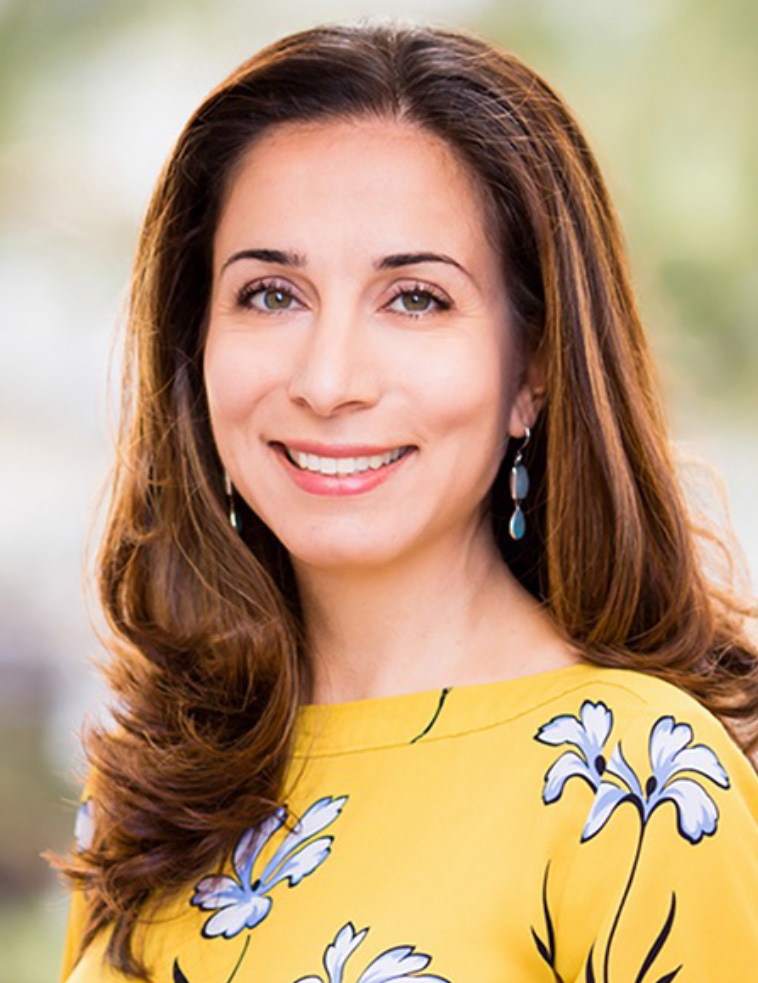
Rita Mukhtar, MD
Associate Professor, Beast Surgical Oncology, School of Medicine, University of California, San Francisco, CARita Mukhtar, MD Associate Professor, Beast Surgical Oncology, School of Medicine, University of California,
San Francisco, CA
Dr. Rita Mukhtar is an Associate Professor of Clinical Surgery at UCSF Health specializing in breast surgical oncology and acute care surgery. She is actively involved in resident education as an Associate Program Director for the UCSF General Surgery Residency. She earned her M.D. from the UCSF School of Medicine in 2006. Dr. Mukhtar remained at UCSF for her General Surgery residency and a postdoctoral fellowship in clinical research, funded by the California Breast Cancer Research Program, before completing a fellowship in Breast Surgical Oncology in 2014. Clinically, Dr. Mukhtar’s expertise encompasses total skin-sparing mastectomies, breast-conserving surgery, wire localization techniques, and sentinel lymph node biopsy for breast cancer management. Her research program, supported by the American Cancer Society and the National Cancer Institute, focuses on invasive lobular carcinoma, breast cancer genetics, and risk-reduction strategies, with additional interests in enhancing imaging modalities and improving survivorship outcomes.
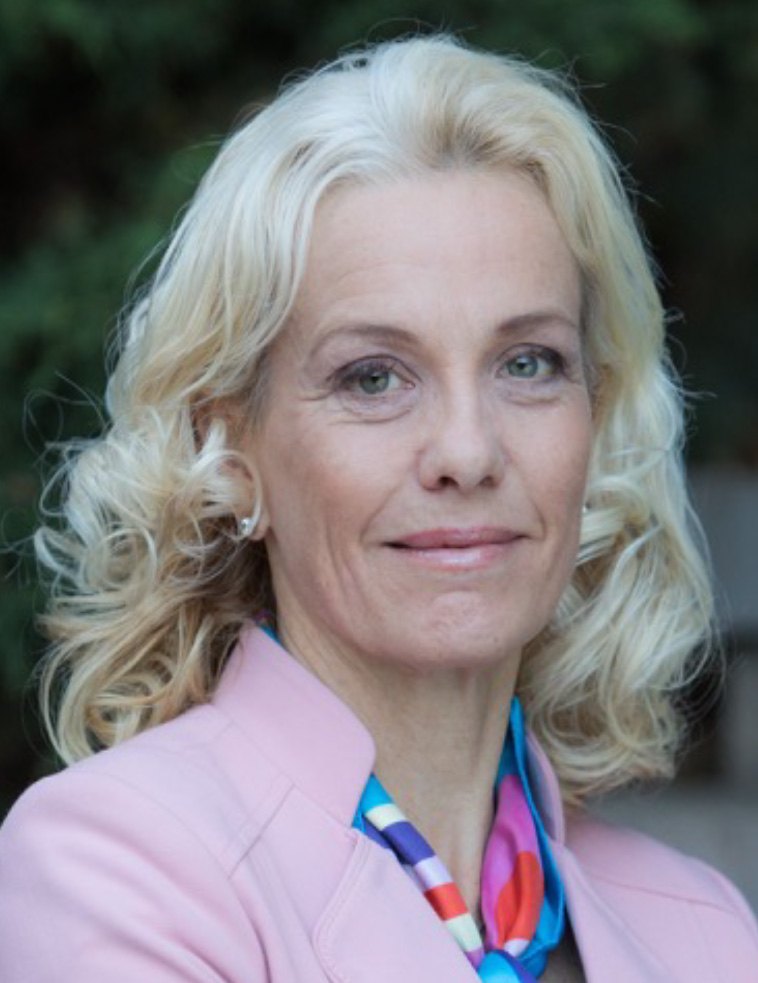
Pamela N. Munster, MD
Mariam Moghadam Safinia Distinguished Professor of Medicine, Program Leader Molecular Oncology Program, Co-Leader BRCA Center for Research, Director of Early Phase Clinical Trials' Program, Helen Diller Cancer Center, University of California, Founder and CEO, Alessa Therapeutics, San Francisco, CA
Dr. Munster is a physician scientist who received her medical degree from the University of Bern, Switzerland. She completed her Internal Medicine training at Indiana University Medical Center and Heme-Onc Fellowship at Memorial Sloan-Kettering Cancer Center, New York where she then served on faculty as a breast cancer specialist. She subsequently joined the Division of Breast Oncology and Experimental Therapeutics Program at Moffitt Cancer Center in Tampa, Florida, as the Scientific Director of Breast Research and Co-Chair of the Experimental Therapeutics Program prior to moving to the University of California, San Francisco. Dr. Munster is the Marian Moghadam Safinia Distinguished Professor in Residence, the Program Leader for Molecular Oncology, and the CoLeader of the BRCA Center for Research and Hereditary Cancer Clinic at the Helen Diller Family Comprehensive Cancer Center. Dr Munster is also the founder and current CEO of Alessa Therapeutics, a UCSF spin-off, developing organ selective localized therapeutic interventions. She serves on several NCI study sections including on the steering committee for PREVENT. Additionally, she is the Co-chair of the Experiential Therapeutics committee at the Alliance of Clinical Trials in Oncology, chairs the Exam Committee for the American Board of Internal Medicine (ABIM), and advises AnCan, a large national patient advocacy program as a board member. Her NCI funded basic research laboratory is focused on epigenetic and inherited factors of tumor development and treatment. Dr. Munster’s clinical mission is to translate novel scientific discovery more rapidly to patient care by integrating multi-modality novel treatment strategies and new detection methods with the goal to allow patients with incurable cancer real time and broad access to scientific advances. Dr. Munster has published in numerous peer-reviewed scientific journals and textbooks. She has authored “Twisting Fate”, a book on her journey of carrying the BRCA mutation.
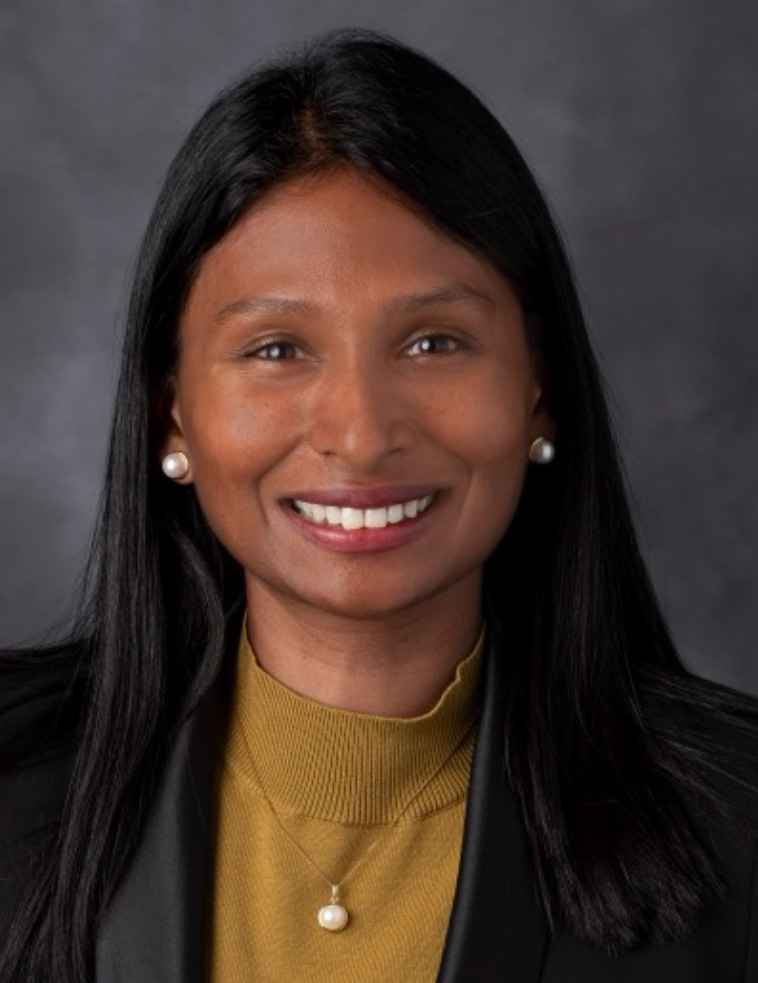
Blessie E. Nelson, M.B.B.S., D.M.R.T.
Assistant Professor, Department of Breast Medical Oncology, The University of Texas MD Anderson Cancer Center, Houston, TX
Dr. Blessie E. Nelson is an Assistant Professor in the Department of Breast Medical Oncology at The University of Texas MD Anderson Cancer Center. Dr. Nelson earned her M.B.B.S. from Tribhuvan University, Nepal, and a D.M.R.T. from Christian Medical College, India. She completed residencies in Radiation Oncology and Internal Medicine, followed by fellowships in Medical Oncology at UTMB and Investigational Cancer Therapeutics at MD Anderson. Her research interests encompass early-phase clinical trials, molecular cancer therapeutics, and the abscopal effect in cancer treatment. Dr. Nelson has contributed to numerous peer-reviewed publications and has been actively involved in institutional committees at MD Anderson, including the IRB Review Committee and the Diversity Taskforce Working Group.
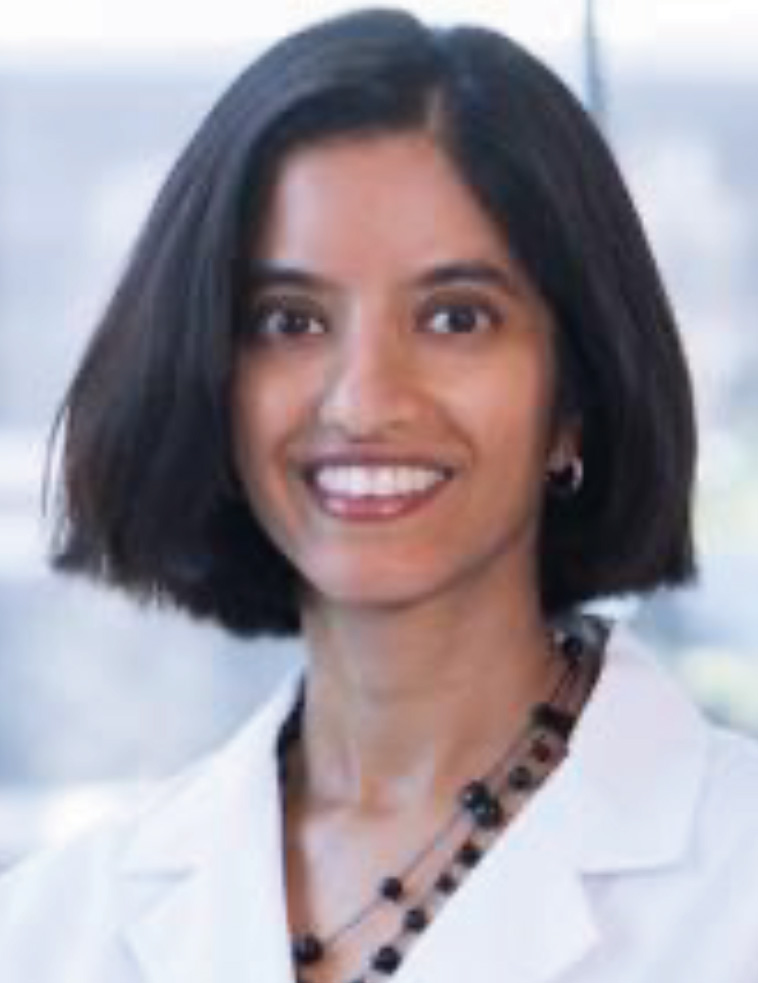
Polly Niravath, MD
Associate Professor, Section Chief, Breast Oncology Director, Cancer Survivorship Program Lois E. And Carl A. Davis Centennial Chair in Cancer Research, Dr. Mary and Ron Neal Cancer Center Houston Methodist Hospital, Houston, TX
Dr. Polly Niravath is board certified by the American Board of Internal Medicine in oncology and hematology. She is a breast oncologist for the Houston Methodist Cancer Center and spearheads the survivorship clinic. Her goal is to offer comprehensive care to patients, from diagnosis and treatment to long-term survivorship care. Her primary interests are breast cancer, symptom management, and aromatase inhibitor side effects. Dr. Niravath's research focuses on minimizing treatment-related side effects for breast cancer patients. After completing her medical training at University of California at Irvine, Dr. Niravath completed both her residency and fellowship at Baylor College of Medicine. There, she received the Excellence in Teaching Award and also earned competitive grant funding for her clinical research from sources such as National Institutes of Health and National Comprehensive Cancer Network. Dr. Niravath is a member of the American Society of Clinical Oncology and the American Association for Cancer Research. She is fluent in Spanish and sees patients at Houston Methodist Hospital.
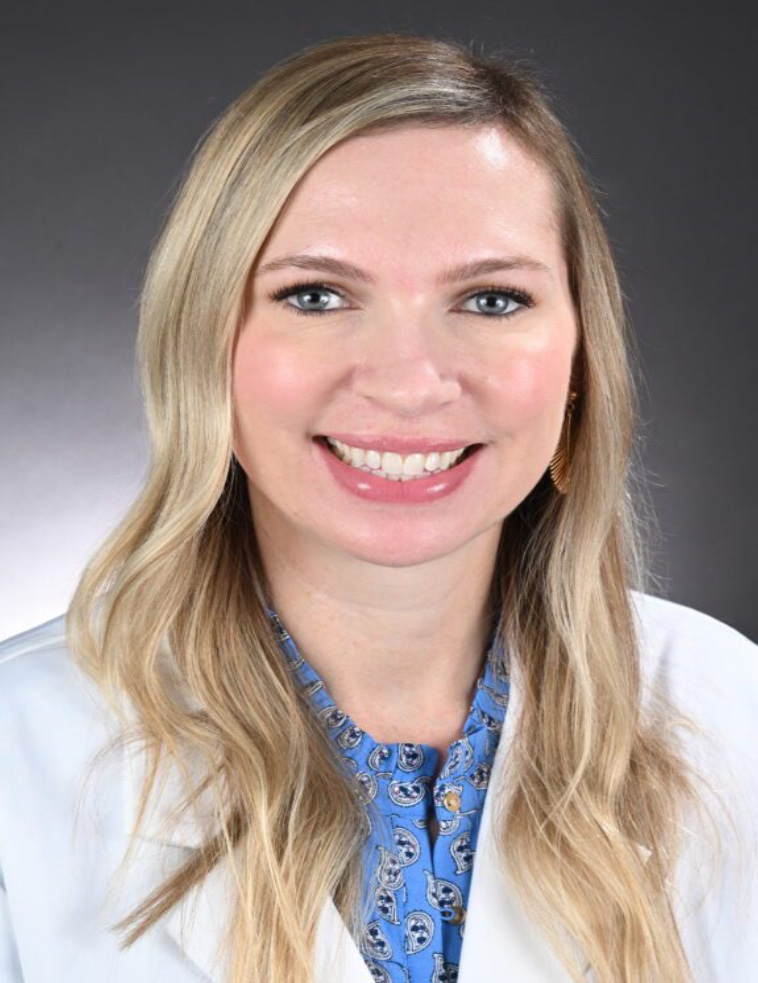
Sara Nunnery, MD, MSCI
Director of Breast Cancer Research, Physician, Tennessee Oncology, Mt. Juliet, TN
Dr. Sara Nunnery earned her medical degree from the University of Tennessee Health Science Center and completed her Internal Medicine Residency at the University of California, San Francisco. She completed her fellowship in hematology/oncology at Vanderbilt University Medical Center and completed her Master of Science in Clinical Investigation at Vanderbilt University. She was previously a breast oncologist at the Vanderbilt Breast Center and Assistant Professor of Medicine at Vanderbilt University Medical Center before joining Tennessee Oncology in August 2024 as Director of Breast Cancer Research. Her goal at Tennessee Oncology is to bring the latest clinical trials and cutting-edge therapies to patients with breast cancer across communities in middle and east Tennessee.
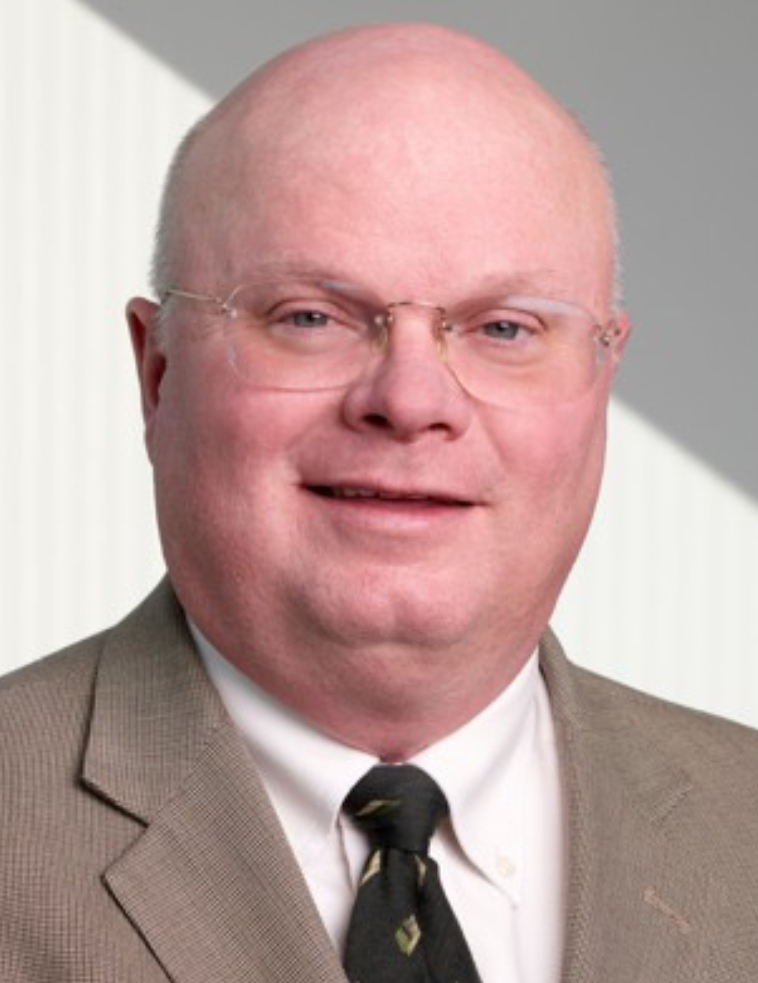
Mark Pegram, MD
Suzy Yuan-Huey Hung Endowed Professor, Professor of Medicine, Medical Director of the Stanford Clinical Translational Research Unit, Associate Dean for Clinical Research Quality, Stanford University School of Medicine, Associate Director of Clinical Research, Stanford Comprehensive Cancer Institute, Stanford, CA
Dr. Pegram is the first director of the Breast Cancer Oncology Program at Stanford Women’s Cancer Center and the Susy Yuan-Huey Hung Professor of Oncology. He is also the co-director of Stanford’s Molecular Therapeutics Program. He is a renowned clinician and scholar in breast cancer research and a leader in translational medicine. Dr. Pegram played a major role in developing the drug Herceptin as a treatment for HER2-positive breast cancer, which constitutes about 20 percent of all cases. His laboratory experiments demonstrated that combining Herceptin with chemotherapy effectively killed cancer cells that overproduced the growth factor HER2. Dr. Pegram and others then conducted clinical trials showing that Herceptin improved survival rates and even cured some breast cancer patients. This remains one of the premier examples of bench-to-bedside translational research. Dr. Pegram’s current research efforts include a continued focus on the cancer-associated gene that encodes HER2 and developing new ways to target cancer cells expressing this protein. He is also pursuing strategies to target estrogen receptors, implicated in some 70 percent of all breast cancer cases. Dr. Pegram earned his undergraduate and medical degrees from the University of North Carolina before joining the faculty of the University of California, Los Angeles. He spent five years at the University of Miami Miller School of Medicine, where he was a Sylvester Chair professor of medicine in the Braman Family Breast Cancer Institute and associate director for clinical research in the University’s Sylvester Comprehensive Cancer Center. He joined the Stanford faculty in 2012.
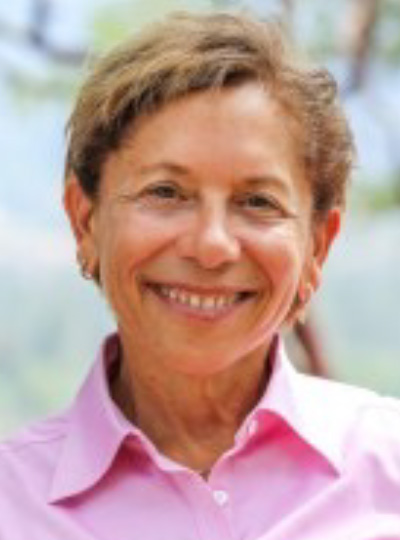
Edith A. Perez
Professor Emeritus, Mayo Clinic, Kenwood, CAEdith A. Perez Professor Emeritus, Mayo Clinic, Kenwood, CA
Dr. Edith A. Pérez is the Serene M. and Frances C. Durling Professor of Medicine at the Mayo Clinic Alix School of Medicine and Director of the Breast Cancer Translational Genomics Program, with a supplemental consultant appointment in Hematology/Oncology at Mayo Clinic Jacksonville. She earned her B.S. in Biology, magna cum laude, from the University of Puerto Rico, Río Piedras Campus in 1975, and her M.D. from the University of Puerto Rico School of Medicine. Dr. Pérez completed her internal medicine residency at Loma Linda University Medical Center and a hematology/oncology fellowship at the Martinez VA Medical Center through UC Davis School of Medicine, and is board-certified in internal medicine, hematology, and medical oncology. Her research focuses on translational genomics and the development of targeted and immuno-oncology therapies in breast cancer, particularly HER2-positive disease, as well as advancing health equity in clinical trials. Dr. Pérez has authored over 700 peer-reviewed articles, books, and abstracts, serves on multiple journal editorial boards, and is frequently invited to speak at national and international meetings. She holds leadership roles with the Alliance for Clinical Trials in Oncology, the American Association for Cancer Research, the American Society of Clinical Oncology, and the National Cancer Institute.
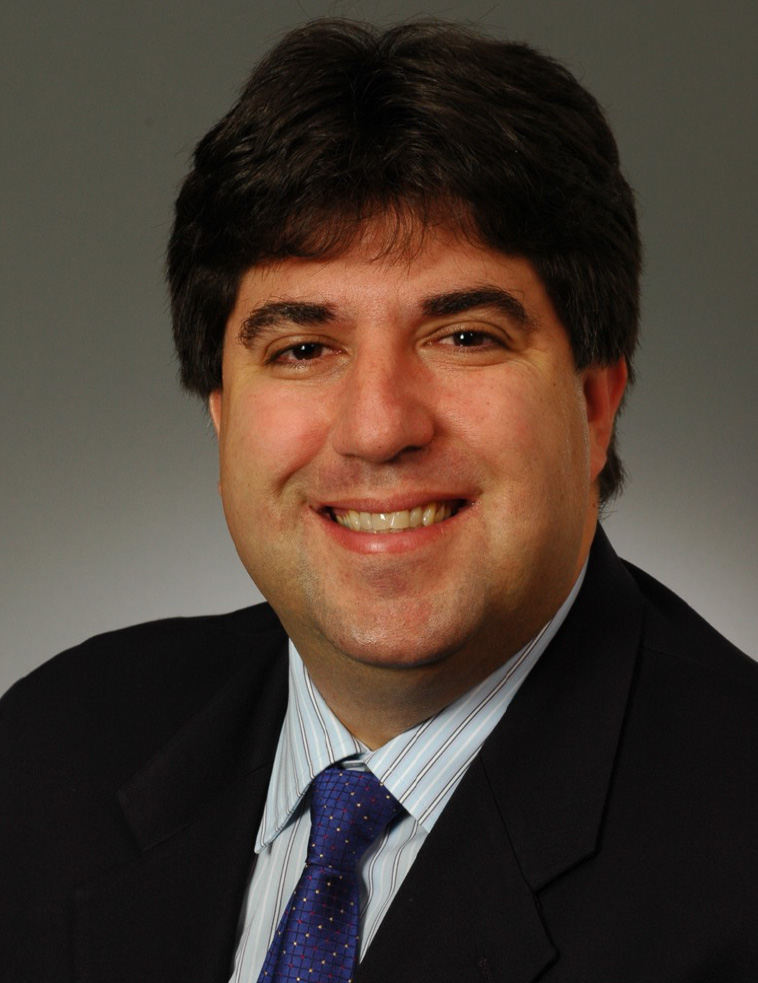
Emanuel Petricoin III, PhD
Distinguished University Professor, Co-Director, Center for Applied Proteomics and Molecular Medicine, George Mason University, Fairfax, VA
Dr. Emanuel F Petricoin has been the Co-Director of the Center for Applied Proteomics and Molecular Medicine (CAPMM) at George Mason University since 2005, where he is a University Professor. Prior to this position, he served as Co-Director of the FDA-NCI Clinical ProteomicsProgram and a Senior Investigator within the Center for Biologics Evaluation and Research at the FDA from 1993-2005. Dr. Petricoin received his PhD in Microbiology from the University of Maryland in 1990. The focus of the CAPMM is the invention and use of proteomics technologies for personalized therapy, and biomarker discovery. He is a co-founder of 3 life science companies. Dr. Petricoin’s expertise includes, precision oncology, precision medicine, development of genomics and proteomics-based companion diagnostics, proteomics and protein biomarkers, cell signaling, molecular diagnostic assay development, biologics and cellular therapeutics regulation, as well as artificial intelligence-based algorithms for therapy matching and precision oncology efforts. He has co-authored 525 publications (H-Index 119) and is a co-inventor on over 40 filed and published patents. He has received numerous awards including the Distinguished University Professorship at George Mason University, the NIH Director’s Award, FDA Distinguished Scientist Award, 2015 Innovator of the Year Award, GAP50 Top Virginia Entrepreneurs, Nifty 50 Award, American Society of Cytopathology Basic Research Award, the Roche Diagnostics/CLAS Distinguished Scientist Award, and the Harvard University Leading Edge Award and is a Kentucky Colonel. Dr. Petricoin is a member of the Board of Directors for the Gateway for Cancer Research Foundation, serves on the AACR Exploratory IND Clinical Trials Task Force, and has served as the GMU faculty representative to the George Mason Research Foundation, the GMU faculty representative to the Virginia Biosciences Health Research Committee, and faculty representative to the GMU Board of Visitors. He currently serves on the Distinguished University Professor Committee.
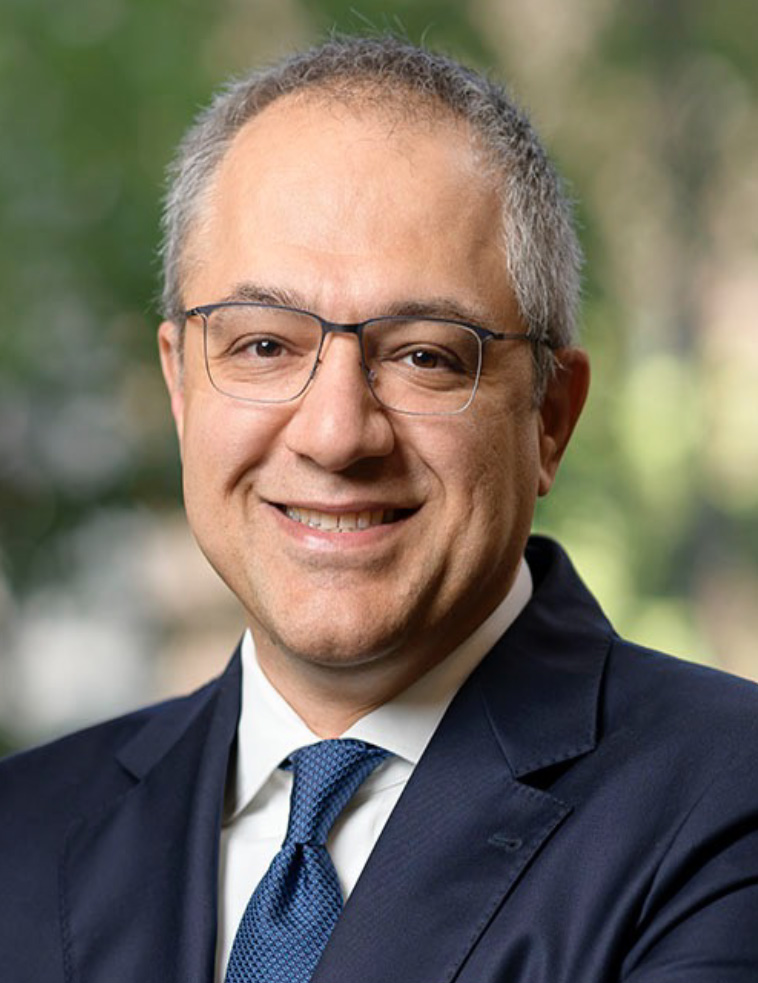
Pedram Razavi, MD, PhD
Director, MSK Breast Translational Platform, Director, Liquid Biopsy and Genomics. MSK Biomarker Development Program, Director, MSK Breast Molecular Tumor Board, Memorial Sloan Kettering Cancer Center,
New York, NY
Dr. Pedram Razavi is a Medical Oncologist and physician-scientist focusing on precision oncology in breast cancer. He leads MSK’s Breast Molecular Tumor Board and Breast Translational Platform and is the director of Liquid Biopsy and Genomics in the Biomarker Development Program. His research concentrates on integrative clinicogenomics and circulating tumor biomarkers to guide translational breast cancer research; characterize cancer on a systemic and molecular level; and to expand clinical applications of liquid biopsies. He leads several large-scale genomic and liquid biopsy studies on breast cancer evolution, biomarkers of response and resistance to targeted therapies, and outcomes prediction. These efforts have led to the identification of novel mechanisms of resistance to major targeted breast cancer therapy modalities while shedding light on new and potentially druggable genomic drivers of breast cancer. Dr. Razavi earned his medical degree from Tehran University of Medical Sciences and an MPH and a PhD in cancer epidemiology at the University of Southern California, followed by a postdoctoral fellowship at Channing Laboratory in Boston. He completed an internal medicine residency at USC and a medical oncology fellowship at MSK, where he was also a postdoctoral fellow focusing on cancer genomics in the laboratory of Dr. José Baselga. He joined MSK’s faculty in 2016.
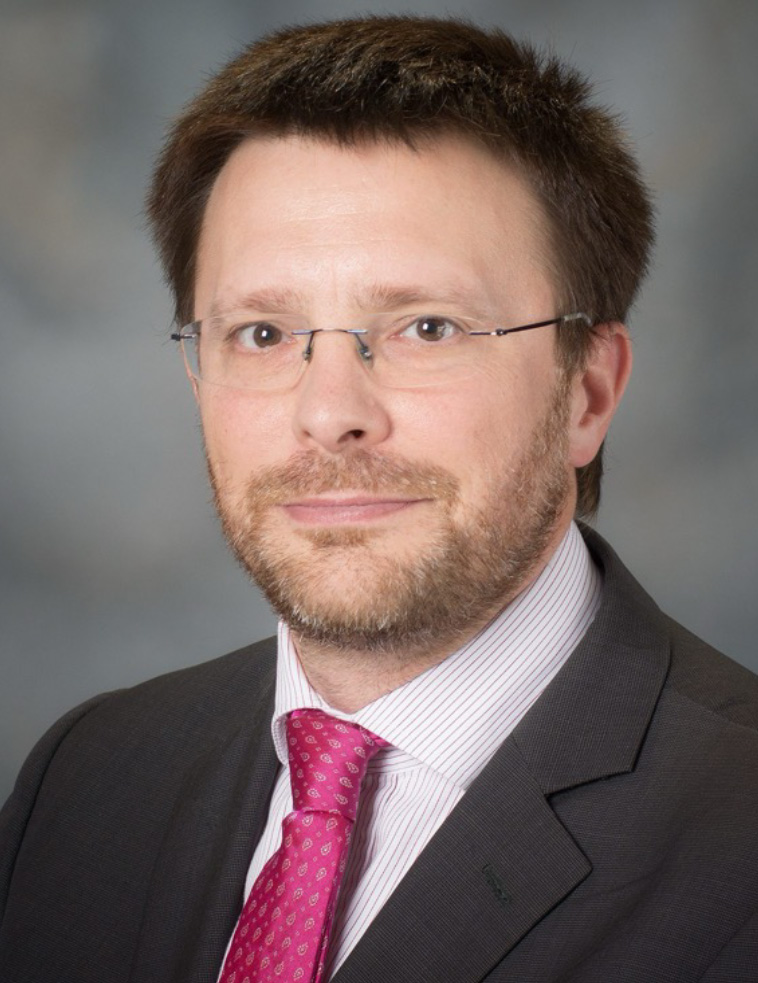
Jordi Rodon Ahnert, MD, PhD
Associate Professor, Department of Investigational Cancer Therapeutics, Division of Cancer Medicine, The University of Texas MD Anderson Cancer Center, Houston, TX
Dr. Jordi Rodón is an oncologist in Houston, Texas and is affiliated with University of Texas MD Anderson Cancer Center. He specializes in early drug development, biomarker discovery, personalized cancer medicine, and neuro-oncology. He received his medical and doctoral degrees from the Universitat Autonoma de Barcelona, and pursued post-graduate medical training at the Vall d’Hebron University Hospital. Dr. Rodón spent two years at the Advanced Drug Development program at the Institute for Drug Development (IDD) in San Antonio, Texas, and completed his training in drug development in ICT as a senior clinical research fellow. He joined the MD Anderson faculty in 2016 as an Associate Professor in the Department of Investigational Cancer Therapeutics (ICT) with a joint appointment in the Department of Genomic Medicine. Dr. Rodón also serve s as Associate Medical Director for the Institute for Personalized Cancer Therapy and Clinical Co-Director of the Precision Oncology Decision Support Group. Over the course of his career, Dr. Rodón has been the principal or co-principal investigator on over 30 early phase clinical trials focusing on a range of advanced solid malignancies, partnering with leaders in industry including Novartis, Merck, Eli Lilly, Genentech, Sanofi, and others.
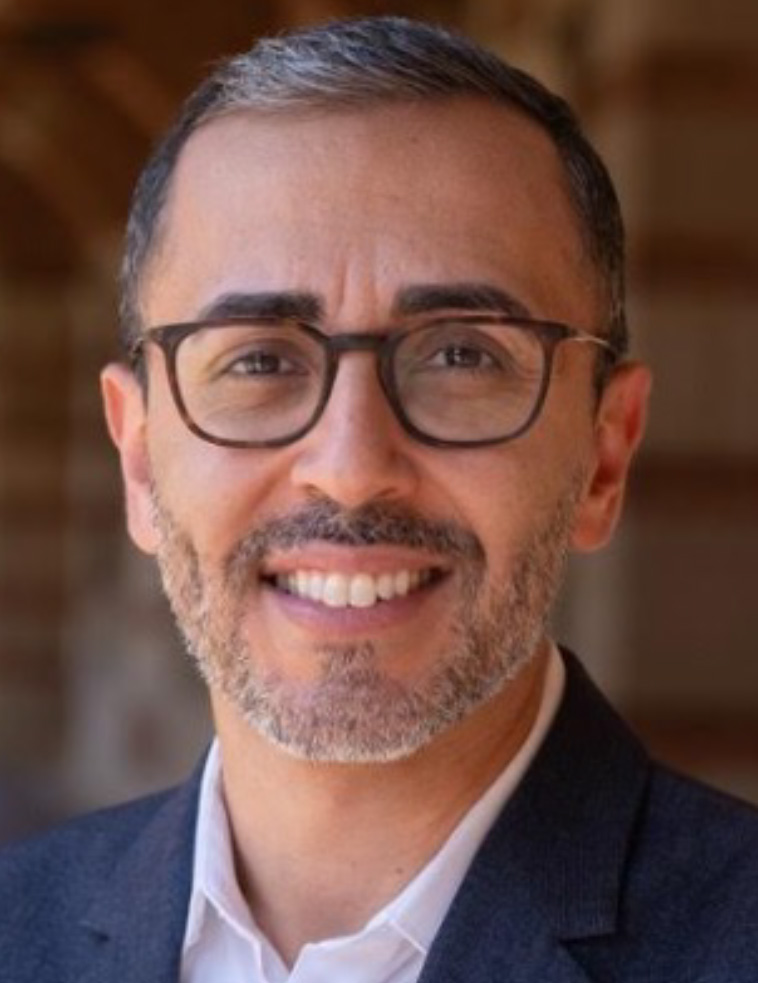
Mina S. Sedrak, MD, MS
Associate Professor of Medicine, Director of Cancer & Aging Program, David Geffen School of Medicine at UCLA, Los Angeles, CA
Dr. Mina Sedrak is an Associate Professor of Medicine and Director of the Cancer and Aging Program at the David Geffen School of Medicine at UCLA. He earned his B.A. from the University of Chicago, M.D. from Rush Medical College, and M.S. in Health Policy from the University of Pennsylvania, where he also completed his residency in internal medicine and fellowship in hematology/oncology. His research primarily centers on understanding the mechanisms underlying cancer therapy-induced accelerated aging. With this insight, Dr. Sedrak designs and develops clinical trials to test novel mechanism-based interventions aimed at mitigating, reversing, or preventing accelerated aging in cancer patients. His research has been recognized by the National Institute of Aging, receiving the Paul B. Beeson Emerging Leaders Career Development Award. In addition to his research, Dr. Sedrak actively promotes diversity and inclusion within oncology, particularly advocating for the representation of older and frail adults in cancer clinical trials. He also contributes to various scientific committees and professional societies, holding positions such as Vice Chair of the Alliance Cancer in the Older Adult Committee, Co-Chair of the Analytics Core in the Cancer and Aging Research Group, and Chair-Elect of the Research Committee for the American Society of Clinical Oncology.

Marla D. Lipsyc-Sharf, MD
Division of Hematology/Oncology, UCLA David Geffen School of Medicine, Santa Monica, CA
Dr. Marla Lipsyc-Sharf is a breast medical oncologist at the University of California Los Angeles (UCLA). She treats patients with breast cancer and is a dedicated clinical-translational breast cancer researcher. She has expertise in caring for premenopausal women with breast cancer, and her research is focused on hormone receptor positive breast cancers, young women with breast cancer, and prognostic and predictive biomarkers. Dr. Lipsyc-Sharf received her medical degree from Columbia University College of Physicians & Surgeons in New York, NY where she graduated with membership in the Alpha Omega Alpha and Gold Humanism honor societies. She completed her internal medicine internship and residency at Brigham and Women’s Hospital and her medical oncology fellowship at Dana-Farber Cancer Institute/Mass General Brigham, both in Boston, MA. She received her Bachelor of Science degree in applied mathematics at Columbia University and completed additional training in epidemiology and biostatistics through the Program in Clinical Effectiveness at the Harvard University T.H. Chan School of Public Health.
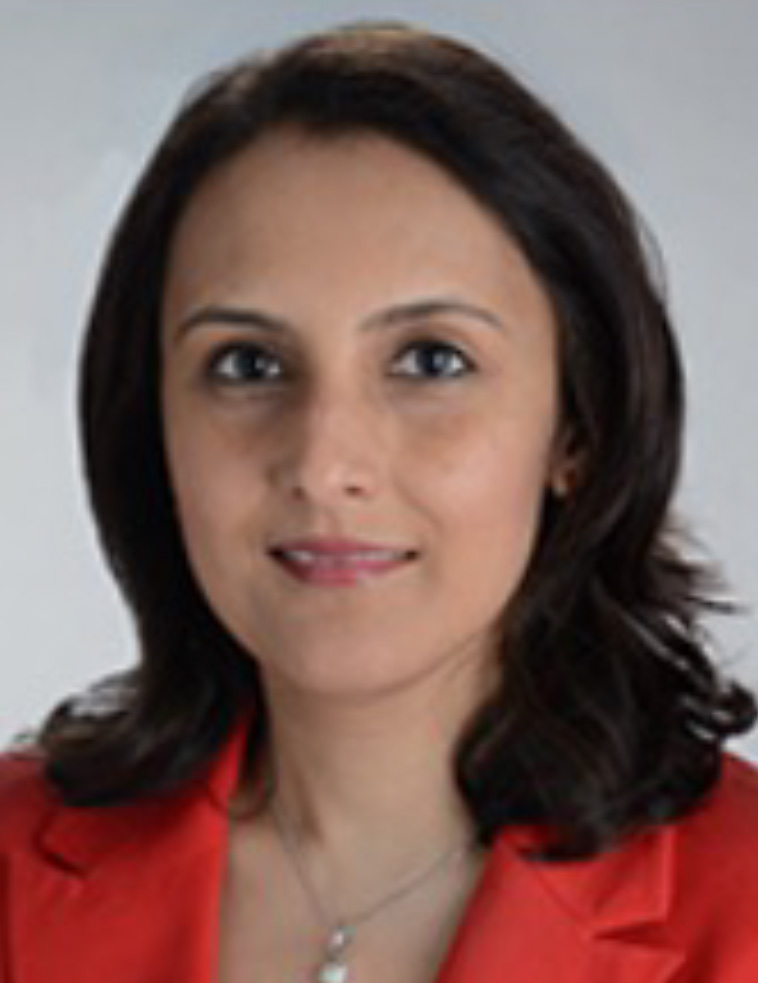
Priyanka Sharma, MD
Professor of Internal Medicine, Assistant Director of Clinical Research, Co-Leader of the Drug Discovery, Delivery, and Experimental Therapeutics Program, Vice Chair, SWOG Breast Committee, University of Kansas Medical Center, Kansas City, KS
Priyanka Sharma, MD, is the Frank B. Tyler Professor in Cancer Research at the University of Kansas Medical Center, Assistant Director of Clinical Research, and co-program leader for the Drug Discovery, Delivery & Experimental Therapeutics program at The University of Kansas Cancer Center. She is the institutional principal investigator for SWOG and co-PI for The University of Kansas Cancer Center– Masonic Cancer Alliance NCORP (NCI Community Oncology Research Program Minority/Underserved UG1). Dr. Sharma’s research interests include clinical and translational research in triple-negative breast cancer (TNBC) and assessment of novel therapeutic strategies for breast cancer. She has led several investigator-initiated trials assessing novel therapeutic agents for breast cancer and continues to serve as principal investigator for many ongoing breast cancer trials, including the ongoing SWOG S2212 (SCARLET) clinical trial for patients with early-stage TNBC. Dr. Sharma is the recipient of several grants including a Department of Defense (DOD) Breakthrough grant, the American Society of Clinical Oncology (ASCO) Advanced Clinical Research Award, The Mary Kay Foundation grant, and a Breast Cancer Research Foundation grant. Dr. Sharma is Vice-Chair of the SWOG Breast Committee and is a member of the SWOG Board of Governors and the NCI Breast Cancer Steering Committee. She is currently Chair of the ASCO Research Committee and serves on the American Joint Committee on Cancer (AJCC) Breast Expert Panel.
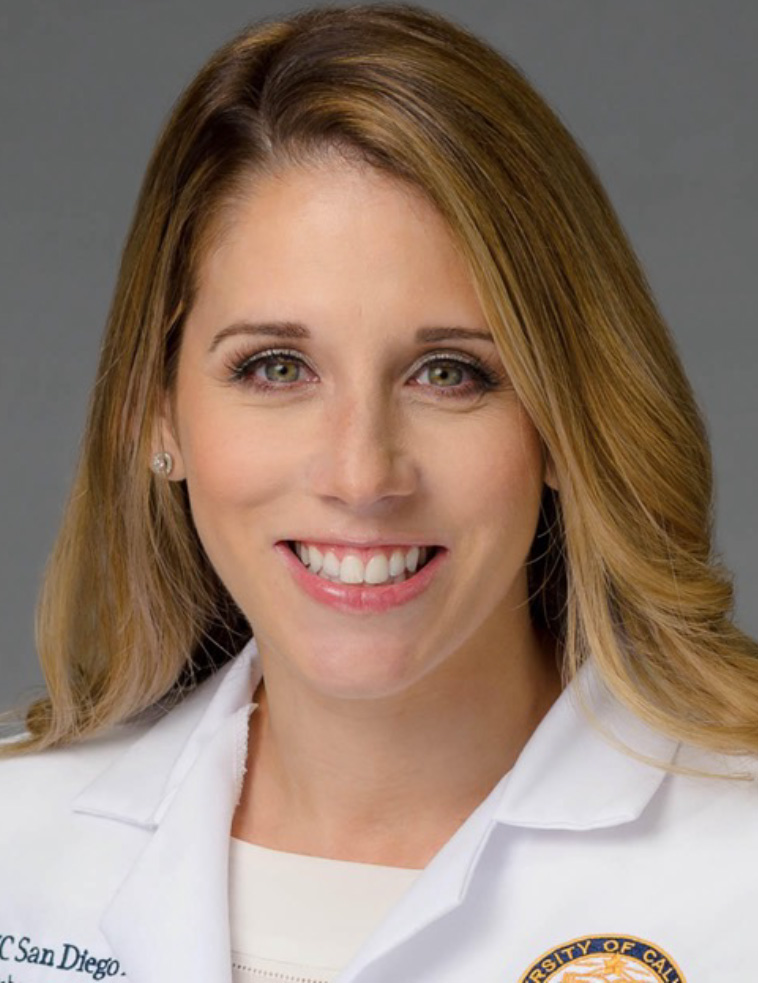
Rebecca A. Shatsky, MD
Associate Professor of Medicine, Breast Medical Oncology Co-Team Leader, Scientific Director Inflammatory and Triple Negative Breast Cancer Program, UC San Diego Comprehensive Breast Health Team, La Jolla, CA
Rebecca Shatsky, MD, serves as the breast medical oncology team co-team leader at the UC San Diego Health Moores Cancer Center. She is also the director of the breast cancer clinical trials and of the inflammatory and triple-negative breast cancer program. Dr. Shatsky has expertise in treating all breast cancer subtypes with a particular interest in the treatment of young women with breast cancer, lobular breast cancer, triple-negative breast cancer, metaplastic breast and cancer and breast cancer with brain metastases or leptomeningeal disease. She also started and leads a very active young breast cancer survivor group at UC San Diego. Dr. Shatsky uses numerous forms of therapy to treat her patients with breast cancer including endocrine therapy, chemotherapy, immunotherapy and molecularly matched targeted therapy. In metastatic breast cancer, she is known for her expertise in the interpretation and use of multi-omics to guide therapy choices. As an associate professor of medicine at UC San Diego School of Medicine, she is involved in translational research that focuses on the treatment of triple-negative breast cancer and lobular breast cancer and is funded by multiple sources, including grants from the Breast Cancer Research Foundation, the California Initiative to Advance Precision Medicine, CureBound and the alpha clinic. Her work has been published in Nature Medicine, The Journal of Clinical Oncology, JAMA Oncology, Breast Cancer Research, and Molecular Cancer Therapeutics, among others. Dr. Shatsky serves as the national co-chair of clinical trial operations of the I-SPY2 trial and is a scientific advisory board member for the International Lobular Breast Cancer Alliance. She is a current member of the American Society of Clinical Oncology's biomarker guideline panel for metastatic breast cancer and has previously been a member of the National Comprehensive Cancer Network (NCCN) guideline panel for genetic/high-risk assessment of breast, ovarian, and pancreatic cancer, and the NCCN panel for the treatment of cancer-associated pain. She completed a breast cancer-focused clinical and research fellowship in hematology/oncology at UC San Diego School of Medicine, and a residency in internal medicine at UC Los Angeles David Geffen School of Medicine. Dr. Shatsky earned her medical degree from University of Southern California (USC) Keck School of Medicine. She completed undergraduate studies at Cornell University. Dr. Shatsky is board certified in internal medicine, hematology and medical oncology.
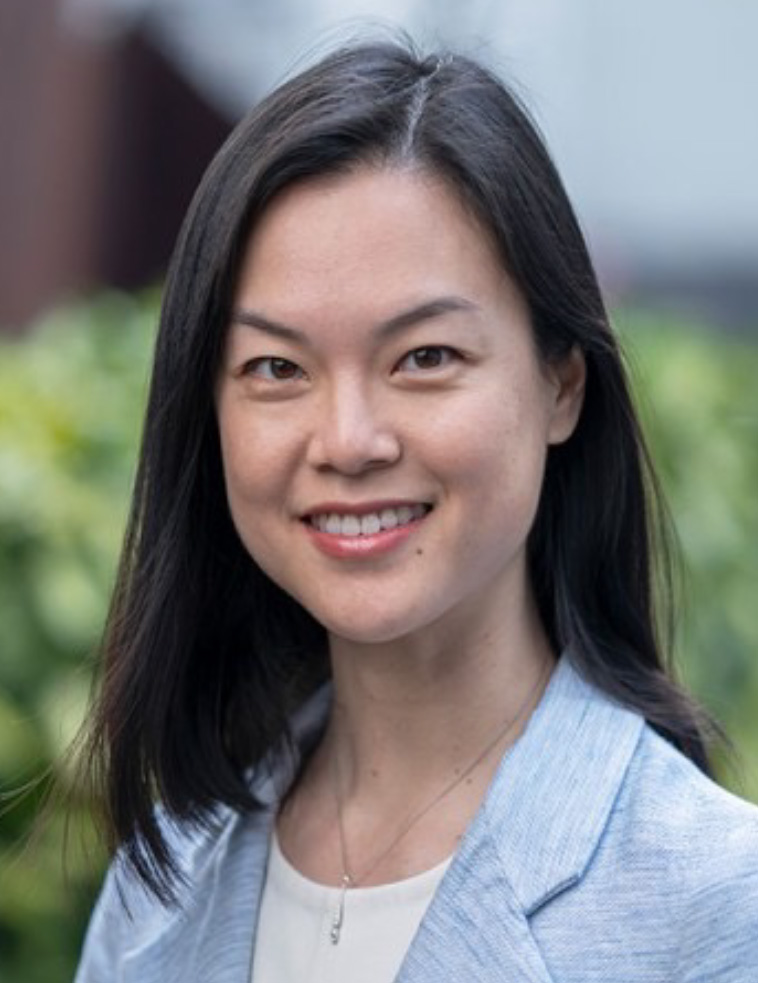
Sherry Shen, MD
Assistant Attending L1, Breast Medicine Service, Co-Lead, Lobular Breast Cancer Program, Memorial Sloan Kettering Cancer Center, New York, NY
Dr. Sherry Shen is a medical oncologist and clinical investigator at Memorial Sloan Kettering Cancer Center, where she serves as the Co-Director of the Lobular Breast Cancer Program. She earned her medical degree from Columbia University, followed by residency in internal medicine. She conducted her fellowship from Memorial Sloan Kettering Cancer Center in hematology and medical oncology. Her research focuses on developing new treatments for estrogen receptor-positive metastatic breast cancer. Dr. Shen hopes to identify new treatments that are effective and improve quality of life for patients with ER+ MBC.
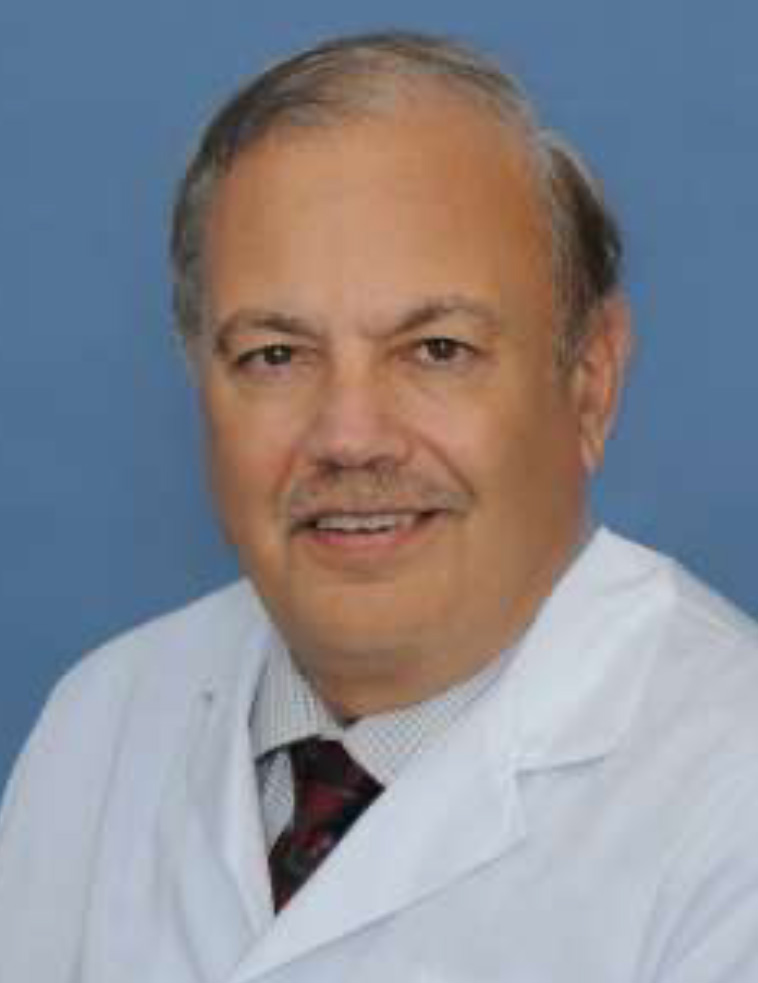
Dennis Slamon, MD, PhD
Professor, Chief, and Executive Vice Chair for Research, Department of Medicine, UCLA Medical Center, Santa Monica, CA
Dr. Dennis J. Slamon serves as director of Clinical/Translational Research, and as director of the Revlon/UCLA Women's Cancer Research Program at JCCC. He is a professor of medicine, chief of the Division of Hematology/Oncology and executive vice chair for research for UCLA's Department of Medicine. A 1975 honors graduate of the University of Chicago's Pritzker School of Medicine, Slamon earned his PhD in cell biology that same year. He completed his internship and residency at the University of Chicago Hospitals and Clinics, becoming chief resident in 1978. One year later, he became a fellow in the Division of Hematology/Oncology at UCLA. Dr. Slamon has focused his research career on the development of novel therapies for breast cancer. He was presented with the Lasker-DeBakey Clinical Medical Research Award for his revolutionary work in the development and utilization of Herceptin in breast cancer. Dr. Slamon has practiced medicine and conducted cancer research at UCLA for over 40 years, dedicating his life to improving cancer therapies and the lives of patients around the world.
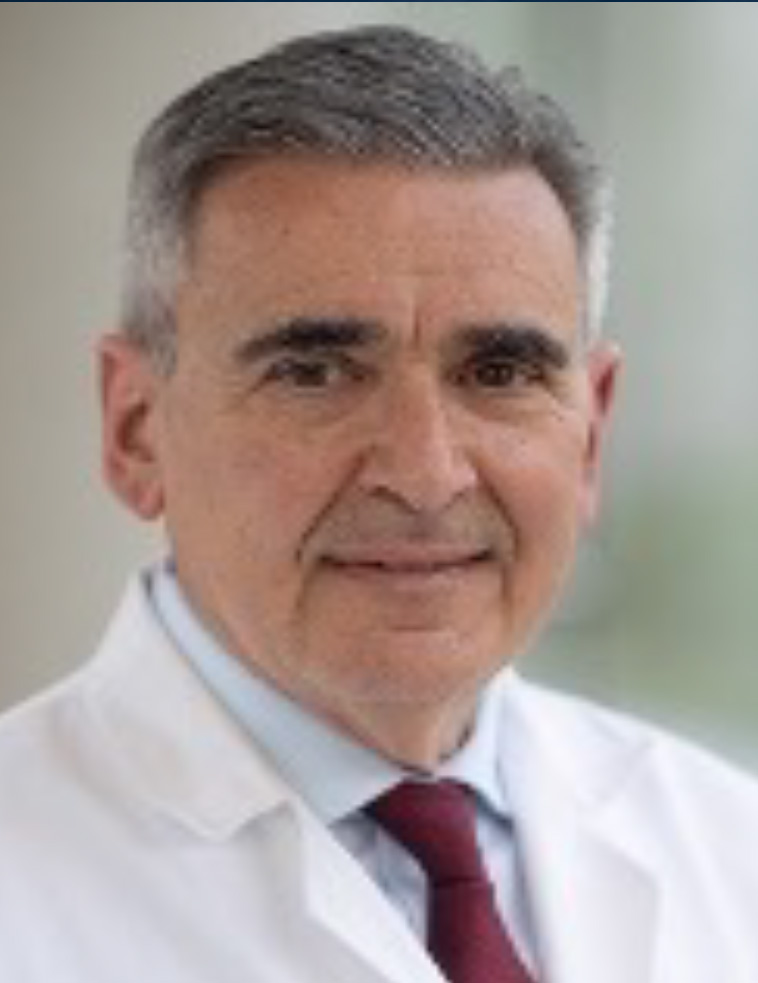
Joseph A. Sparano, MD
MD Professor in Clinical Cancer Therapeutics,, Deputy Director, Tisch Cancer Institute, Chief, Division of Hematology/Oncology, Icahn School of Medicine at Mt. Sinai, New York, NY
Dr. Joseph A. Sparano is a Professor in Clinical Cancer Therapeutics, Chief of the Division of Hematology Oncology, and Deputy Director of the Tisch Cancer Institute at the Icahn School of Medicine at Mount Sinai in New York. He is a graduate of the Sophie Davis School of Biomedical Education at the City College of New York, and New York Medical College. Dr. Sparano has led several major NCI-funded trials that have shaped the landscape of breast cancer therapy and clinical practice guidelines, including the TAILORx trial which demonstrated the clinical utility of using the 21-gene Oncotype DX Recurrence Score to guide adjuvant chemotherapy use, and the ECOG E1199 trial which demonstrated that adjuvant weekly paclitaxel improved survival in early breast cancer. He played a leading role in developing the RSClin decision aid that is now widely used in clinical practice. He also reported one of first studies demonstrating the potential role of liquid biopsies for predicting late breast cancer recurrence years after diagnosis. Dr. Sparano’s work has been devoted to addressing cancer disparities in vulnerable populations. He has contributed to work showing higher rates of taxane-induced neuropathy in black women and genetic variants associated with this risk, leading to new strategies to reduce the risk of developing this complication. Dr. Sparano has been continuously funded as a principal investigator by NCI since 2001 via a variety of award mechanisms, including a UG1-funded minority underserved NCORP site at Montefiore/Einstein (from 2014-2021), N01-funded New York Cancer Consortium (from 2005-2011), and UM1-funded AIDS Malignancy Consortium (from 2020-present). He has also received funding from the Breast Cancer Research Foundation, V Foundation, Komen Foundation, and American Cancer Society.
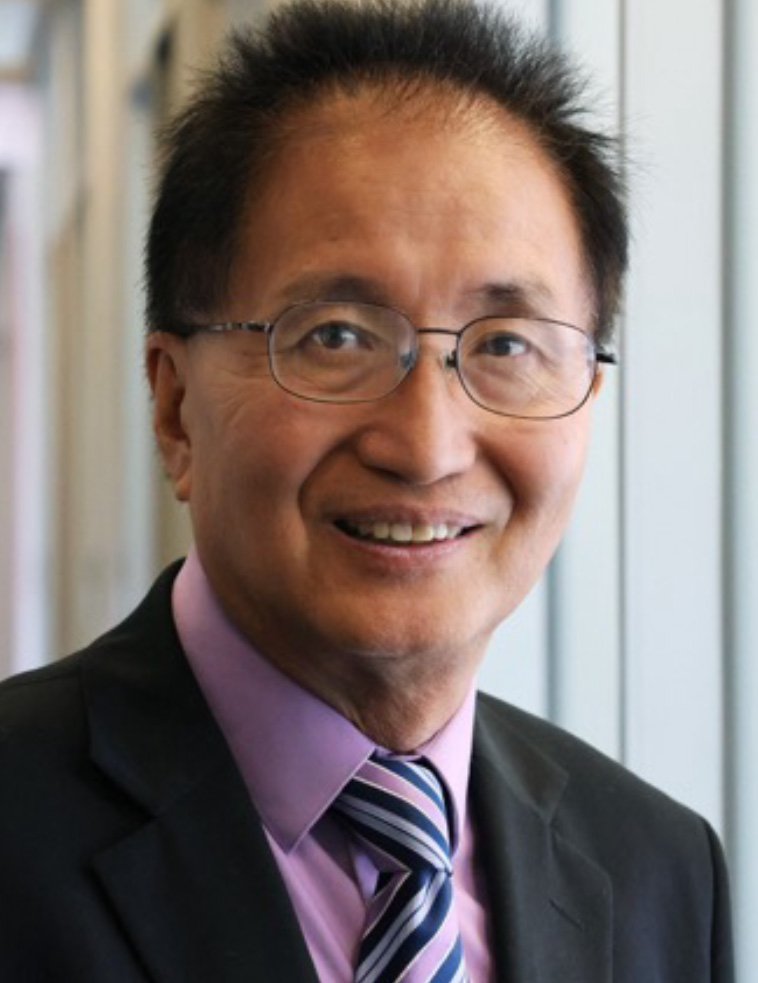
Shou-Ching Tang, MD, PhD, FACP, FRCPC
Associate Dean for Translational Research, LSU School of Medicine, Frances Zuppardo Endowed Professor in Cancer Research, Director of Phase I Clinical Trials, Associate Director, Clinical Research, LSU-LCMC Cancer Center, Louisiana State University (LSU) Health Sciences Center, New Orleans, LA
Shou-Ching Tang, MD, PhD, FACP, FRCPC, is a world-renowned clinician scientist and cancer center administrator with a passion for cancer clinical and translational research and breast cancer prevention, diagnosis, and treatment. He is certified in medical oncology by the American Board of Internal Medicine and the Royal College of Physicians and Surgeons of Canada. He currently serves as Associate Dean of Translational Research and Tenured Professor at the LSU Health New Orleans School of Medicine, Associate Director for Clinical Research at the Louisiana Cancer Research Center, and Director of the Phase I Clinical Trials Program. As Associate Director for Clinical Research, Dr. Tang is responsible for organizing research programs in clinical research that foster collaboration, innovation, and impact, and engaging members and facilitating careers in clinical cancer research. In addition, Dr. Tang is working with junior clinical faculty as part of a mentoring program. As the Associate Dean for Translational Research, Dr. Tang provides leadership and strategic direction on the clinical and translational research efforts across the LSU Health New Orleans School of Medicine.

Megan Tesch
Physician, Instructor in Medicine, Dana-Farber Cancer Institute, Harvard Medical School, Boston, MA
Dr. Megan Tesch is a medical oncologist and serves as an Instructor in Medicine at the Dana-Farber Cancer Institute, specializing in breast cancer care, with a particular focus on young adults. Dr. Tesch earned her medical degree from Memorial University of Newfoundland in 2015 and completed her internal medicine residency at the same institution. She pursued further training in medical oncology at BC Cancer in Vancouver, British Columbia, where she served as Chief Resident in her final year. Subsequently, she completed a fellowship in advanced breast cancer at Dana-Farber Cancer Institute. Her research focuses on investigating unique clinical and biological aspects that contribute to disparities in outcomes for young adults with breast cancer. Dr. Tesch is actively involved in the Young and Strong Program at Dana-Farber, which is dedicated to addressing the specific needs of young women diagnosed with breast cancer.
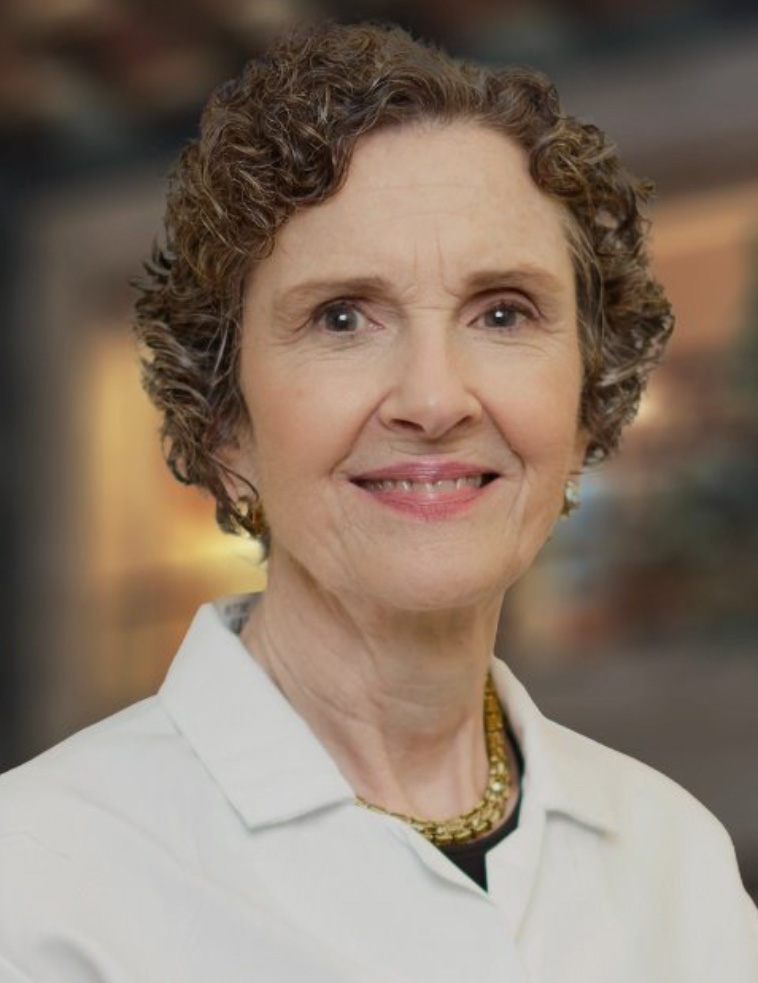
Joyce O’Shaughnessy, MD
Celebrating Women Chair in Breast Cancer Research, Chair, Breast Cancer Research Program, Baylor University Medical Center, Texas Oncology/US Oncology Network, Dallas, TX
Dr. O'Shaughnessy is the Celebrating Women Chair in Breast Cancer Research at Baylor University Medical Center, and Chair of Breast Cancer Research for the US Oncology Network in Dallas, TX. Dr. O'Shaughnessy specializes in medical oncology and focuses her practice and clinical research on breast cancer treatment. She founded The School of Breast Oncology, a program providing a curriculum-based program focused exclusively on breast cancer clinical management. She earned her medical degree from Yale University School of Medicine and completed her residency in Internal Medicine at Massachusetts General Hospital, and fellowship in Medical Oncology from the National Cancer Institute. She has authored or co-authored more than 250 peer-reviewed articles that have been published in journals such as Breast Cancer Research and Treatment, Clinical Breast Cancer, Journal of Clinical Oncology, and Annals of Oncology. Dr. O'Shaughnessy serves as Diplomate of the American Board of Internal Medicine and National Board of Medical Examiners. She is a member of the American Association for Cancer Research, American Society of Clinical Oncology, American Medical Women's Association, and Texas Medical Association.

Christos Vaklavas, MD
Associate Professor, Huntsman Cancer Institute, University of Utah, Salt Lake City, UT
Dr. Christos Vaklavas is an associate professor at the Hunstman Cancer institute. He received his MD degree from the Aristotle University of Thessaloniki in Greece, completed his residency in Internal Medicine at the University of Texas at Houston. After a fellowship at the Phase I program at MD Anderson, he went on to complete his fellowship in Hematology and Medical Oncology at the University of Alabama at Birmingham where he was retained as faculty. Dr. Vaklavas is a translational scientist bringing all the basic science done in the Institute closer to clinical applications. As the Physician Leader in Breast Cancer at the Huntsman Cancer Institute, he is responsible for the clinical research portfolio in breast cancer and leads many clinical trials that intend to bring the basic science conducted at Huntsman Cancer Institute closer to clinical applications. He is the recipient of multiple awards including a Young Investigator Award from ASCO, a Career Catalyst Award in Basic and Translational Research from Susan G Komen, and the very first recipient of the Daniel D. Von Hoff Innovative Protocol Award from the ASCO and AACR.
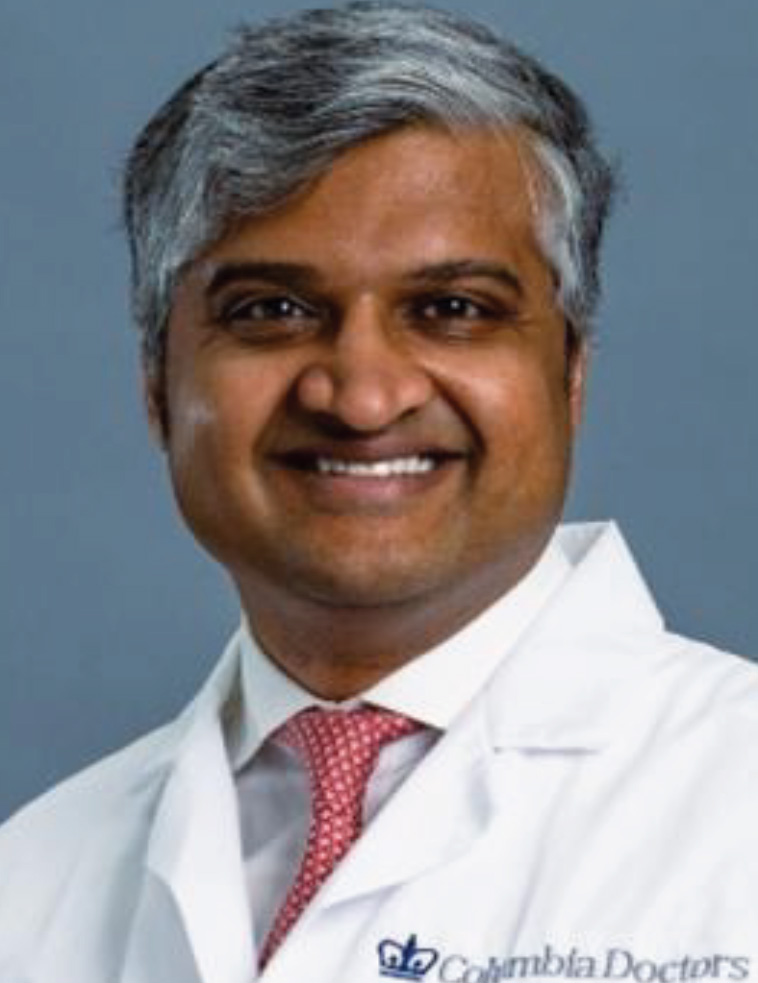
Neil Vasan, MD, PhD
Director of Breast Cancer Translational Research, Assistant Professor, NYU Langone Health, New York, NY
Neil Vasan, MD, PhD is an Assistant Professor and Director of Translational Research in Breast Cancer at the Perlmutter Cancer Center, NYU Grossman School of Medicine, NYU Langone Health. He earned his AB/AM in Chemistry from Harvard University and his MD/PhD from Yale University School of Medicine, completing his internal medicine residency at Massachusetts General Hospital and a medical oncology fellowship at Memorial Sloan Kettering Cancer Center. Dr. Vasan’s laboratory leverages functional genomics to dissect how oncoproteins regulate breast cancer cell signaling and therapeutic response, with a particular focus on phosphoinositide 3-kinase (PI3K) pathway alterations and the development of predictive biomarkers. His seminal discovery that “double” PIK3CA mutations hyperactivate PI3K has translated into an early-phase clinical trial evaluating PI3Kα inhibitors in patients harboring these dual-mutant breast cancers. An active clinician-scientist, he treats patients under both standard-of-care and investigational protocols and contributes to multidisciplinary efforts to personalize breast cancer therapy
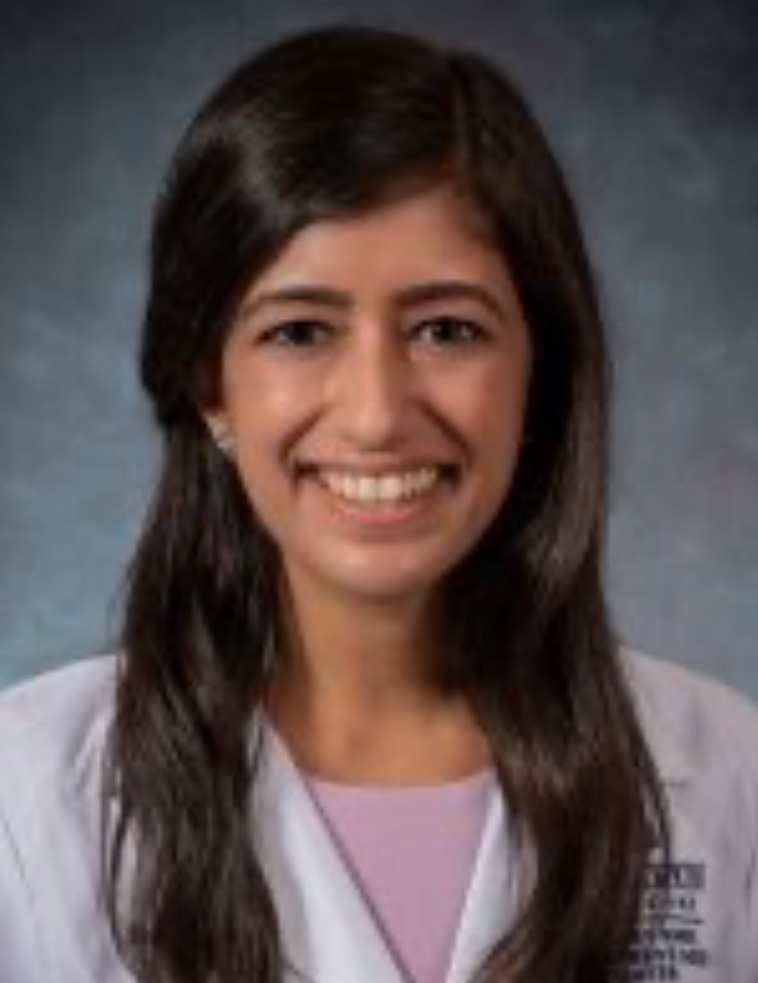
Neha Verma, MD
Medical Oncologist, PGY-6, Johns Hopkins Hospital, Baltimore, MDN
Dr. Neha Verma is a breast medical oncologist at the Duke University School of Medicine. She completed her residency and fellowship training at the Johns Hopkins University School of Medicine. She is interested in translational research and clinical trial development investigating novel therapeutic approaches for patients with breast cancer.
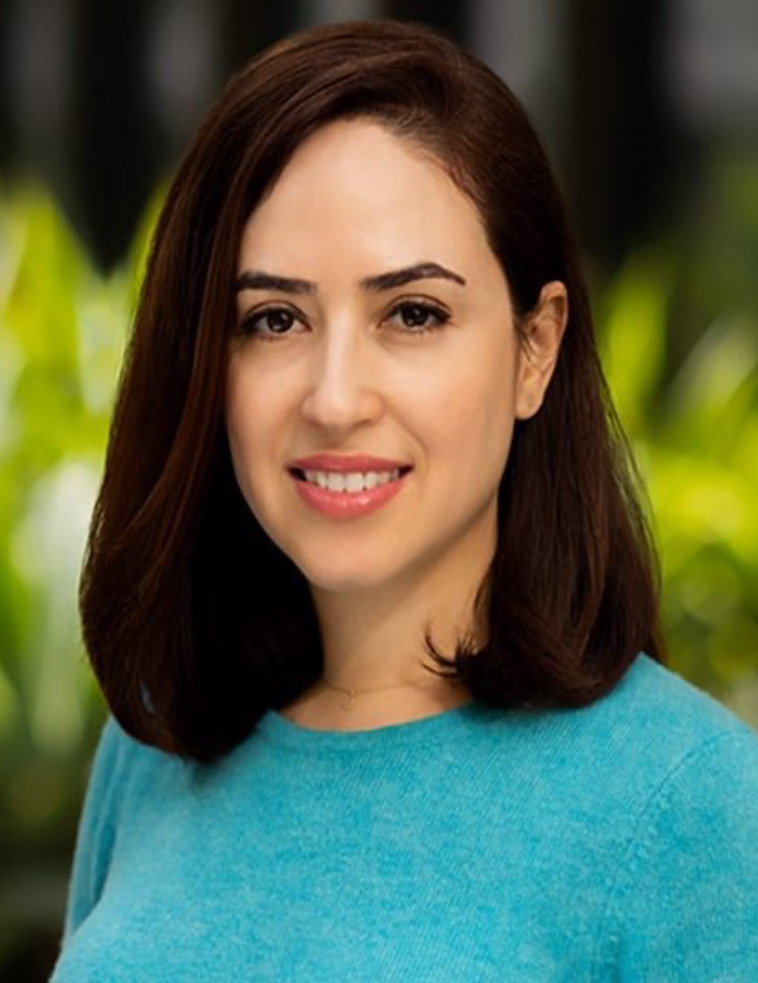
Elham Vosoughi, MD
Medical oncologist, UCSF Health, San Mateo, CA
Dr. Elham Vosoughi is a hematologist-oncologist who cares for patients with breast cancer. Dr. Vosoughi earned her medical degree at the Mazandaran University of Medical Sciences in Iran. She completed a residency in internal medicine at San Joaquin General Hospital and a fellowship in hematology-oncology at the University of California, Irvine School of Medicine. Dr. Vosoughi's research focuses on designing and conducting clinical trials for early stage and metastatic breast cancer.
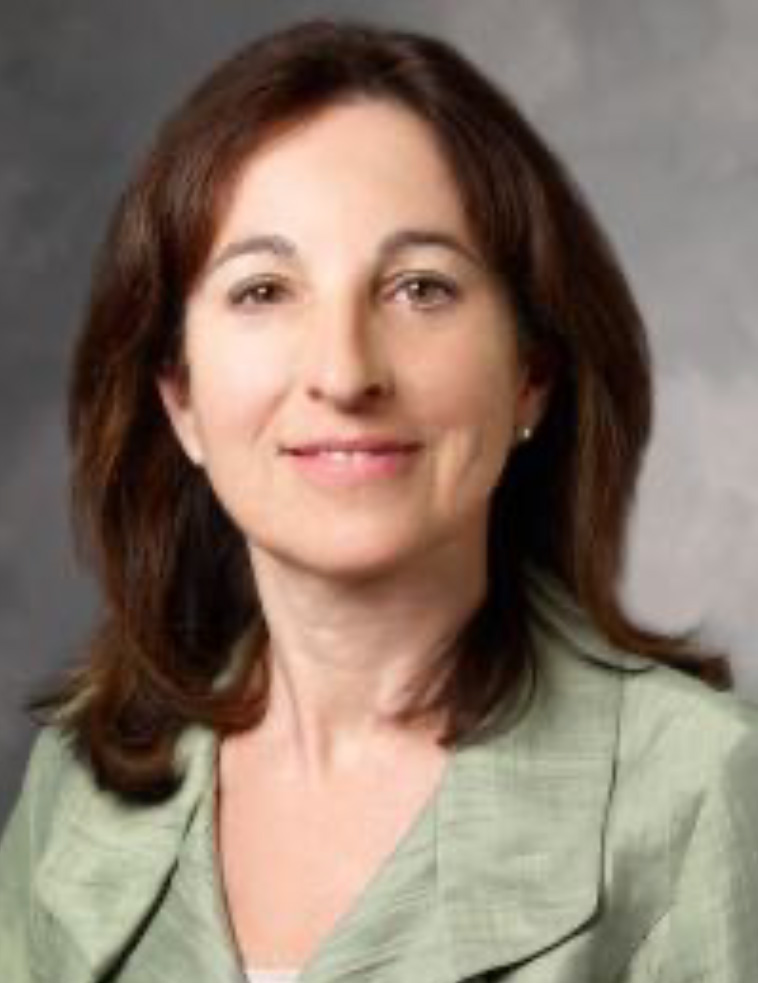
Irene Wapnir, MD
Professor of Surgery, Department: Surgery - General Surgery, Stanford Cancer Center, Palo Alto, CA
Dr. Irene Wapnir is Professor of Surgery (General Surgery) at Stanford University School of Medicine and a surgical oncologist at the Stanford Cancer Center, where she specializes in breast surgical oncology. She earned her M.D. from Universidad Autónoma Metropolitana in Mexico City in 1980. Dr. Wapnir completed her internship and general surgery residency at Lincoln Medical and Mental Health Center/New York Medical College, was board-certified in General Surgery, and pursued a Breast Disease Fellowship at Rutgers Robert Wood Johnson Medical School. Clinically, Dr. Wapnir focuses on breast-conserving surgery, nipple-sparing mastectomy, and sentinel lymph node biopsy, and has pioneered techniques to improve perfusion in mastectomy flaps and innovate autologous reconstruction methods. Her research spans bench to bedside, from elucidating the role of the sodium-iodide symporter in breast tissue to co-chairing the CALOR trial on isolated locoregional recurrence, leading institution-initiated studies such as the NORDIS neoadjuvant radiation trial, and serving on NRG Oncology and NCI-BOLD task forces to advance systemic therapies for recurrent breast cancer
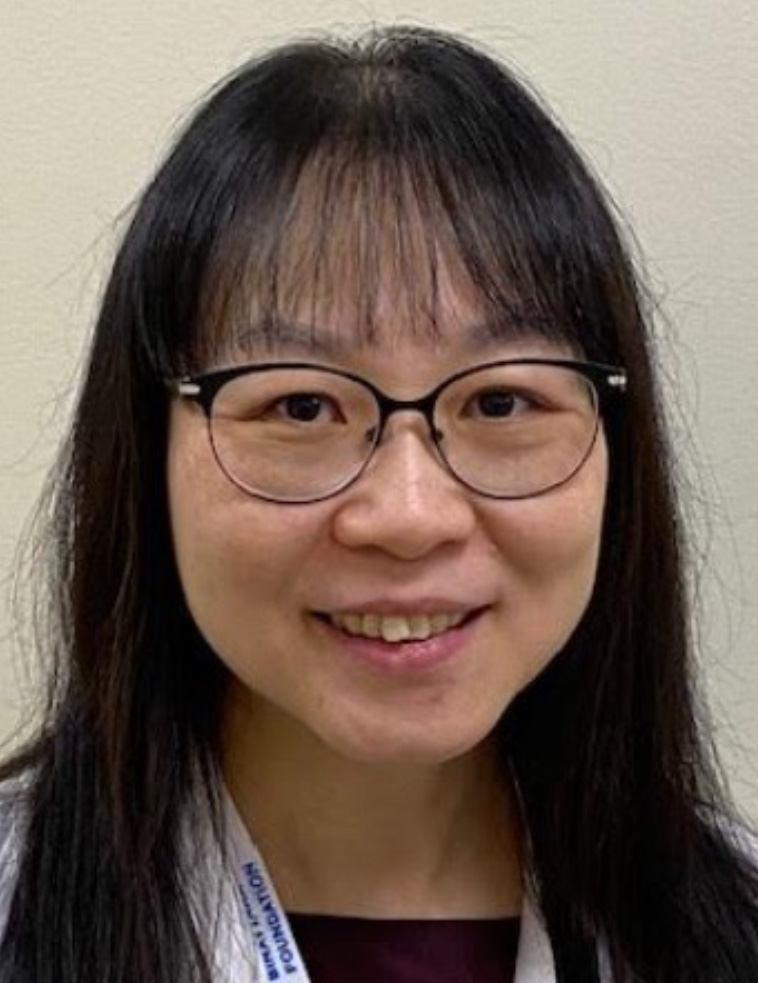
Mei Wei, MD
Associate Professor, Huntsman Cancer Institute, University of Utah, Salt Lake City, Utah
Dr. Mei Wei is a medical oncologist at huntsman cancer institute, University of Utah. She is an an associate professor of Medicine, specialized in breast cancer. Her research focuses on prospective study such as clinical trials and resorptive study utilizing data from large databases such as SEER and Flatiron data. She is particularly interested in HER2 positive breast cancer. She is a PIs of many clinical trials. She is the member of breast cancer NCCN panel. She is also an active breast oncology committee member of NRG and Alliance. Additionally, she is a strong advocate for telemedicine in oncology care.
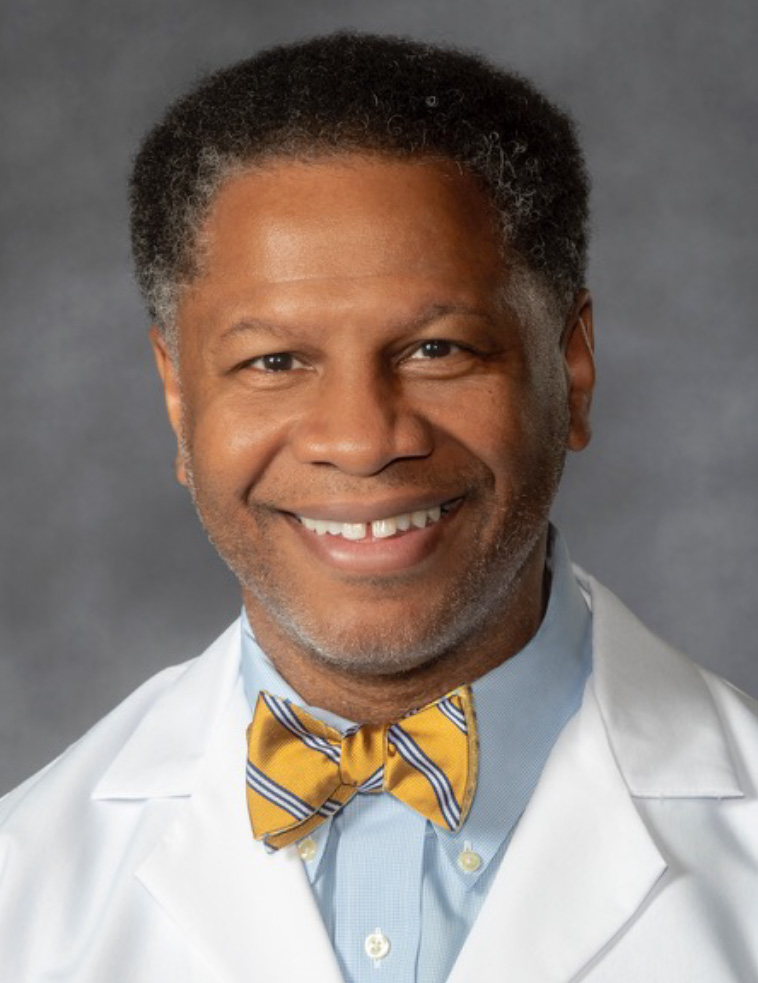
Robert A. Winn, MD
Director & Professor, School of Medicine Internal Medicine, Virginia Commonwealth University, Massey Comprehensive Cancer Center,
Richmond, VA
Dr. Robert A. Winn is the Director and Lipman Chair in Oncology at Virginia Commonwealth University Massey Comprehensive Cancer Center, where he also serves as Senior Associate Dean for Cancer Innovation and Professor of Pulmonary Disease and Critical Care Medicine at the VCU School of Medicine. He is nationally recognized for pioneering a 21st-century model of cancer care that integrates community engagement, health equity, and translational research. Under his leadership, VCU Massey achieved National Cancer Institute Comprehensive Cancer Center designation in 2023, reflecting its excellence in research, education, and community outreach. Dr. Winn earned his B.A. from the University of Notre Dame and his M.D. from the University of Michigan Medical School. He completed his internal medicine residency at Rush-Presbyterian-St. Luke’s Medical Center in Chicago and a fellowship in pulmonary and critical care medicine at the University of Colorado Health Sciences Center in Denver. Dr. Winn's research focuses on the molecular mechanisms of lung cancer, particularly the Wnt signaling pathway, and the development of novel therapeutic approaches. He has authored over 80 peer-reviewed publications and has been continuously funded by the NIH and Veterans Affairs for nearly two decades. Dr. Winn also serves as President of the Association of American Cancer Institutes, Chair of the National Cancer Policy Forum of the National Academies and is a fellow of the American Association for Cancer Research Academy.
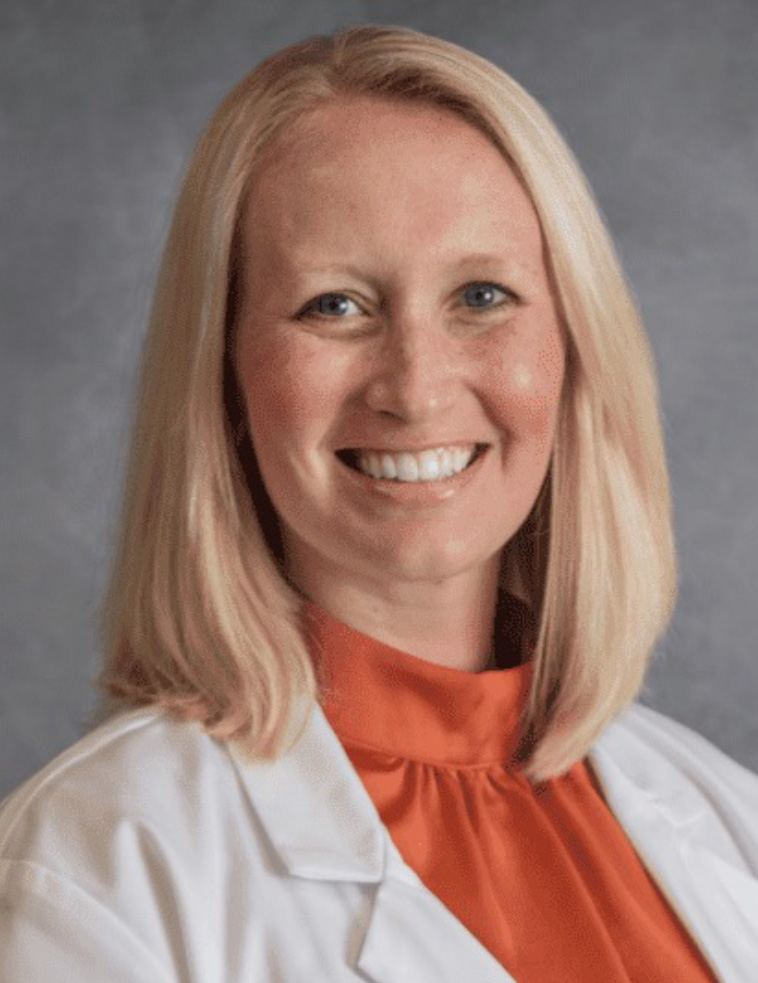
Sarah J. Wood, MD
Breast Medical Oncologist, Tennessee Oncology, Nashville, TN
Dr. Sarah J. Wood, MD, is a board-certified medical oncologist and hematologist at Tennessee Oncology in Cleveland, Tennessee. She earned her medical degree from the University of Tennessee Health Science Center, followed by residency at the University of Virginia Medical Center and a fellowship at the Winship Cancer Institute of Emory University. Her clinical expertise encompasses a broad spectrum of hematologic and oncologic conditions, with a particular focus on triple-negative breast cancer. Dr. Wood has co-authored multiple peer-reviewed publications, contributing to the advancement of cancer treatment and patient care. She is an active member of the American Society of Clinical Oncology, the American Society of Hematology, and the Alpha Omega Alpha Honor Medical Society, reflecting her commitment to excellence in the field.
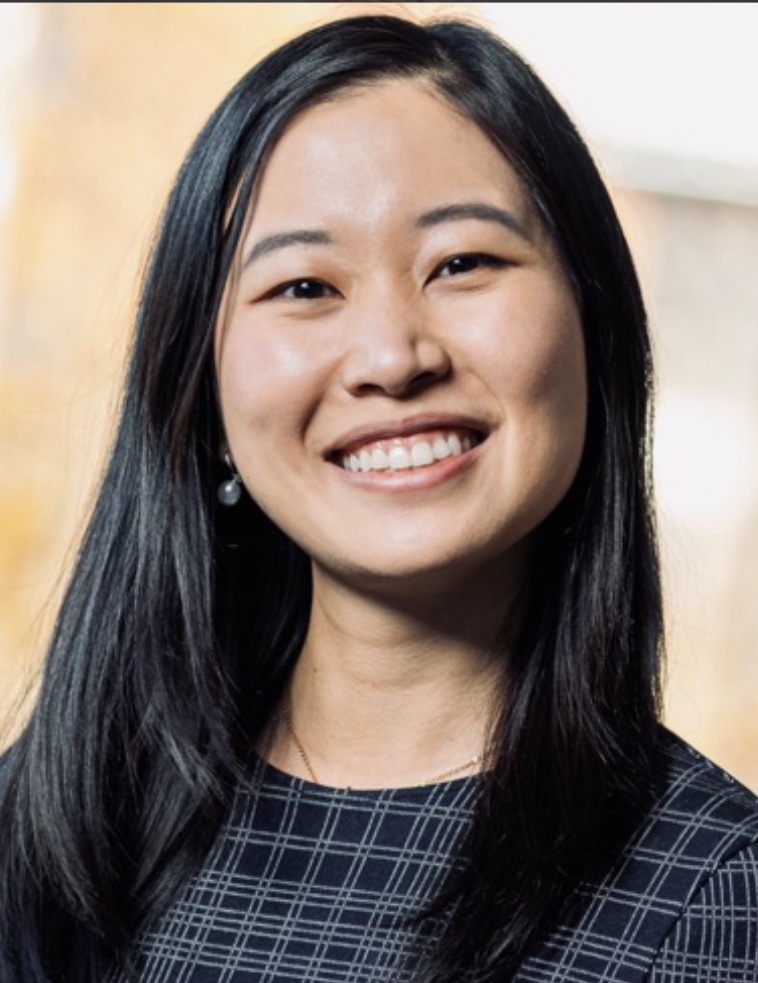
Lesley Wu, MD
Assistant Professor of Medicine, Boston University School of Medicine, Director of Cancer Genetics, Breast Medical Oncologist, Section of Hematology and Medical Oncology, Boston Medical Center, Boston, MA
Dr. Lesley Wu, MD is an Assistant Professor of Medicine at Boston University School of Medicine (BUSM) and Boston Medical Center (BMC). Her clinical and research interests center on breast cancer, cancer genetics, and personalized medicine. She currently serves as the Director of the Cancer Genetics Program at BMC, for which she is responsible for expanding the high-risk cancer genetics clinic while providing leadership to the cancer genetic counseling team. She recently received certification from the City of Hope Intensive Course in Genetic Cancer Risk Assessment. Dr. Wu completed her internal medicine residency at Mount Sinai and fellowship in hematology-oncology at BUSM/BMC where she was selected as chief fellow. As a tribute to her contributions to the fellowship program, Dr. Wu received the Dr. Kevan Hartshorn Citizenship Award. She is an active member of the Chinese American Hematologist Oncologist Network, Clinical Cancer Genomics Community of Practice, and American Society of Clinical Oncology.
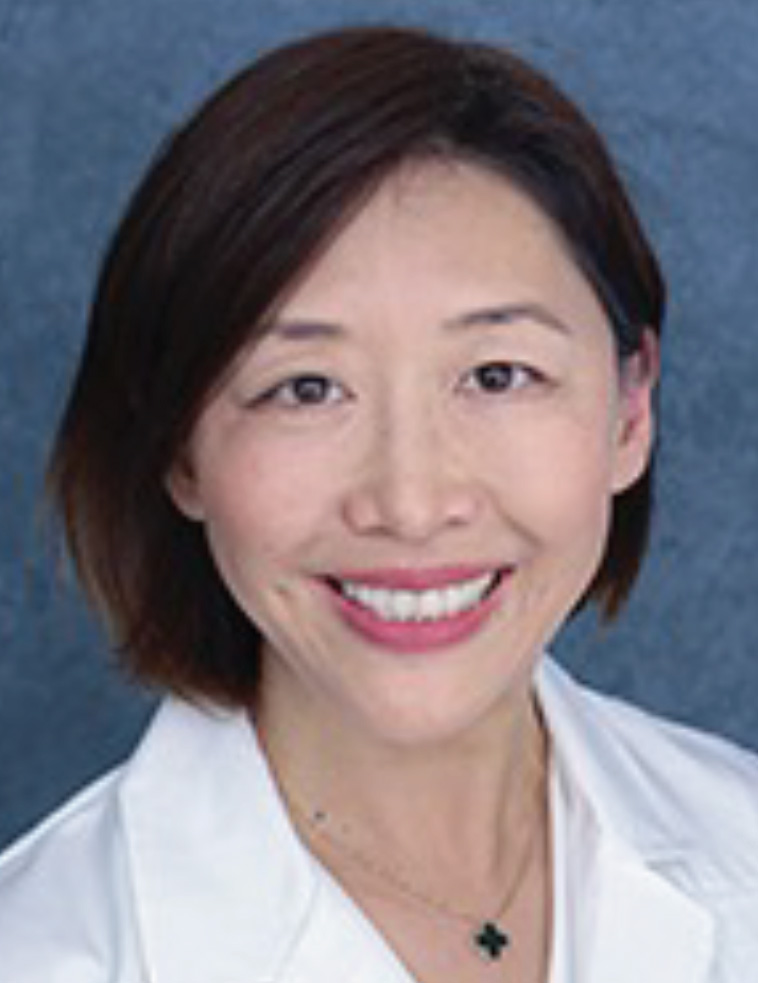
Yuan Yuan, MD, PhD
Professor, Cedars-Sinai Medical Center, Director Breast Medical Oncology Medicine, Medical Director ,Breast Oncology, Disease Research Group, Los Angeles, CA
Dr. Yuan Yuan is a Professor of Medicine and Director of Breast Oncology and Medical Director of Breast Cancer Research at Cedars-Sinai Medical Center. She also hold appointment as Health Sciences Clinical Professor at UCLA.
DAVA Oncology, PMB Box # 108, 5930 Royal Ln, Ste E, Dallas, TX 75230, www.davaonc.com

